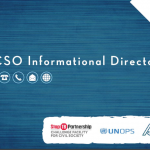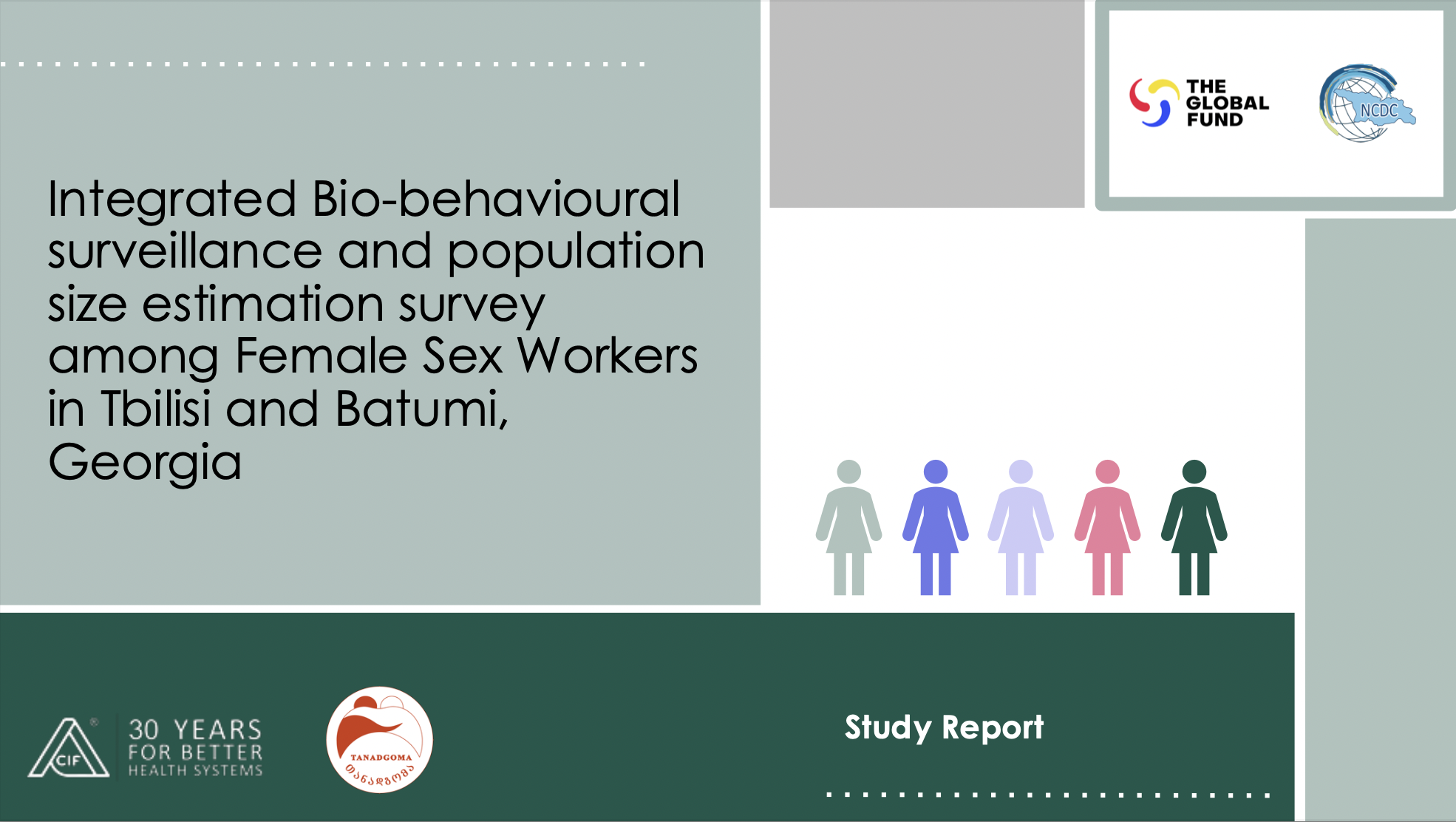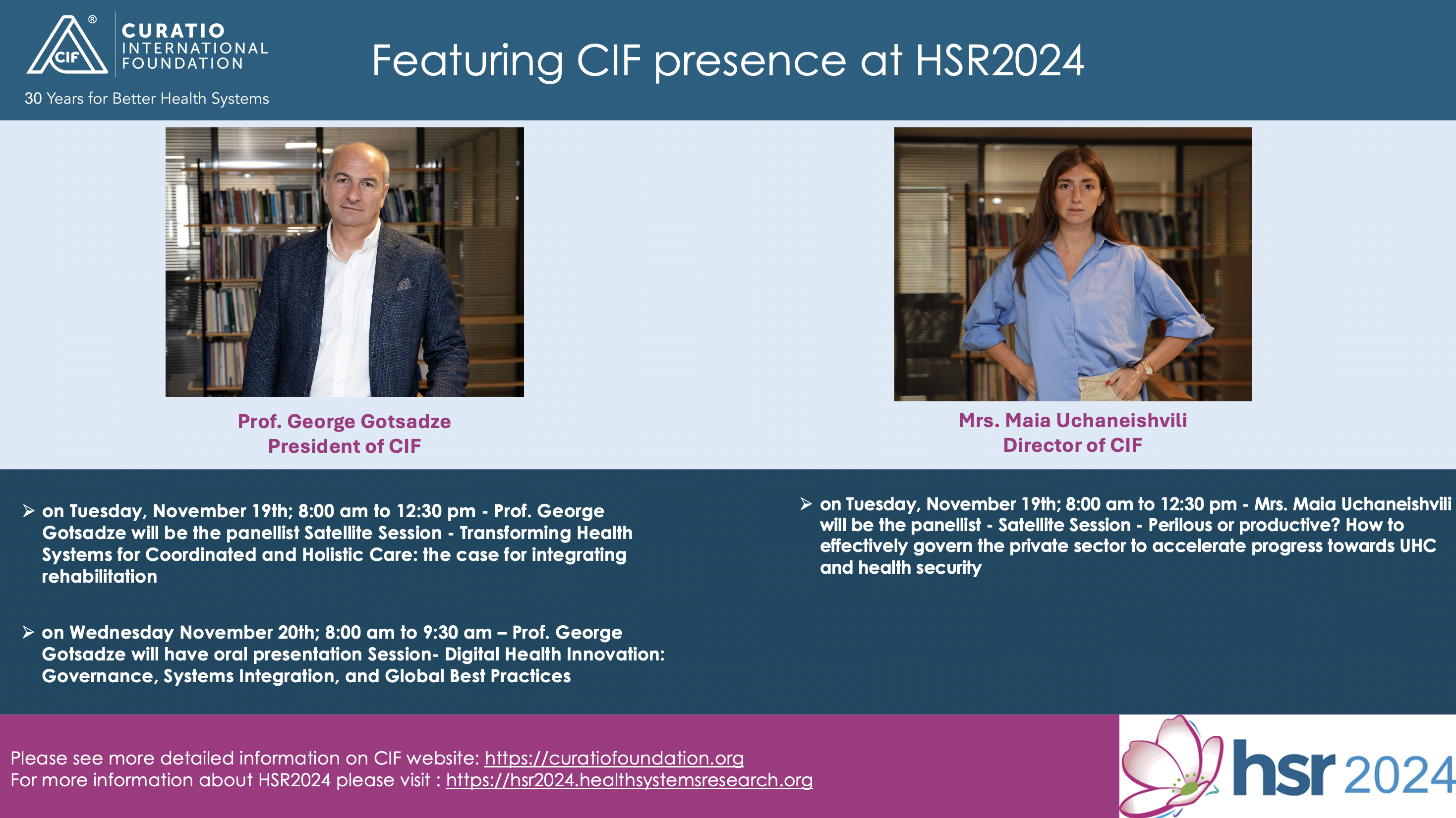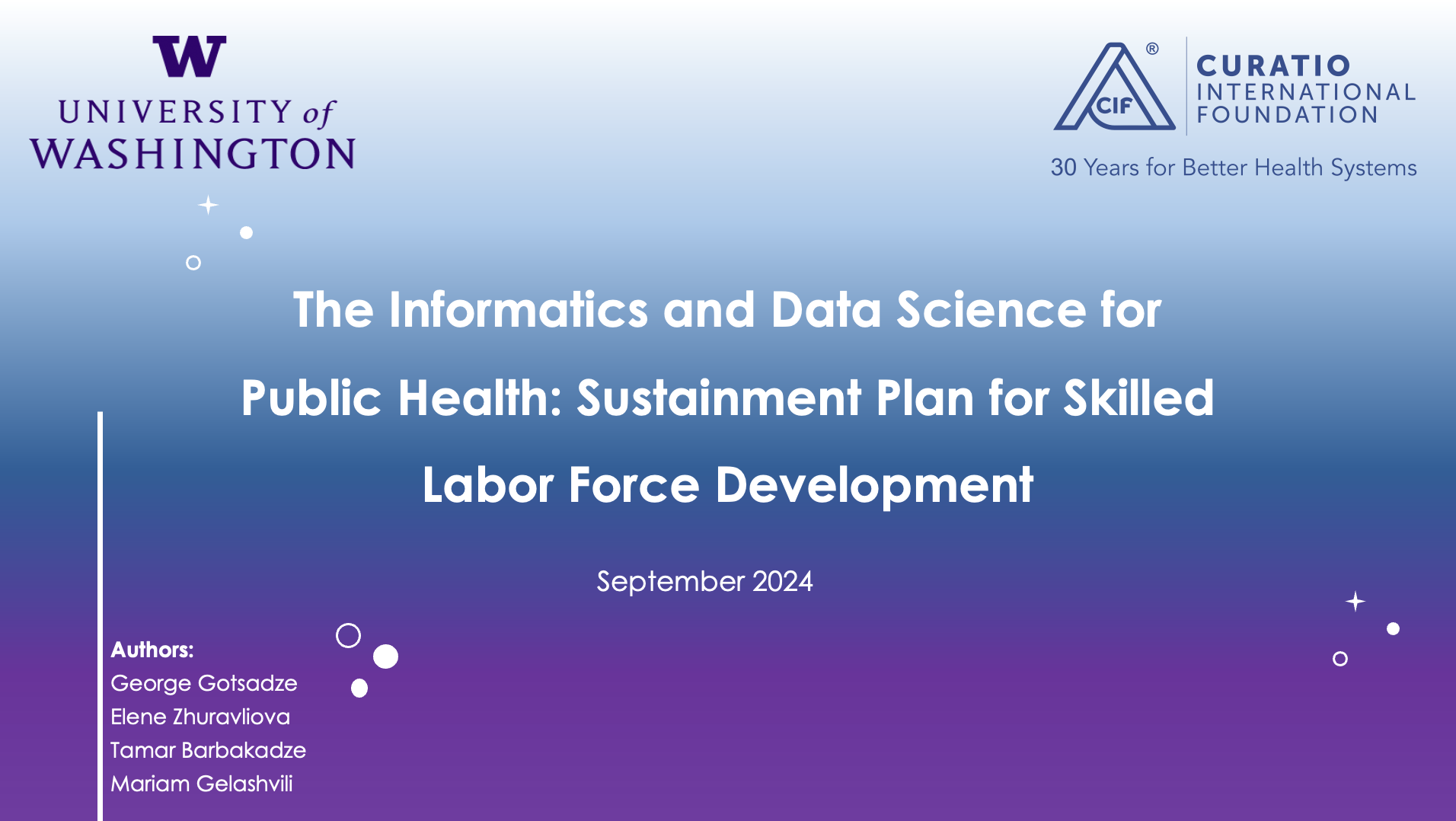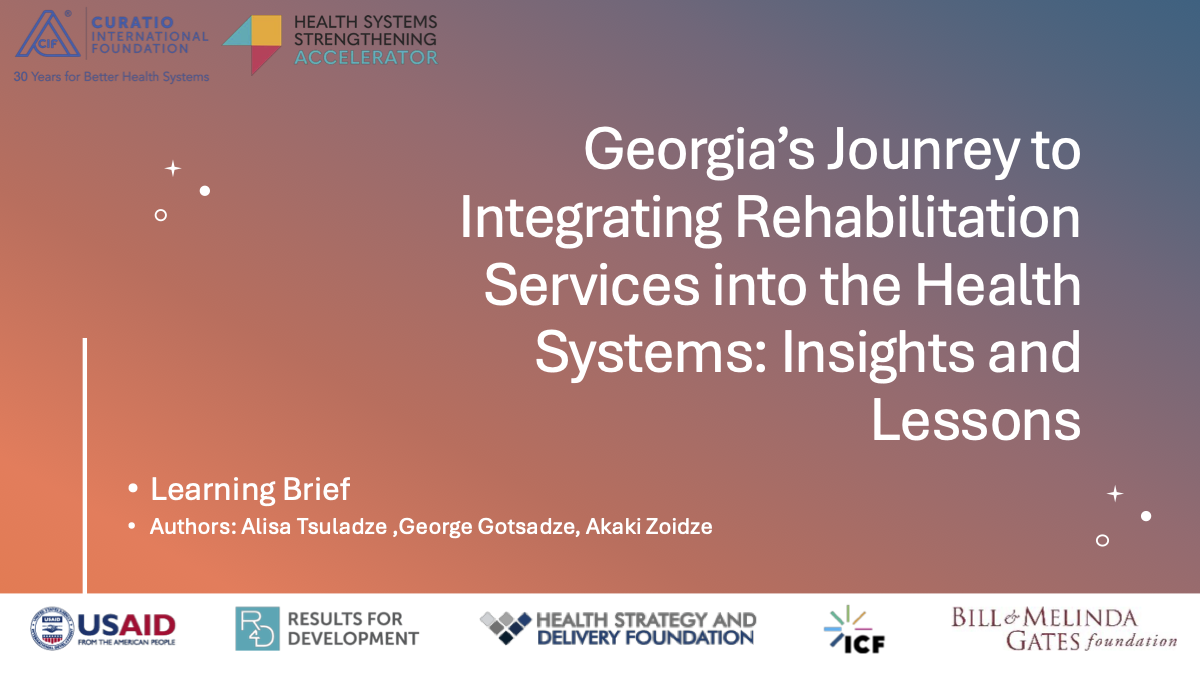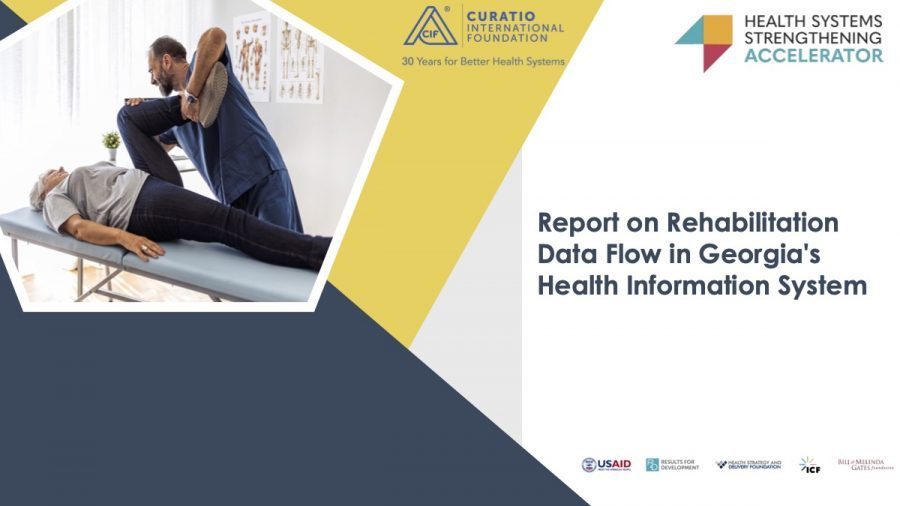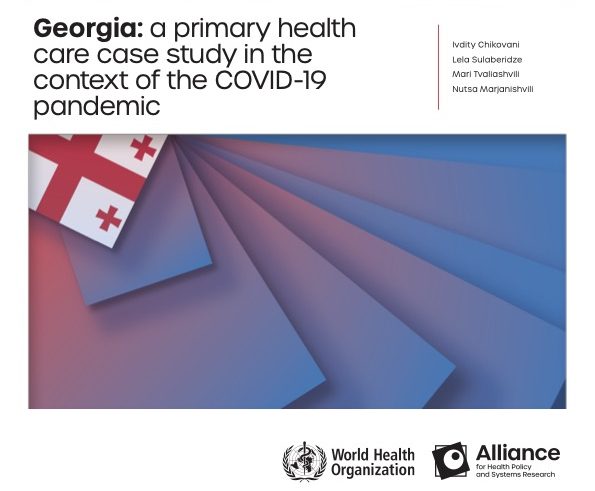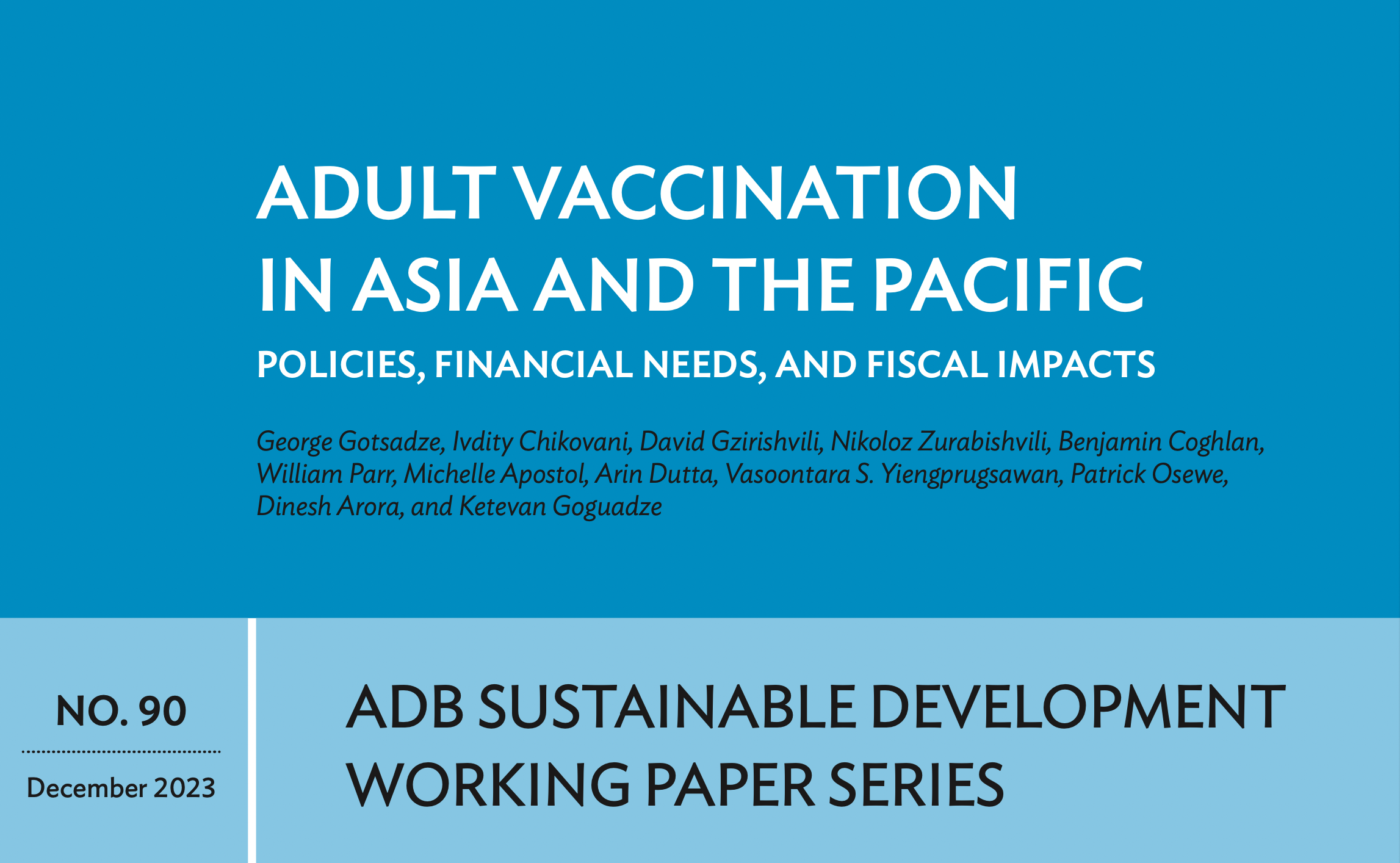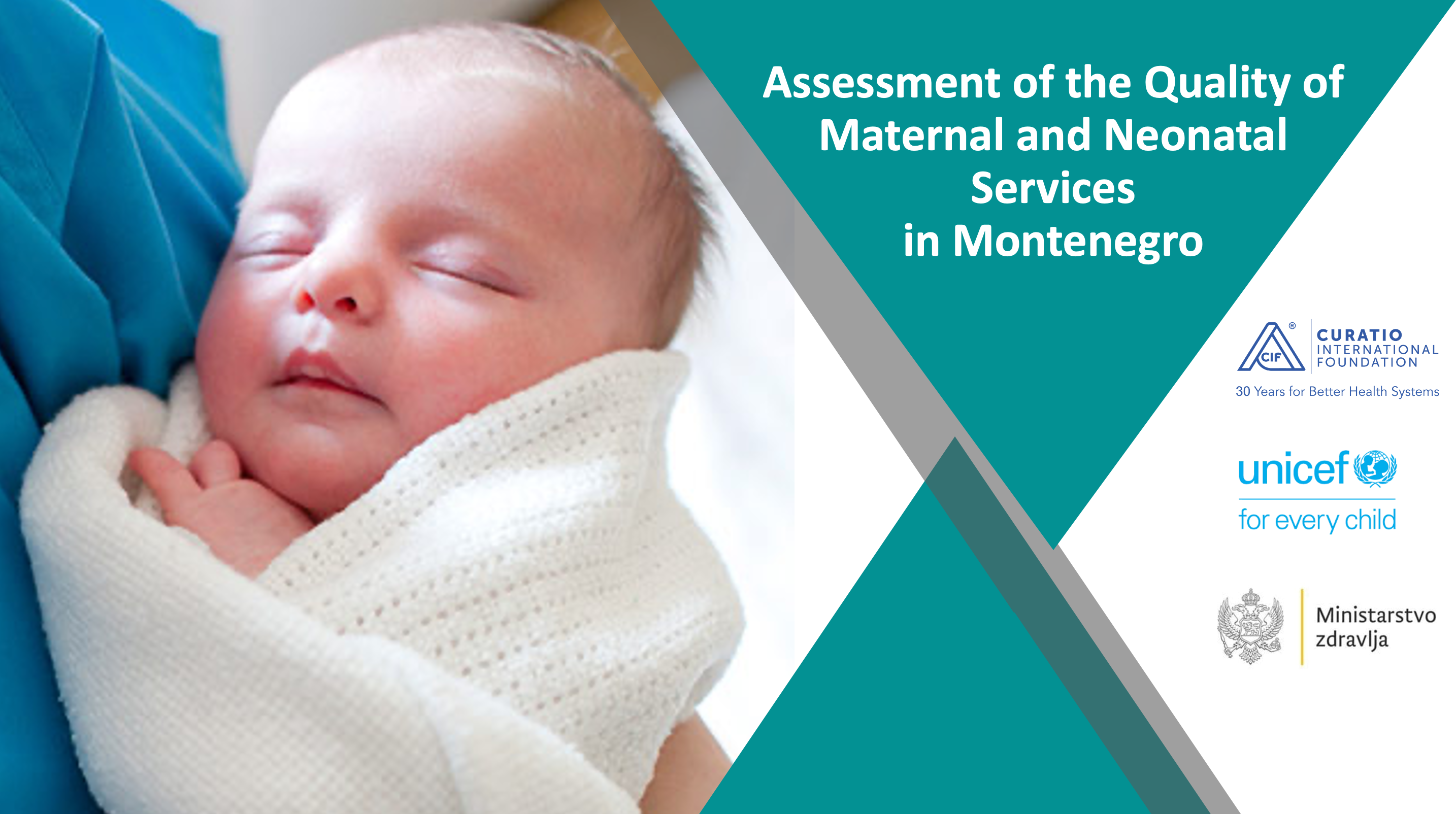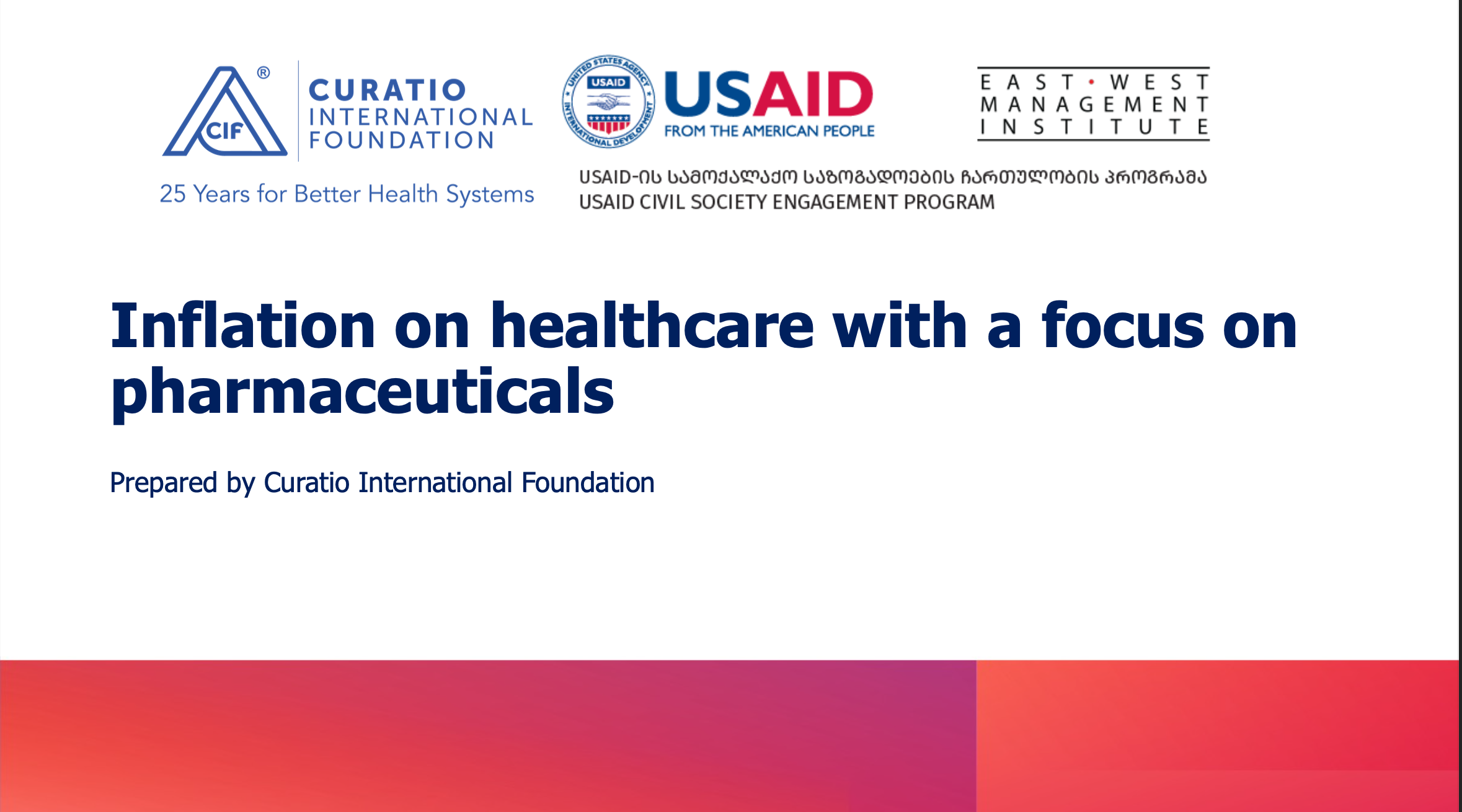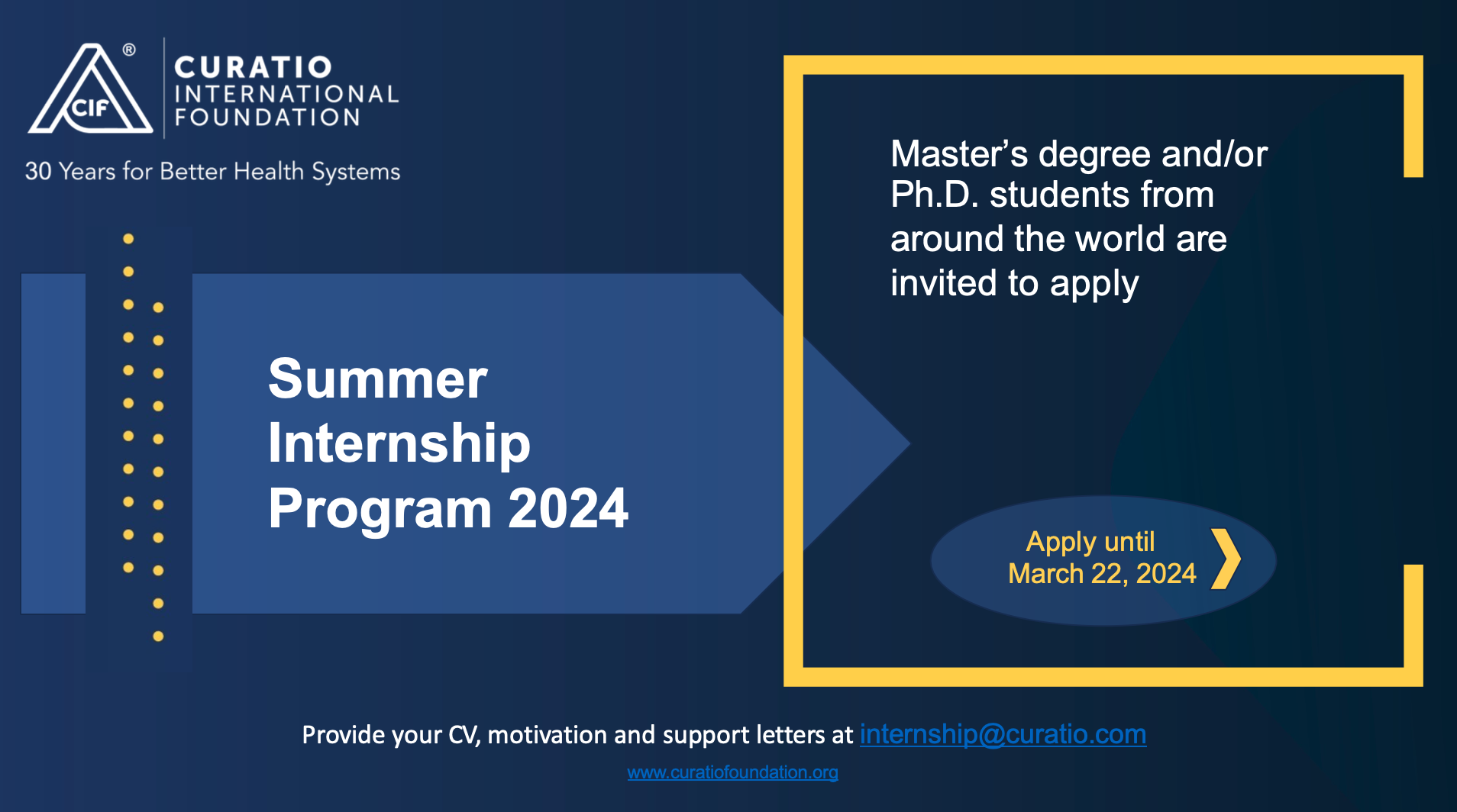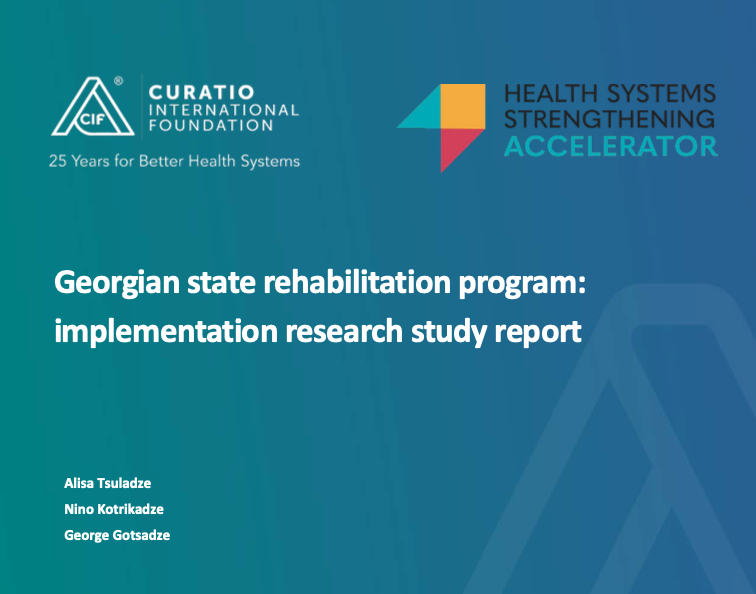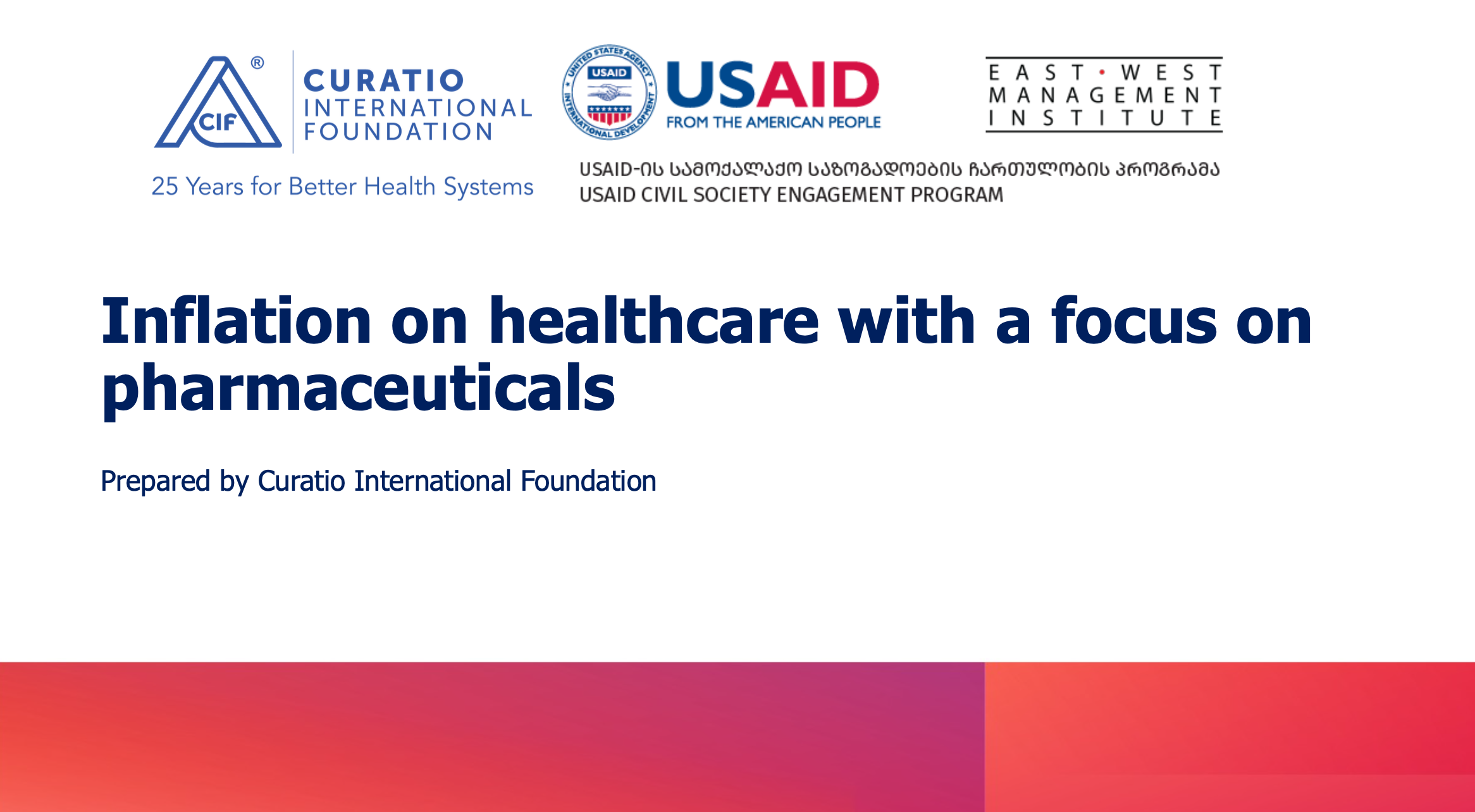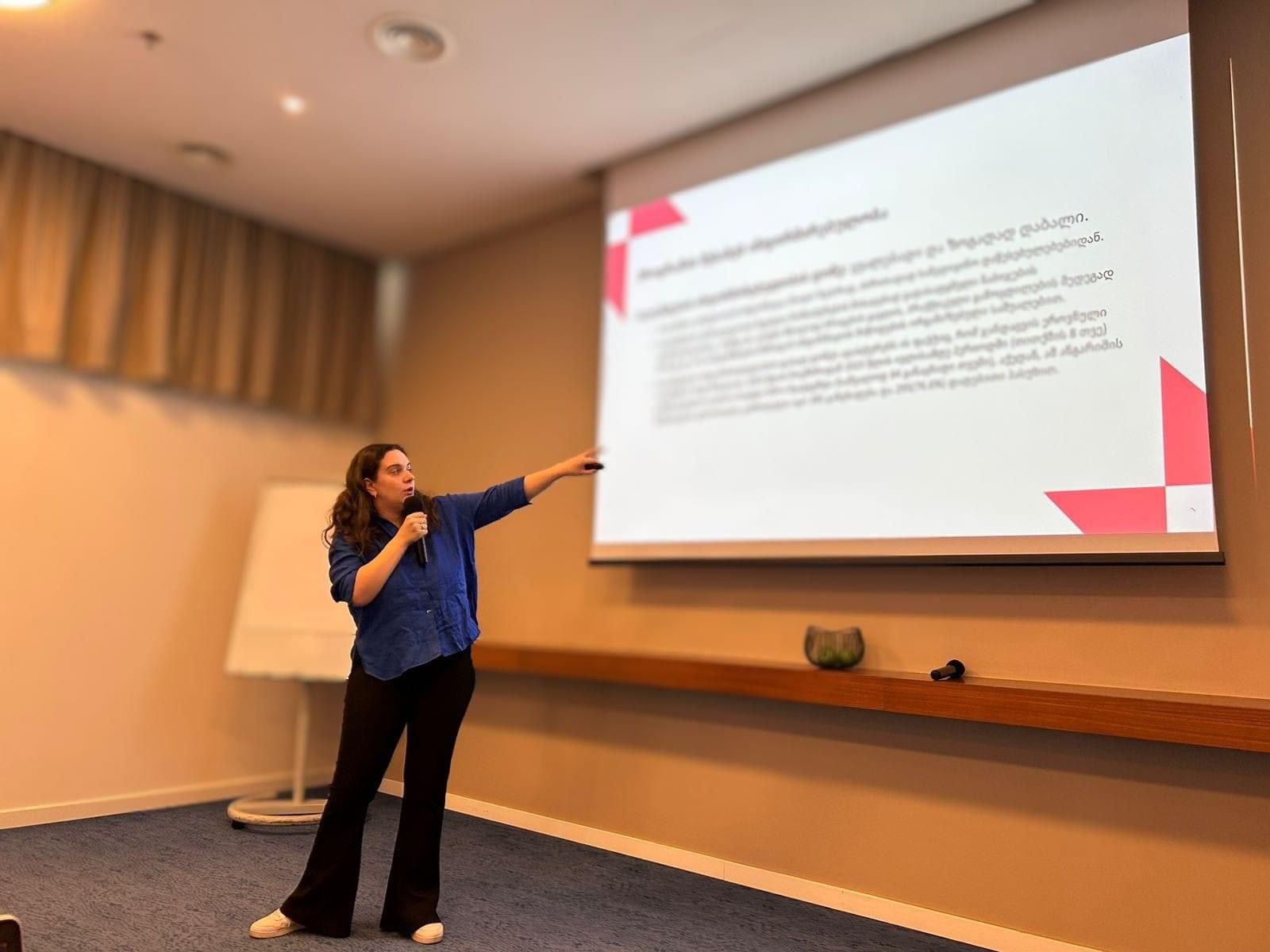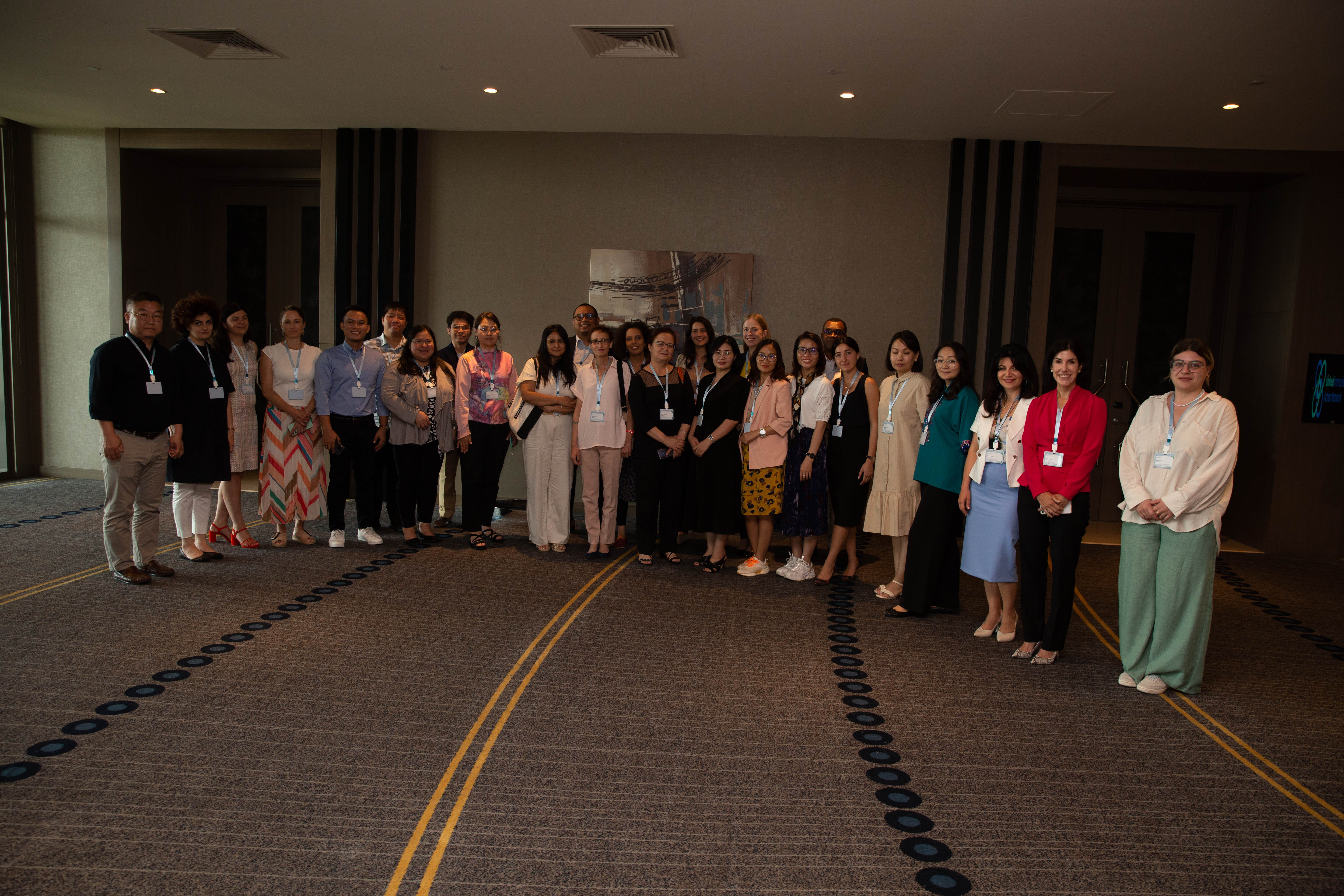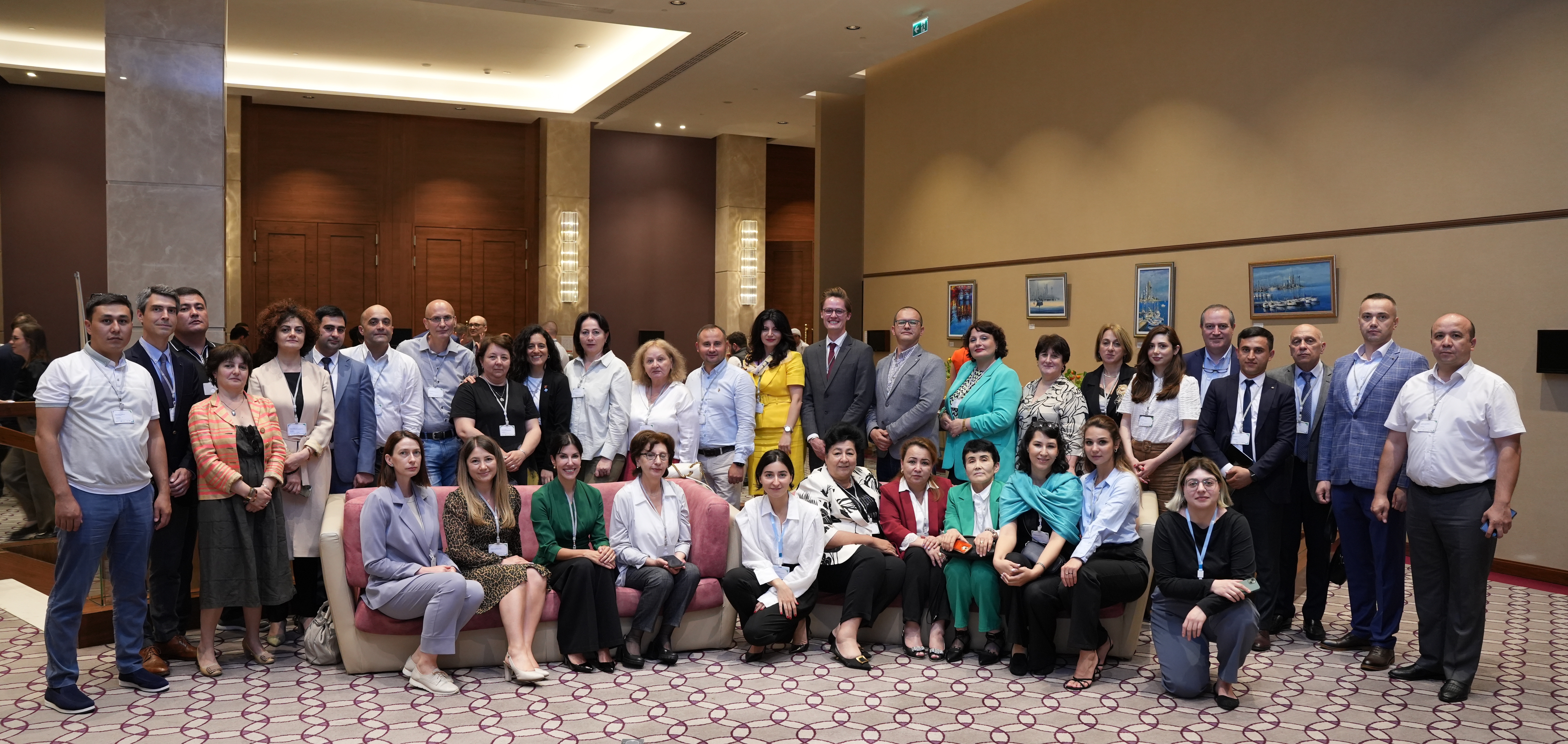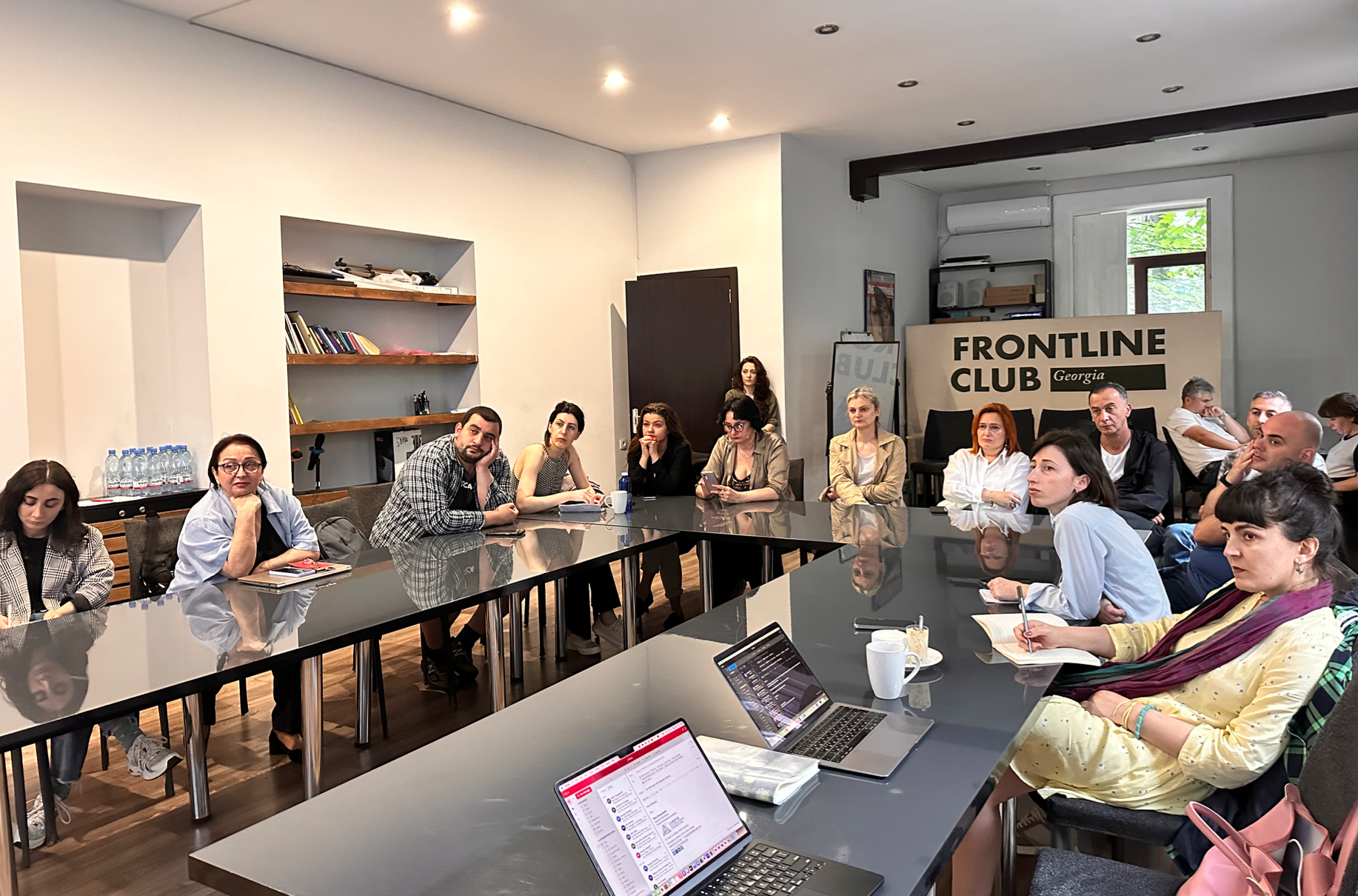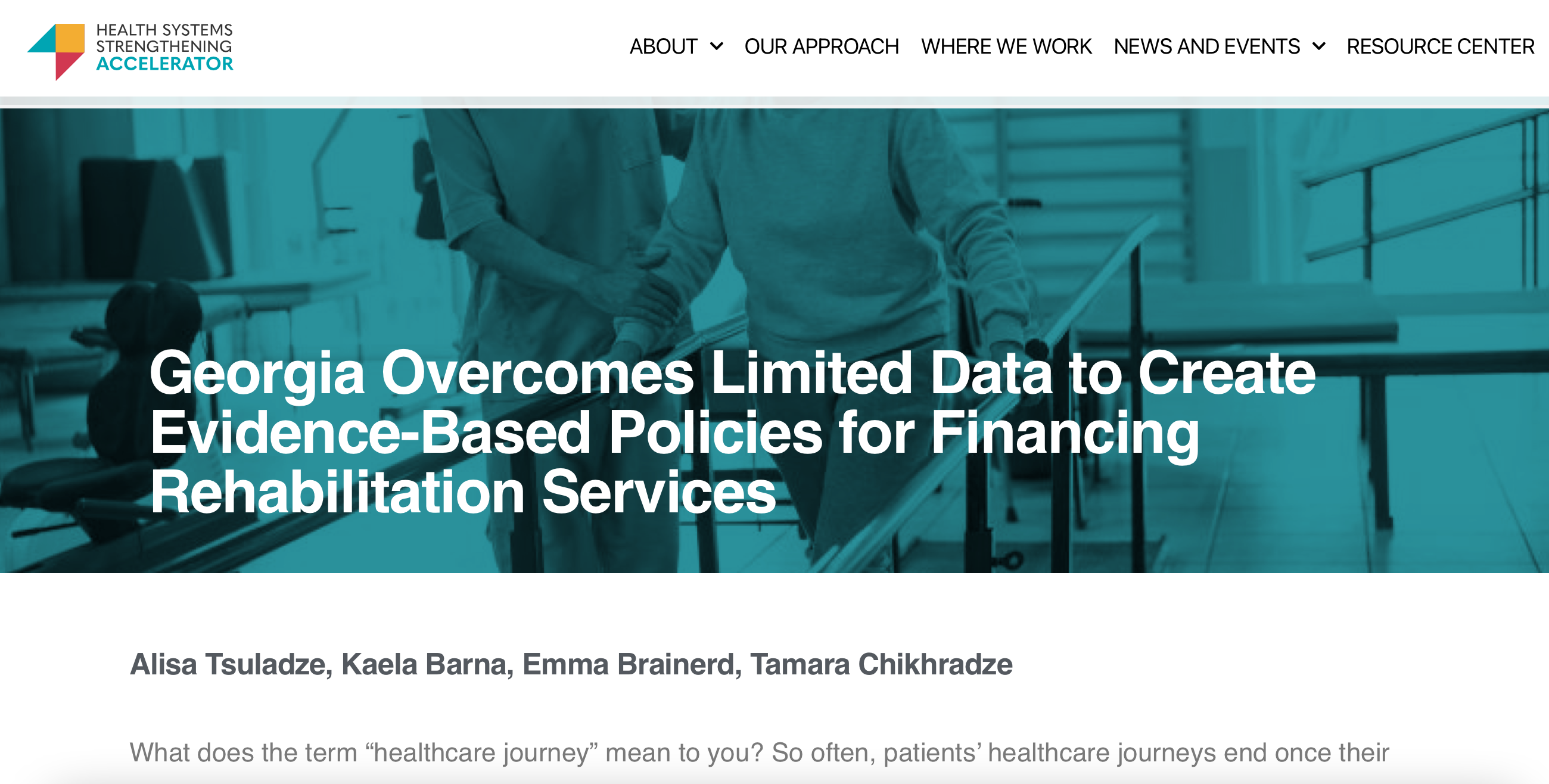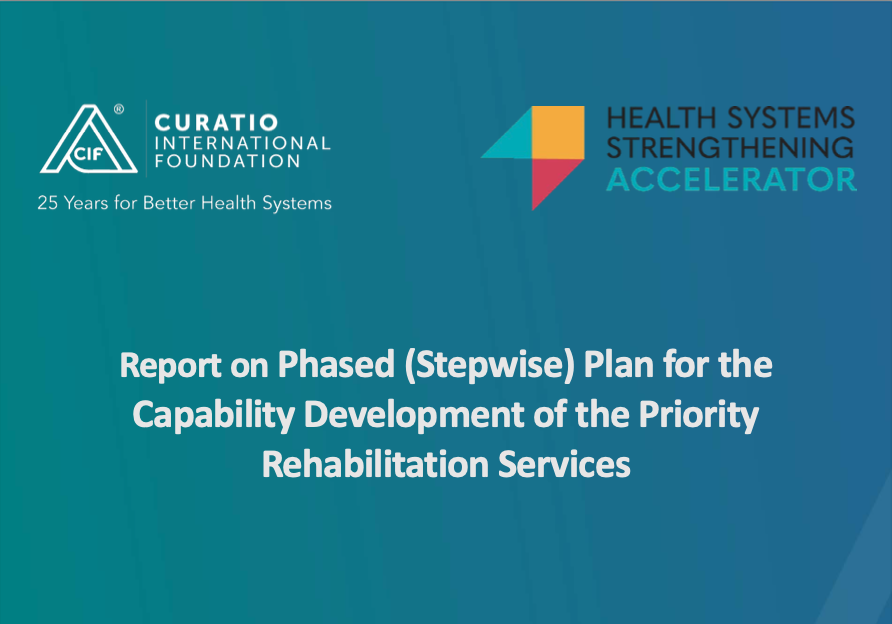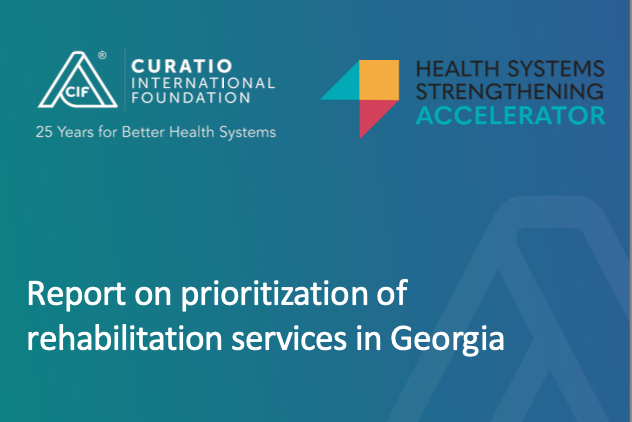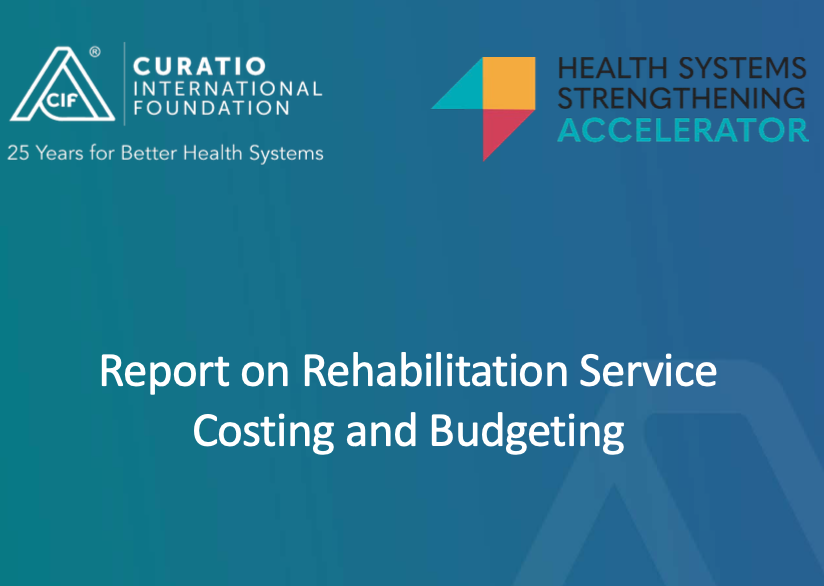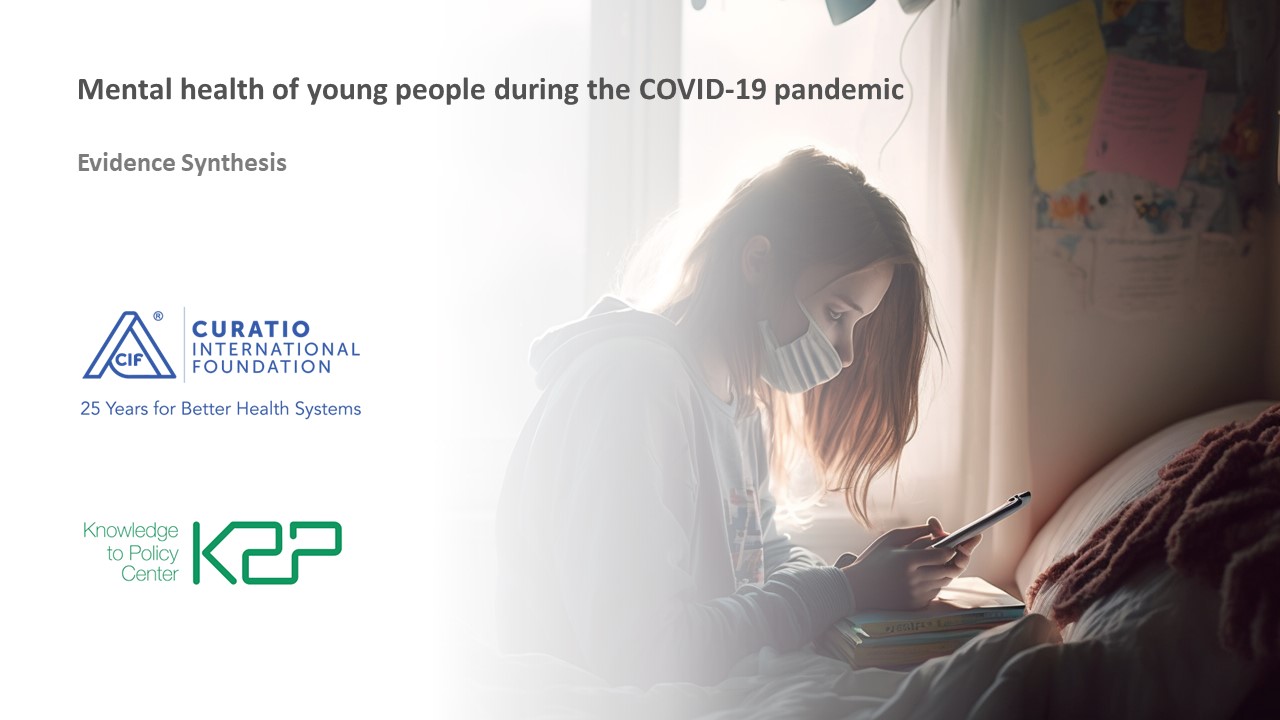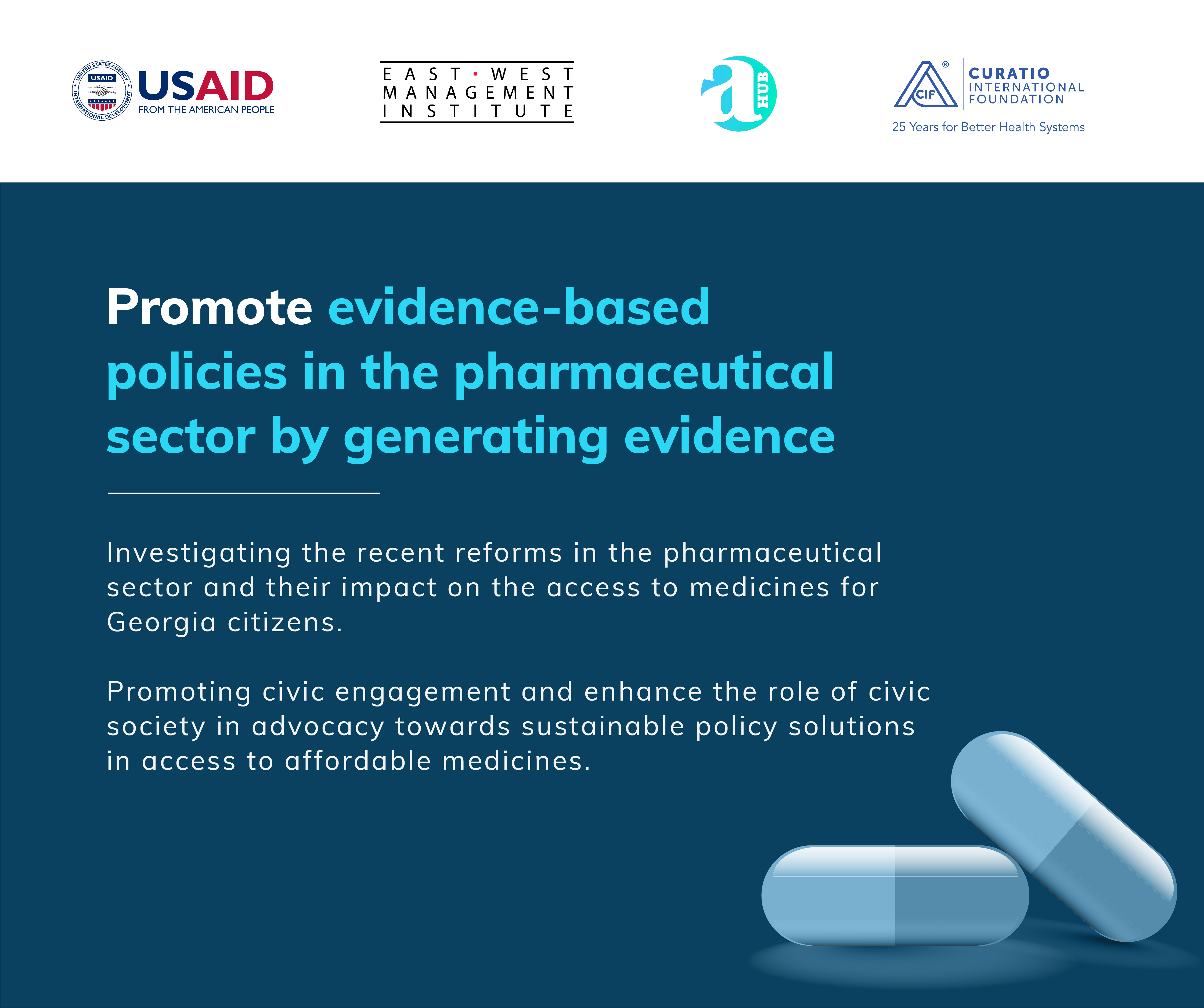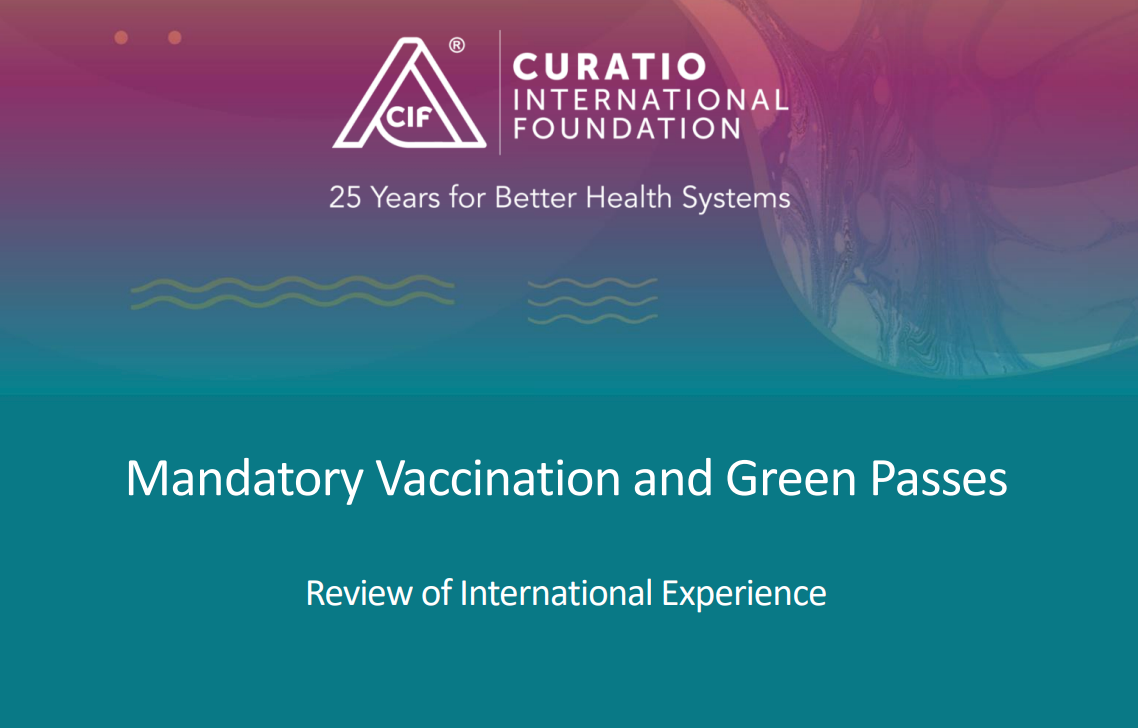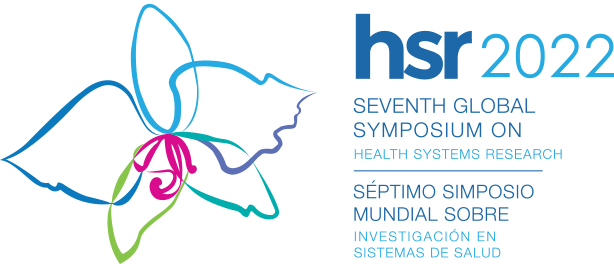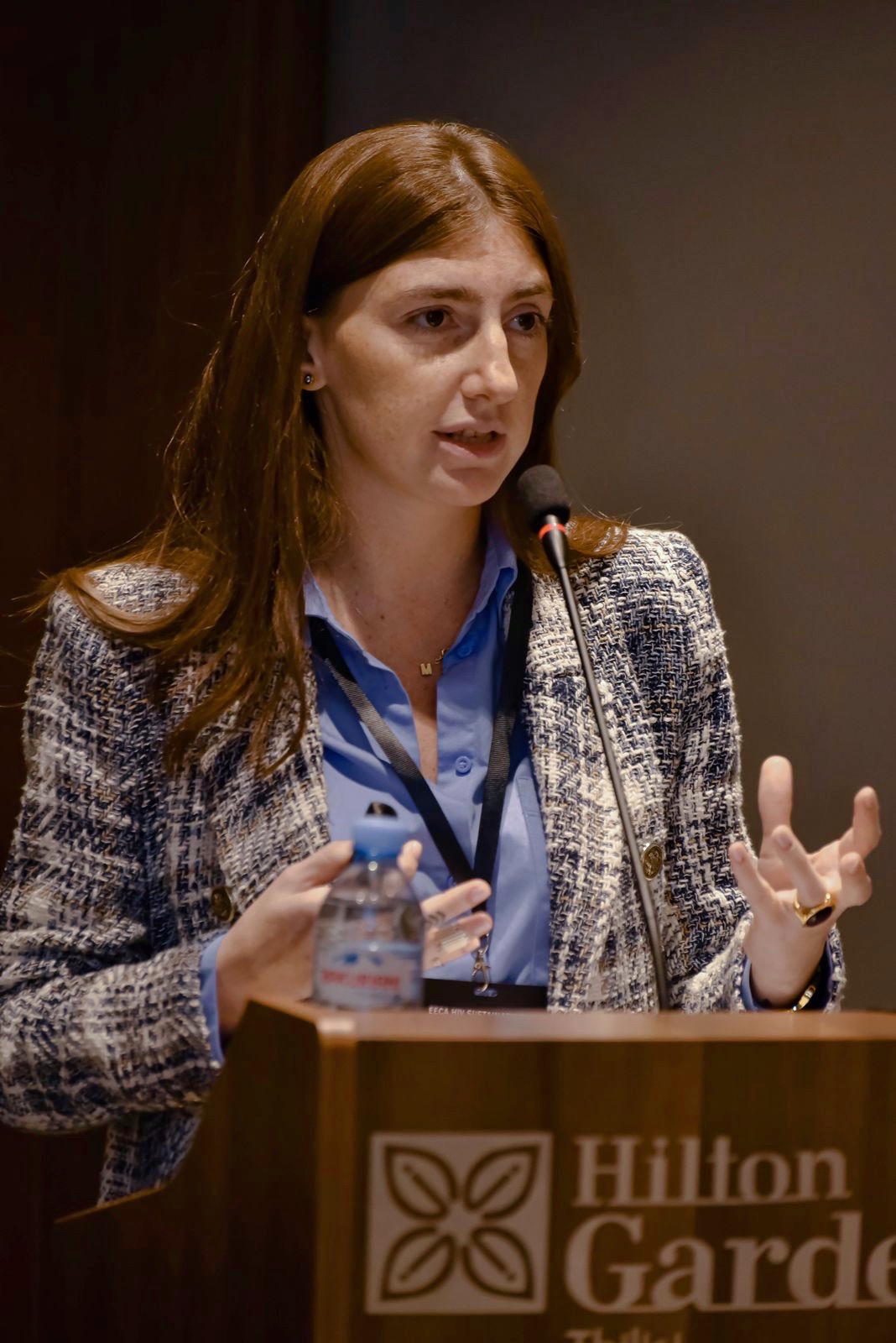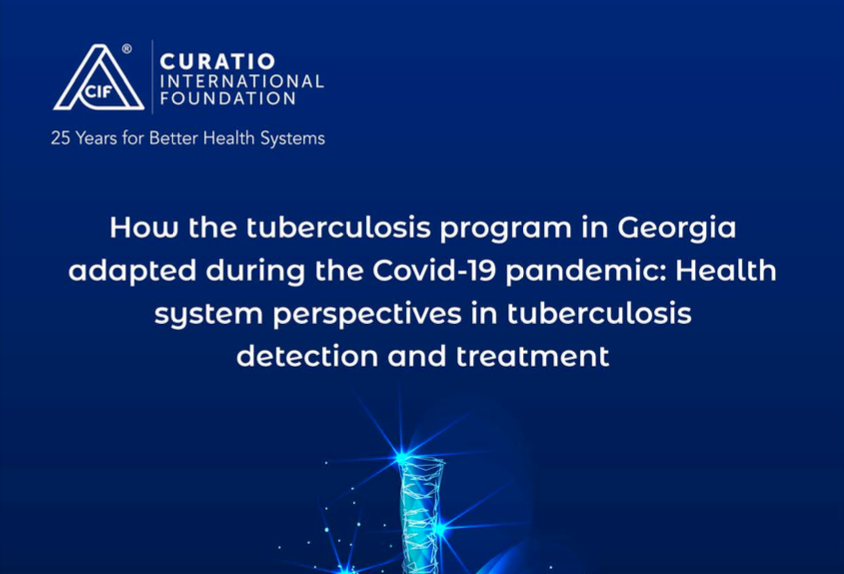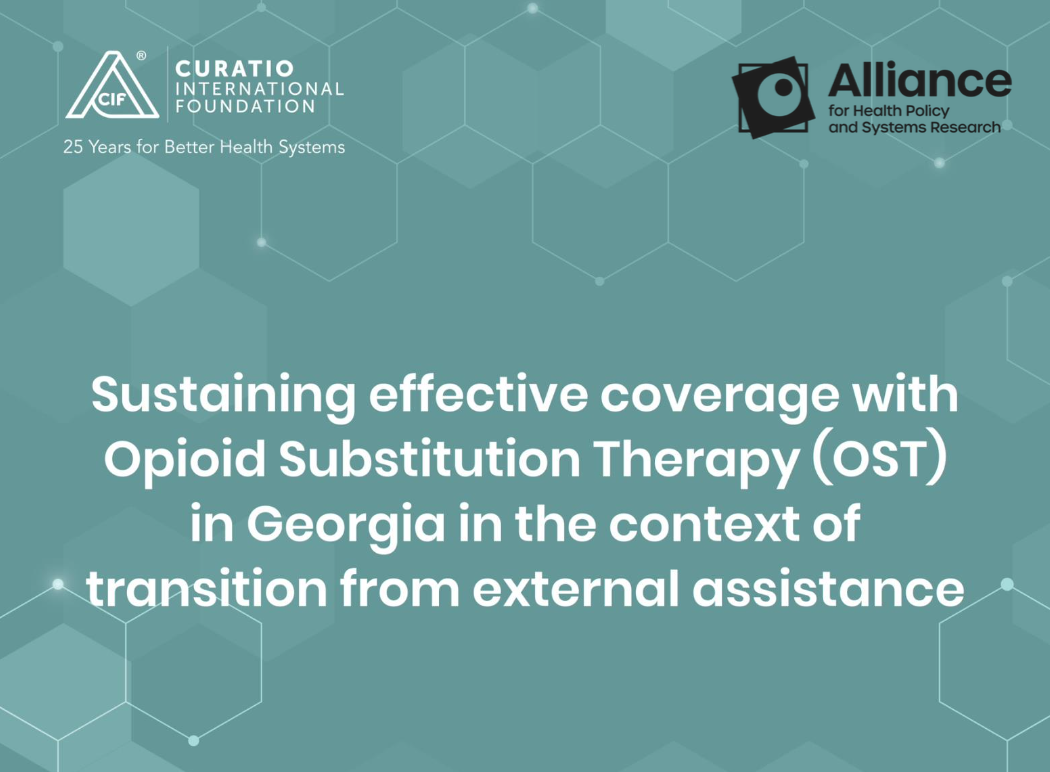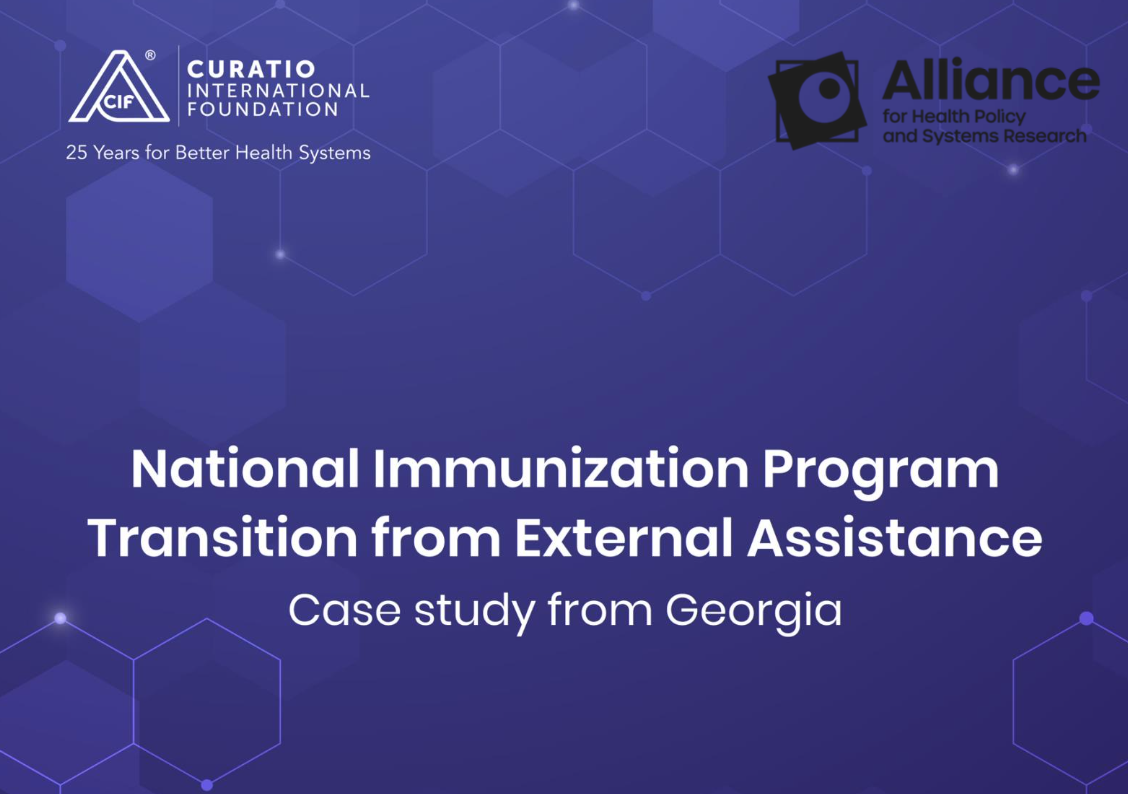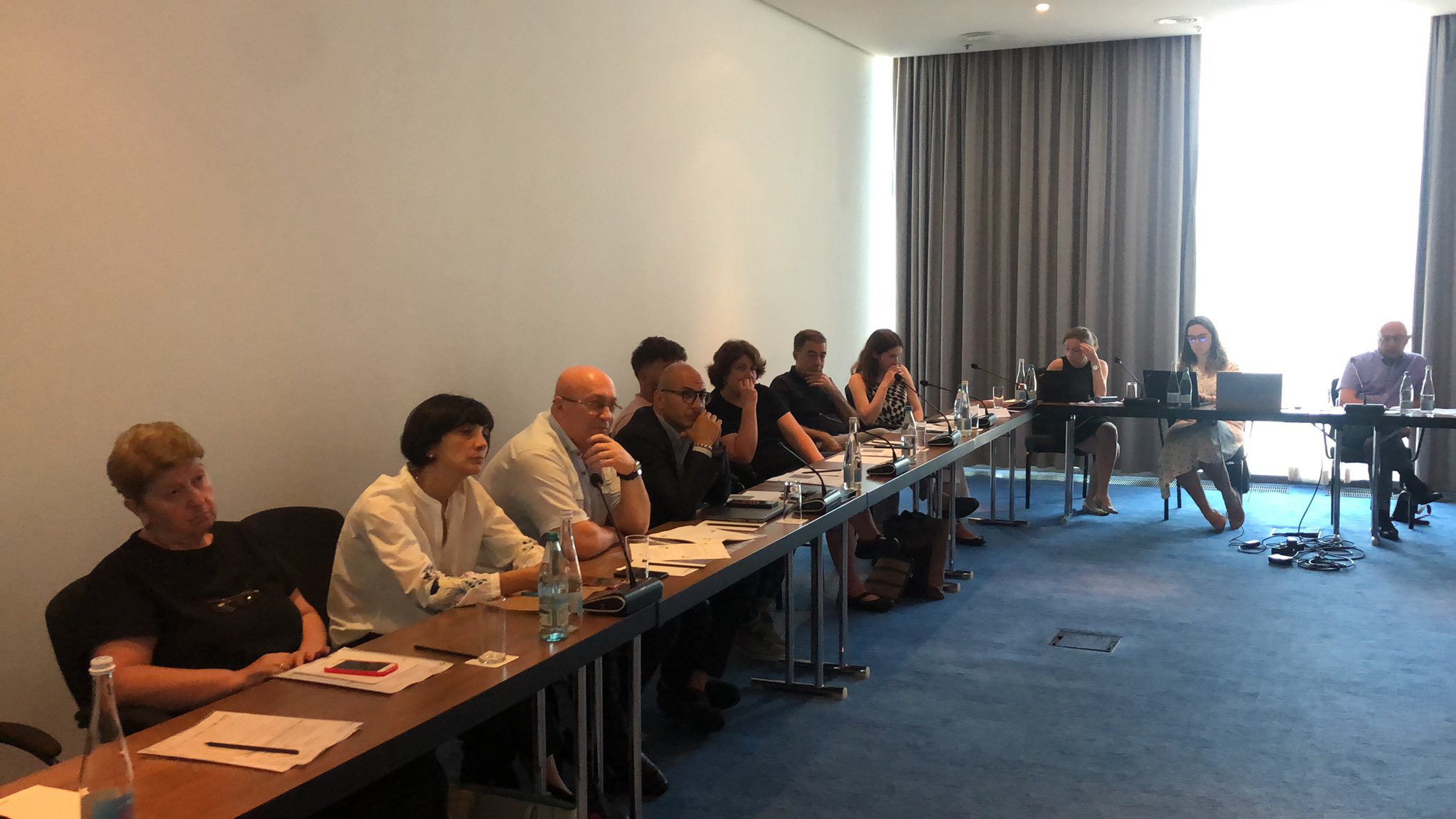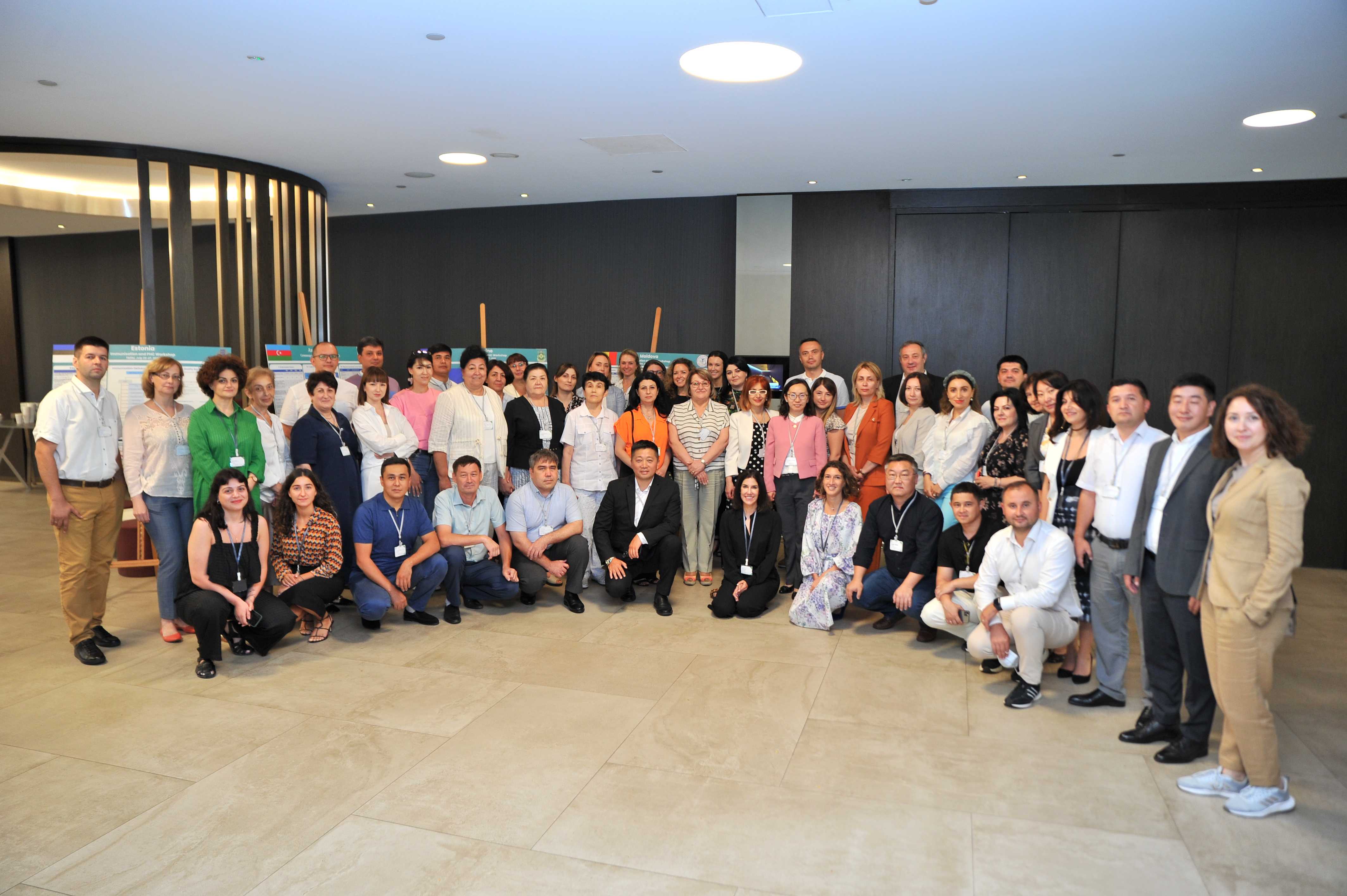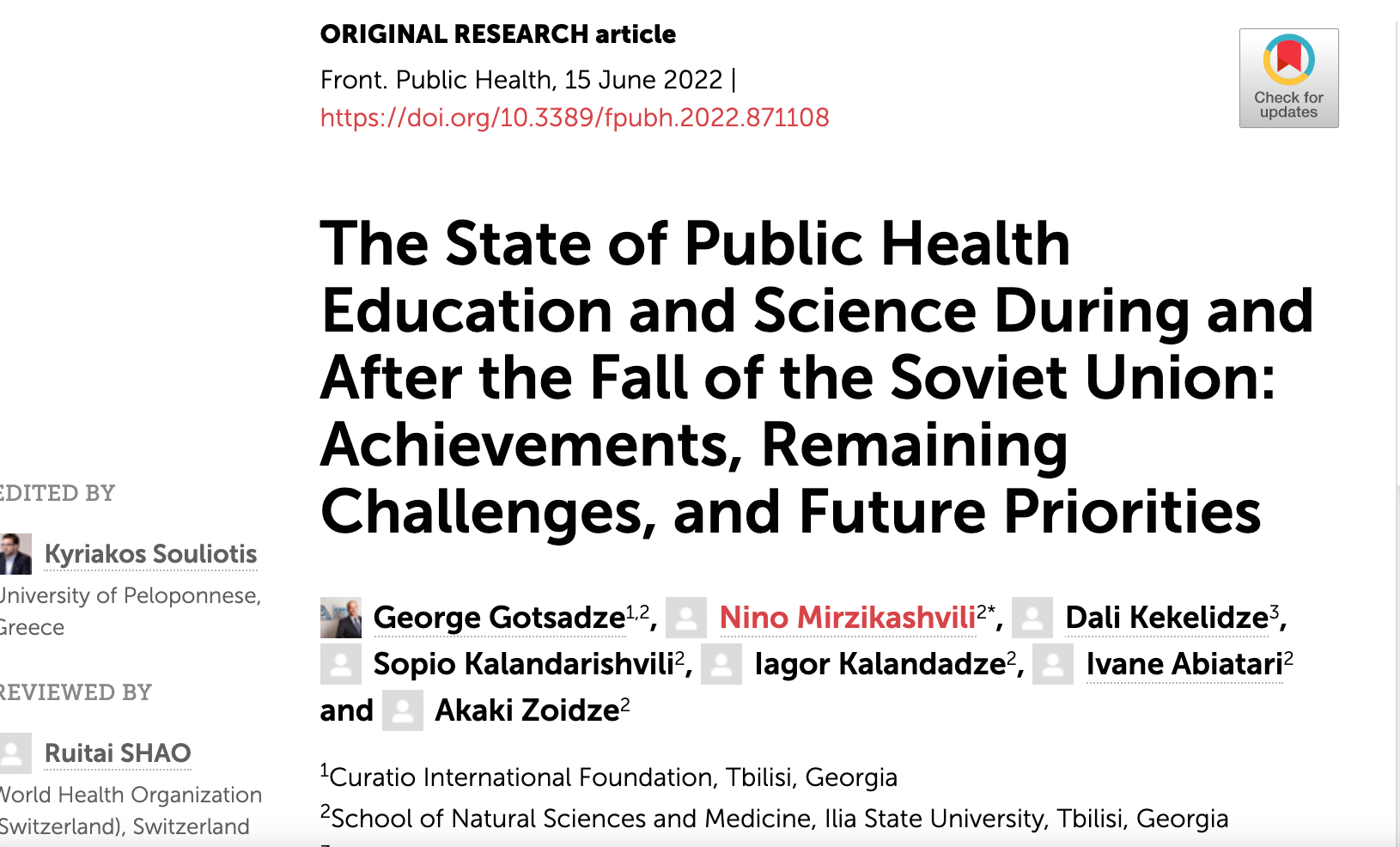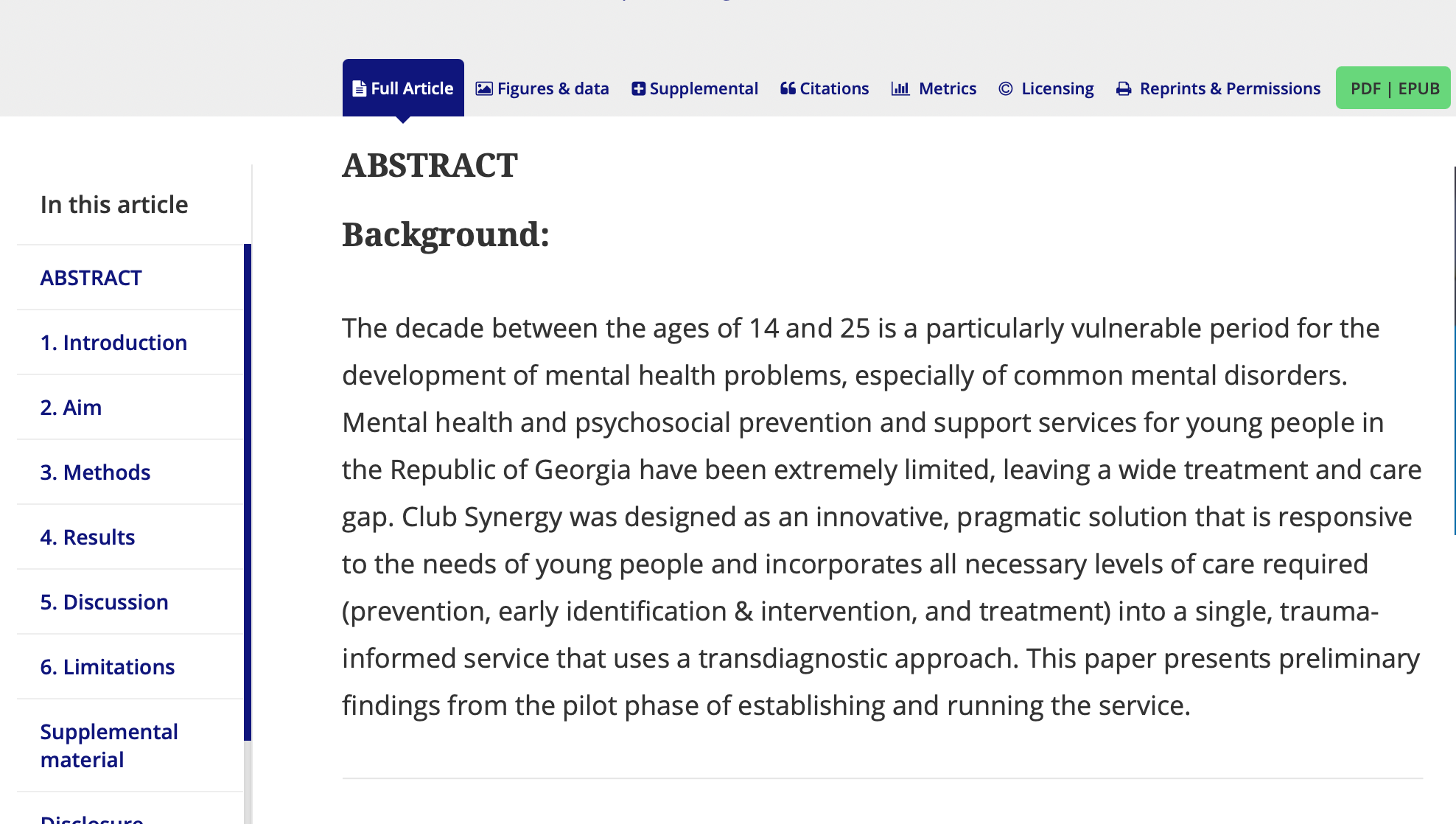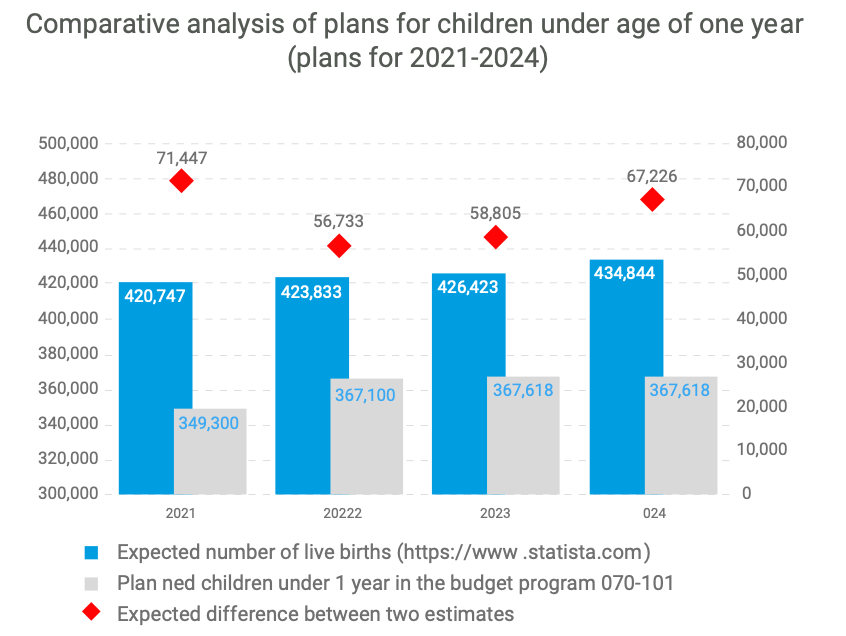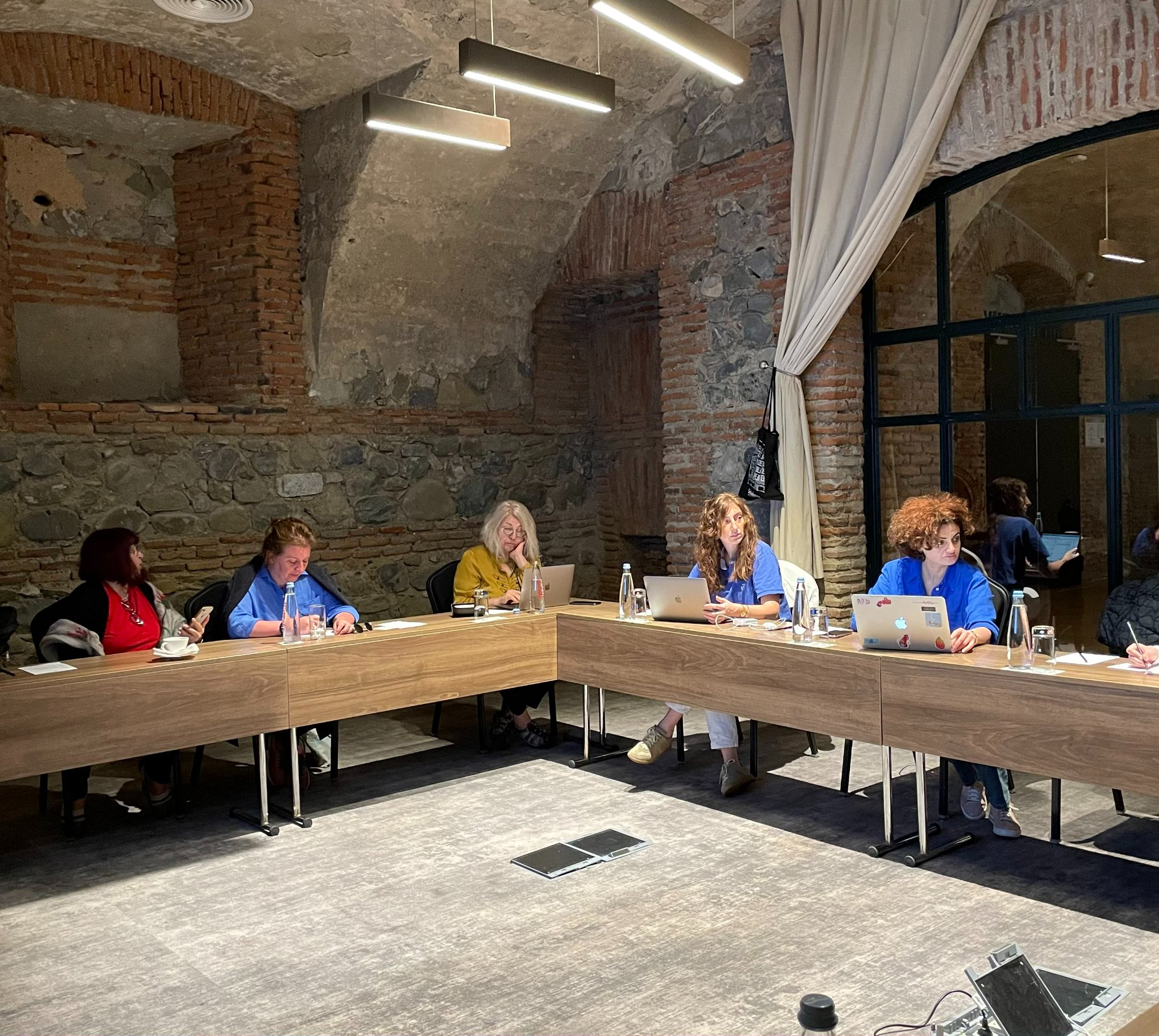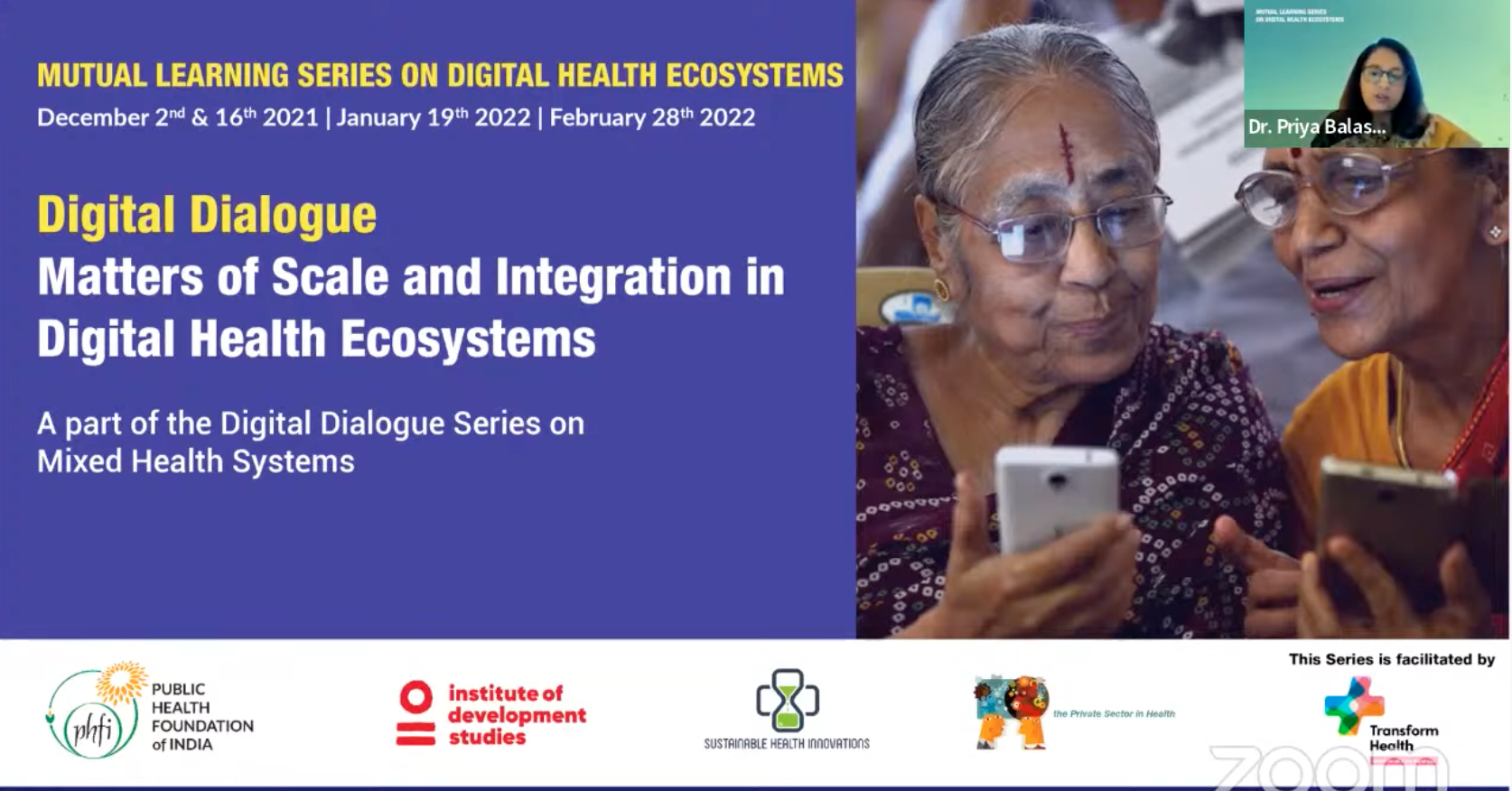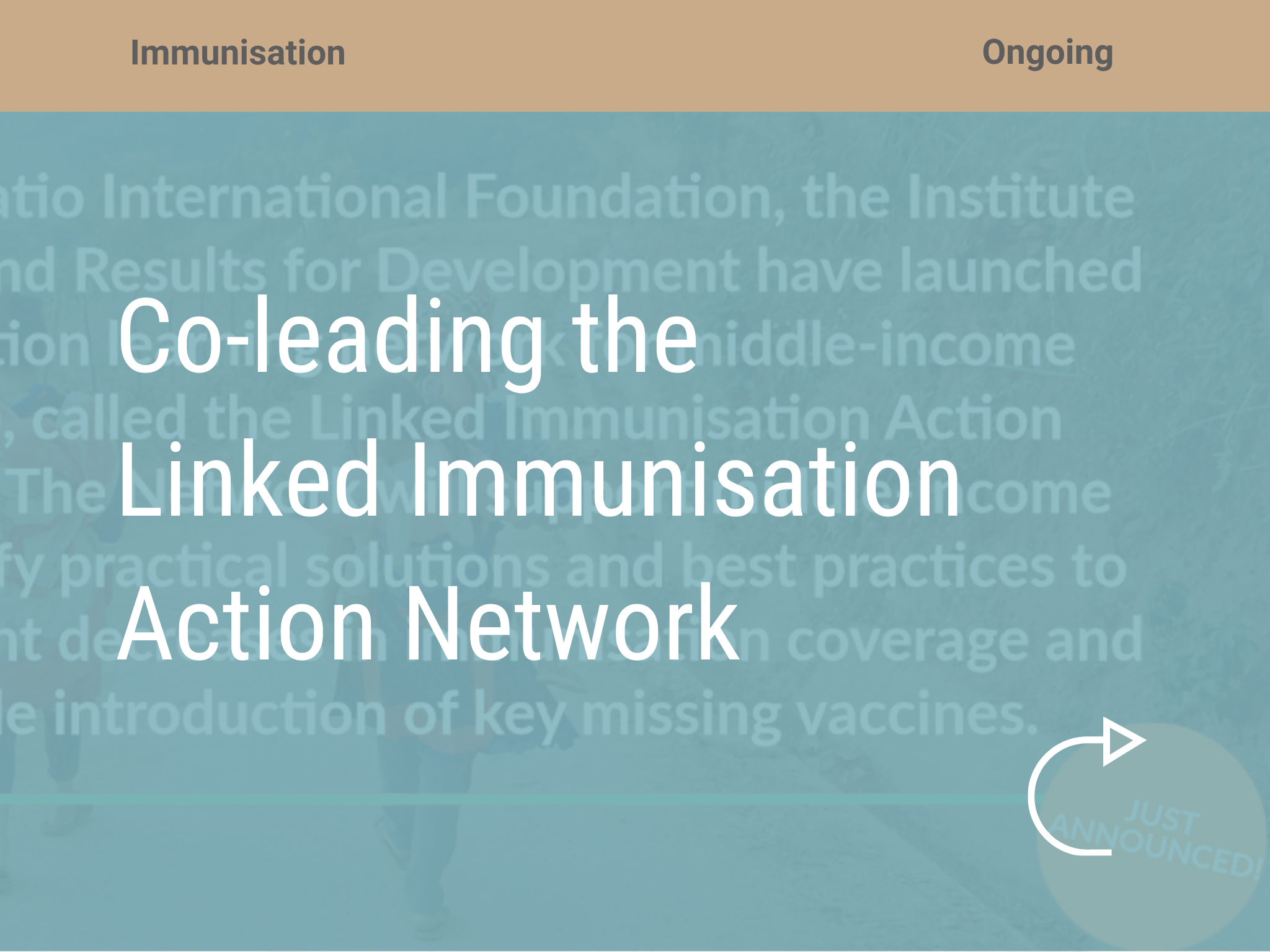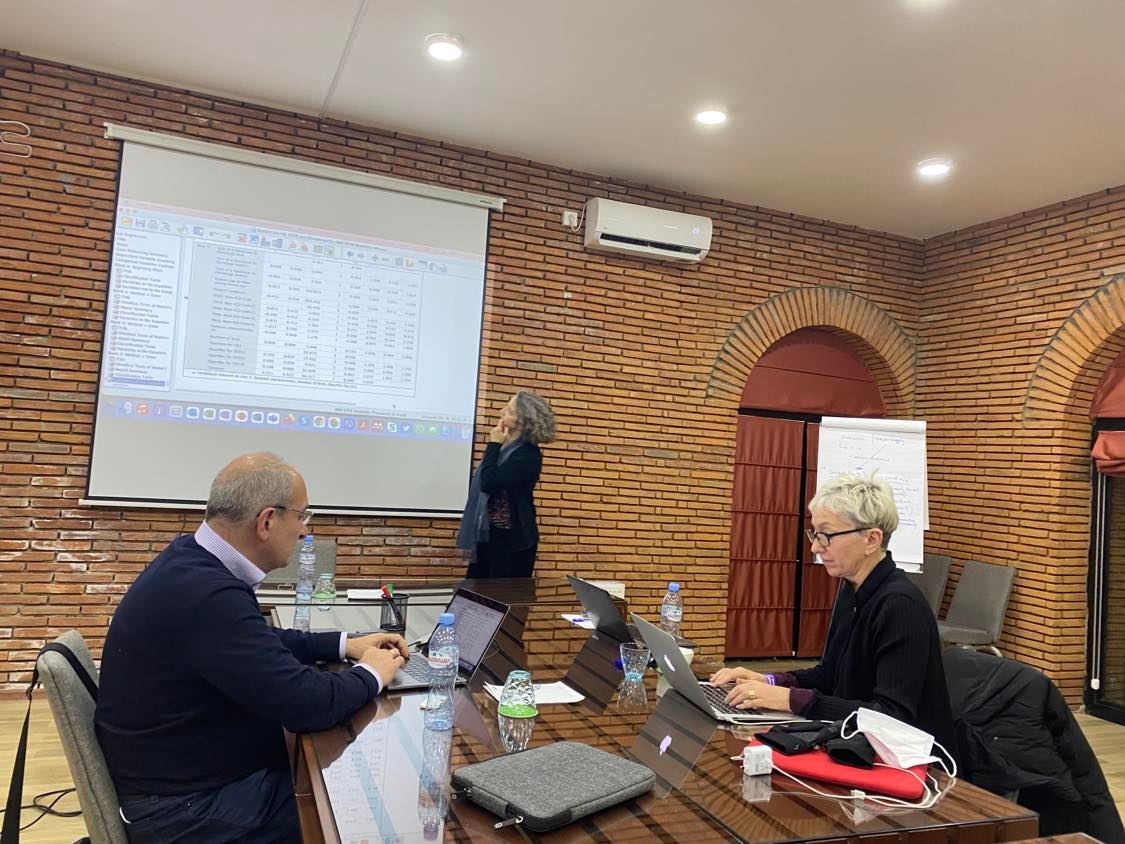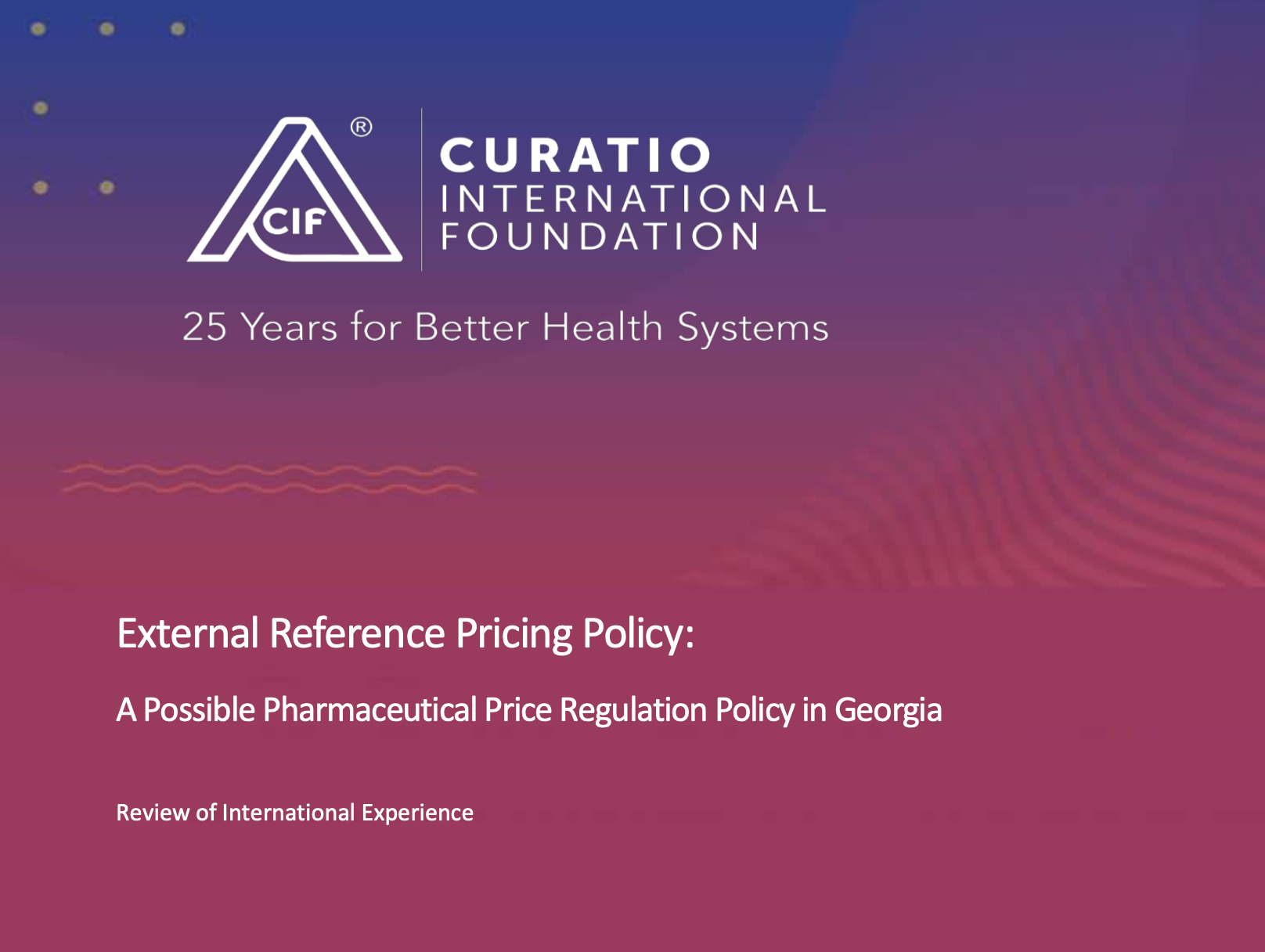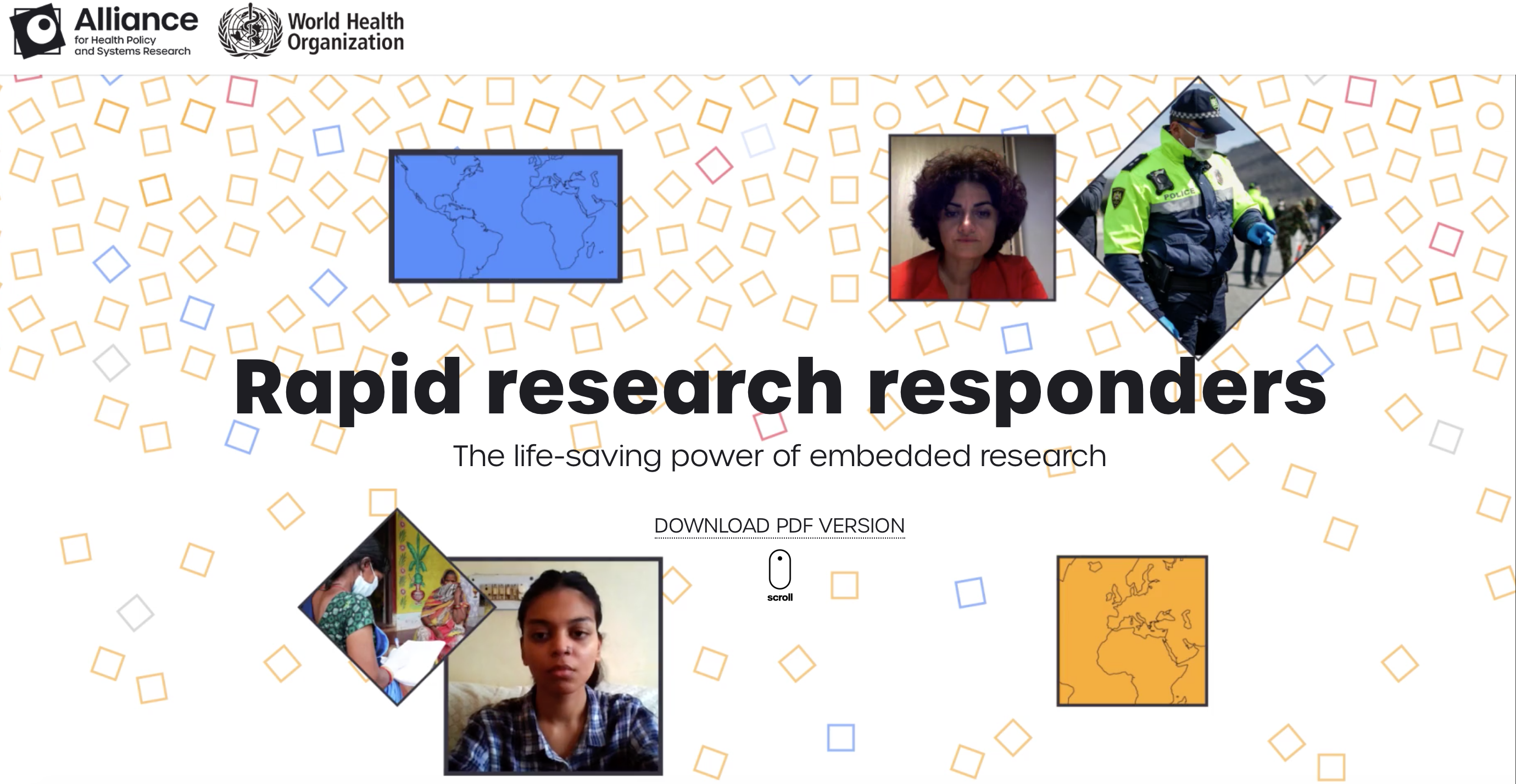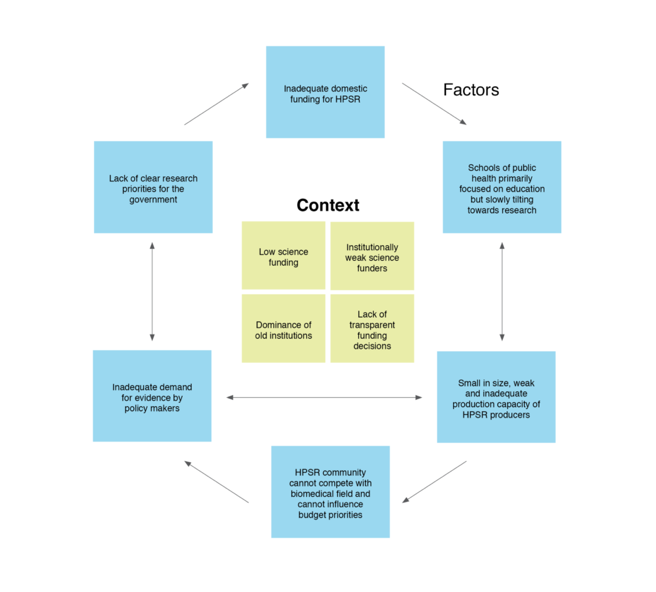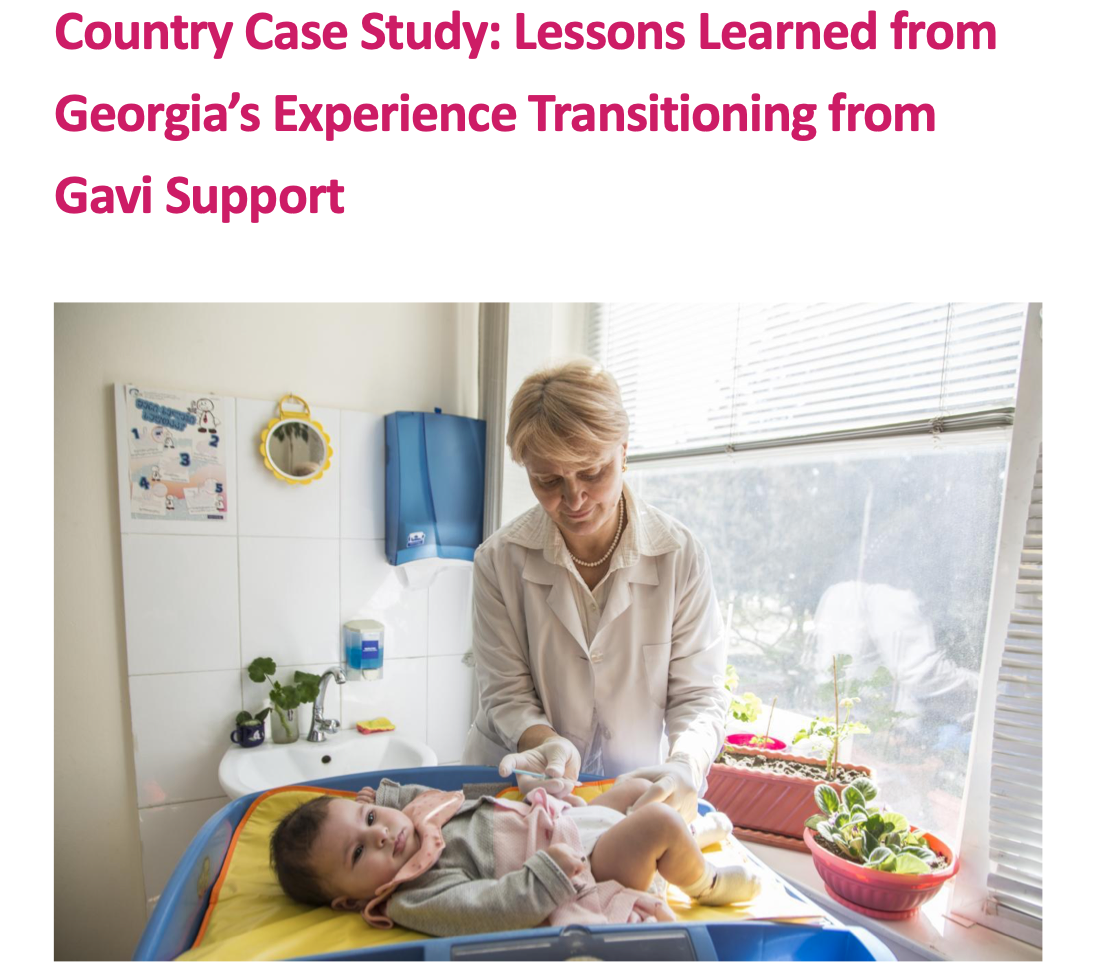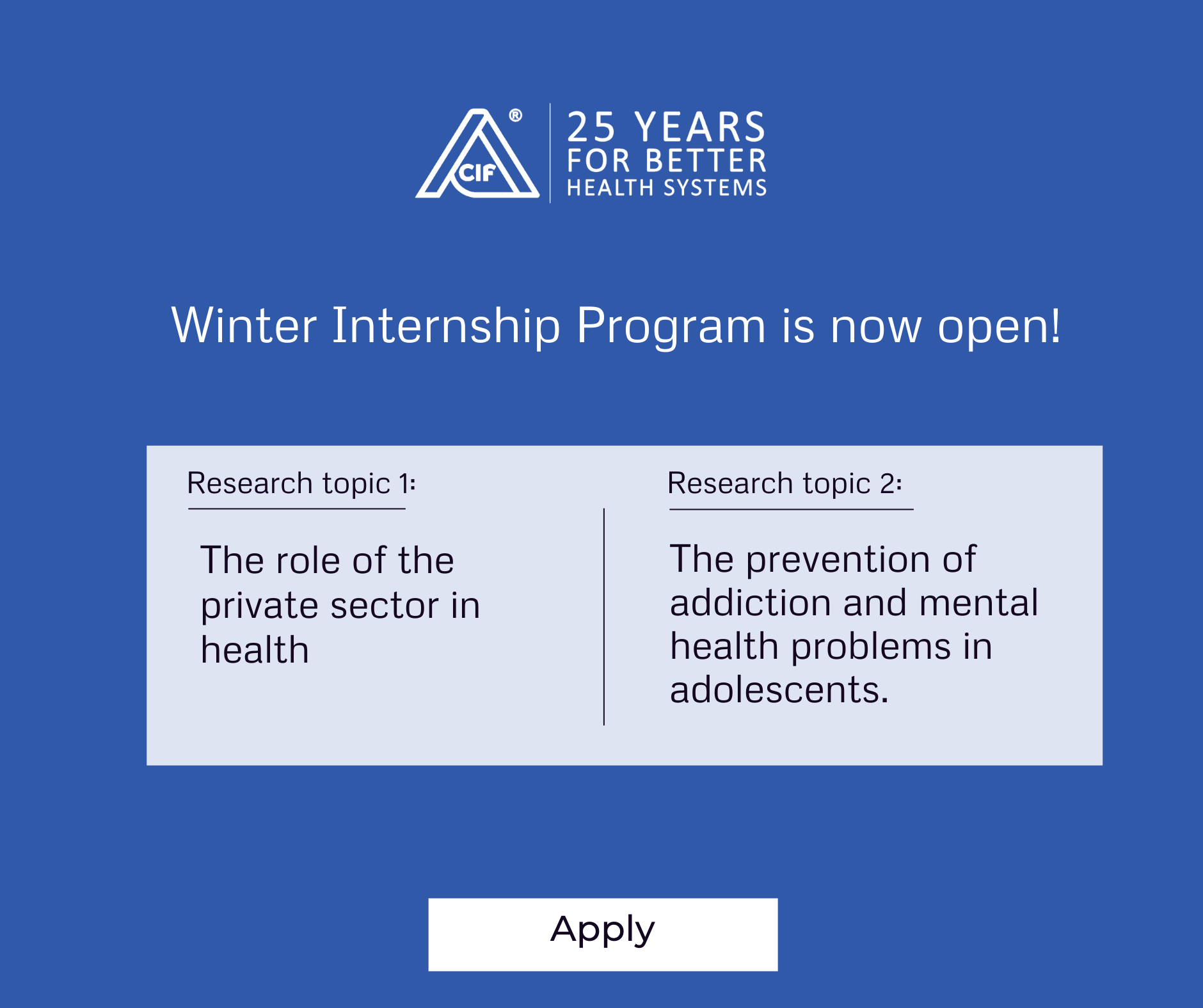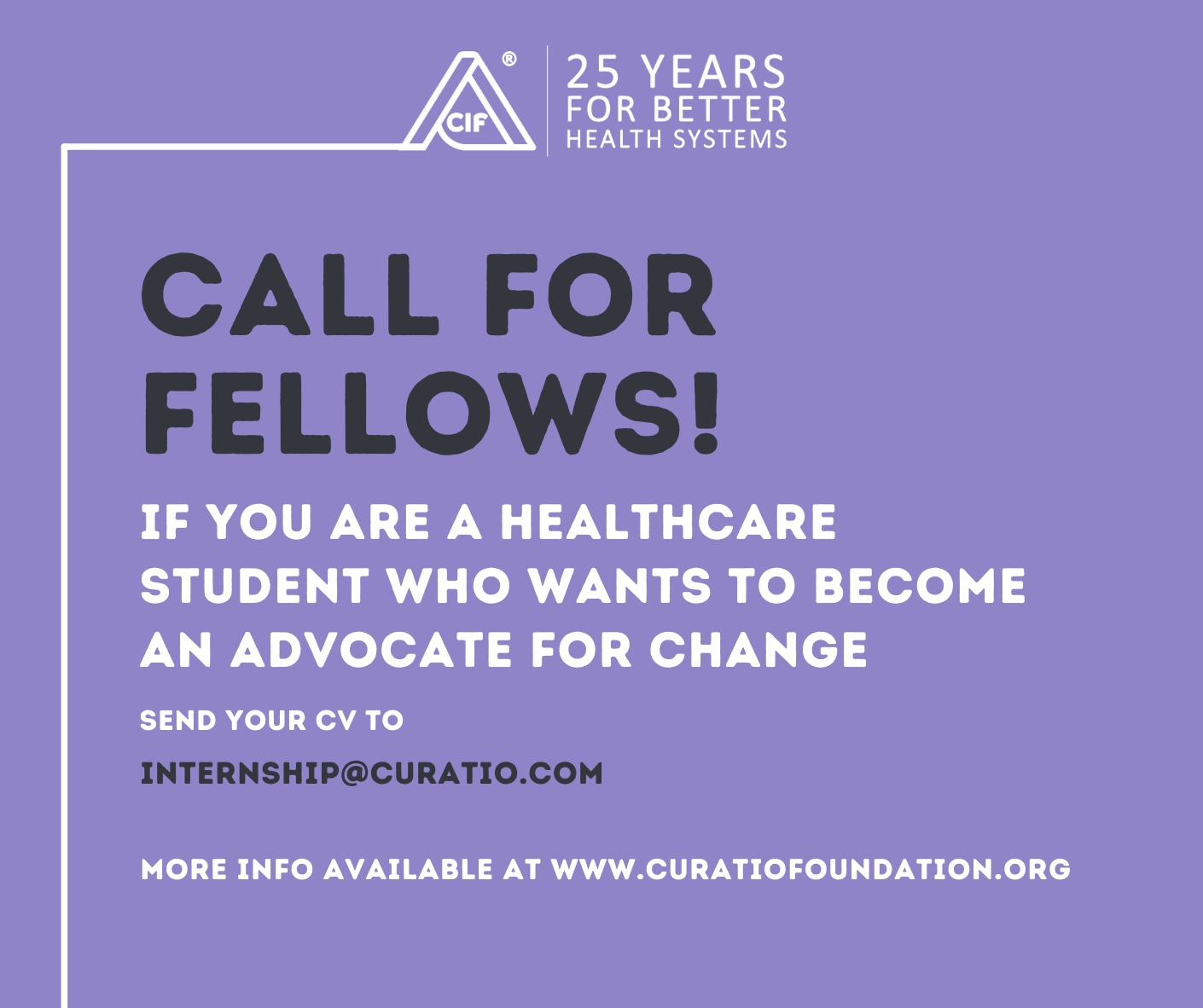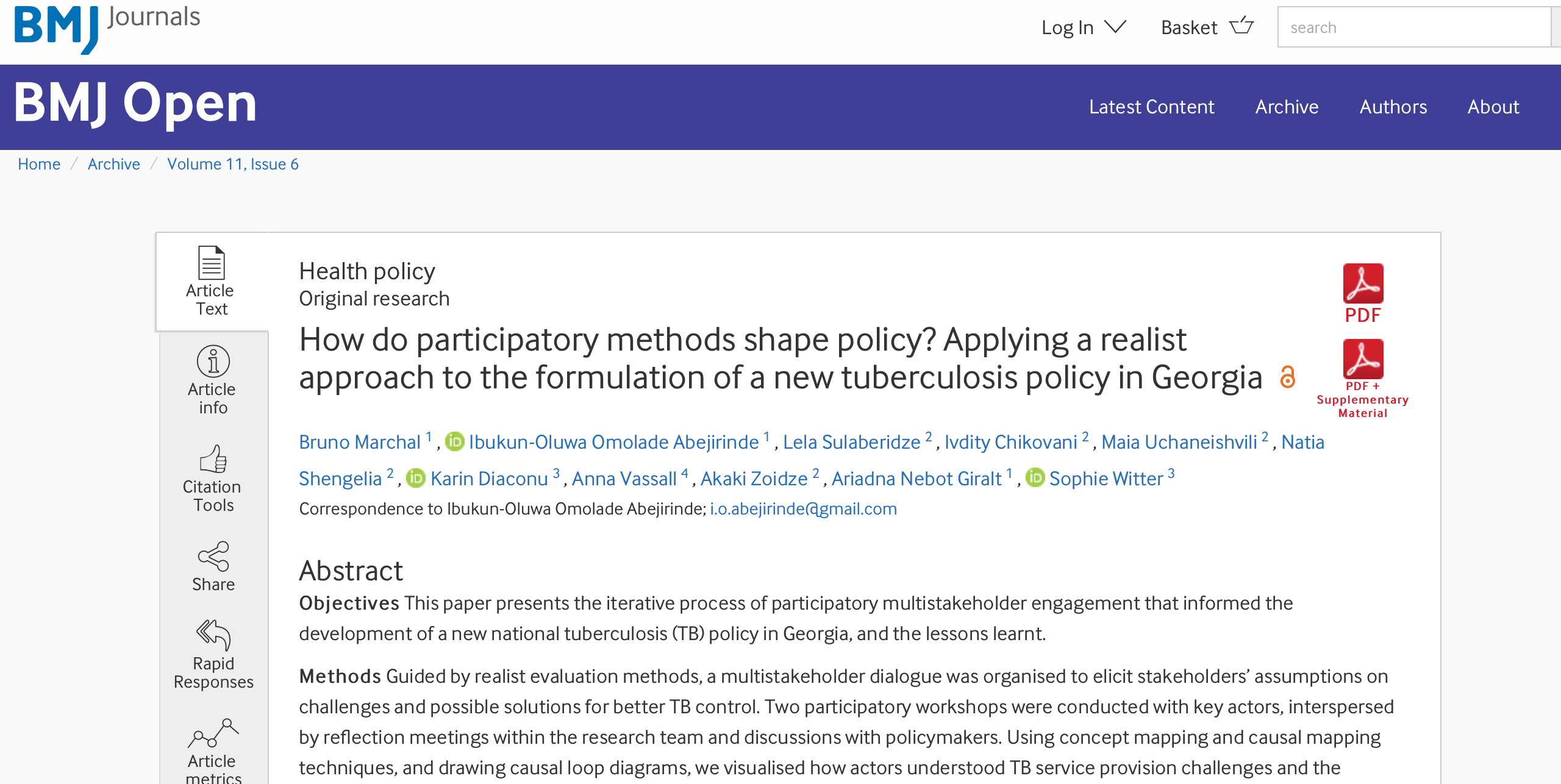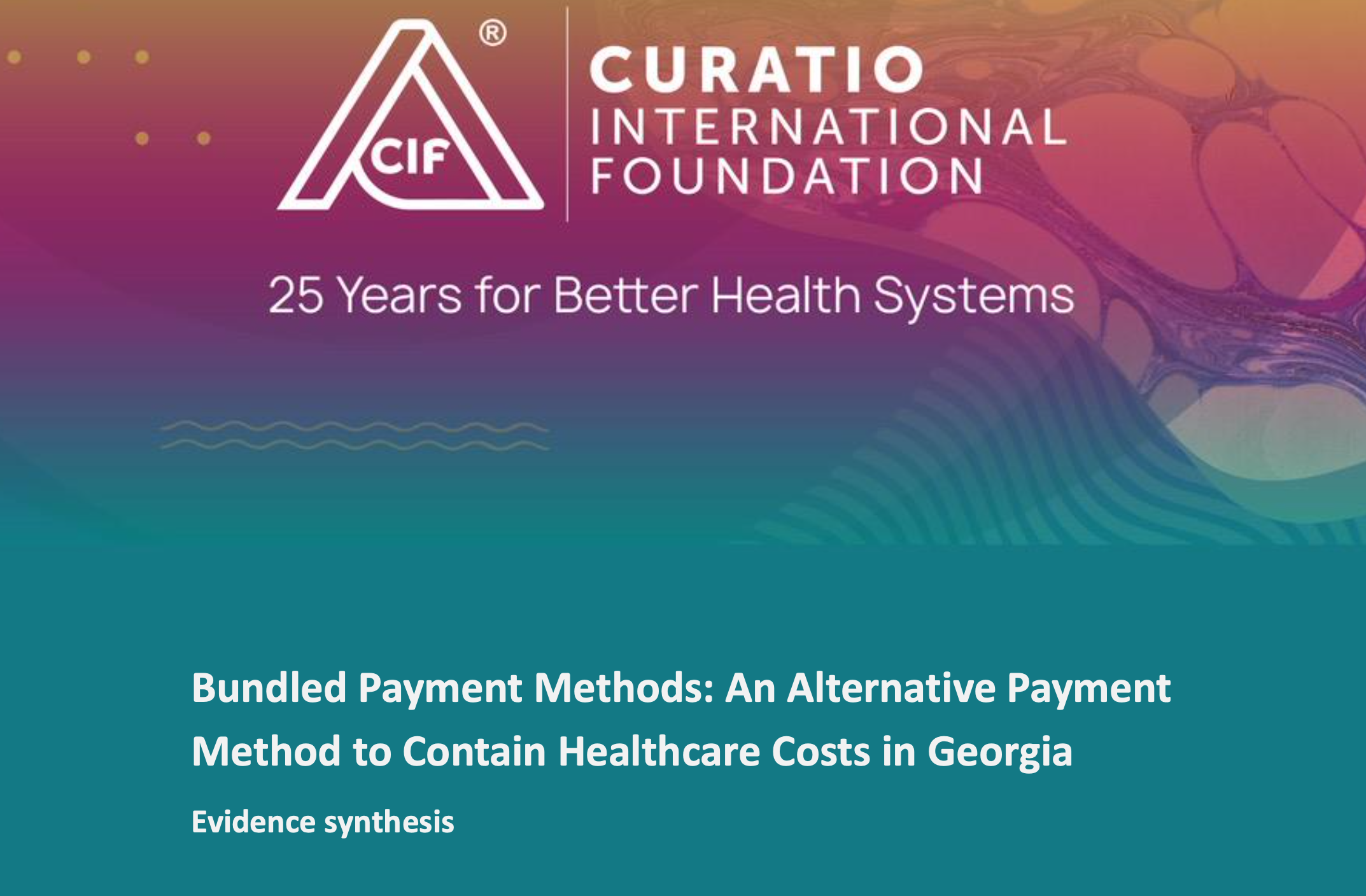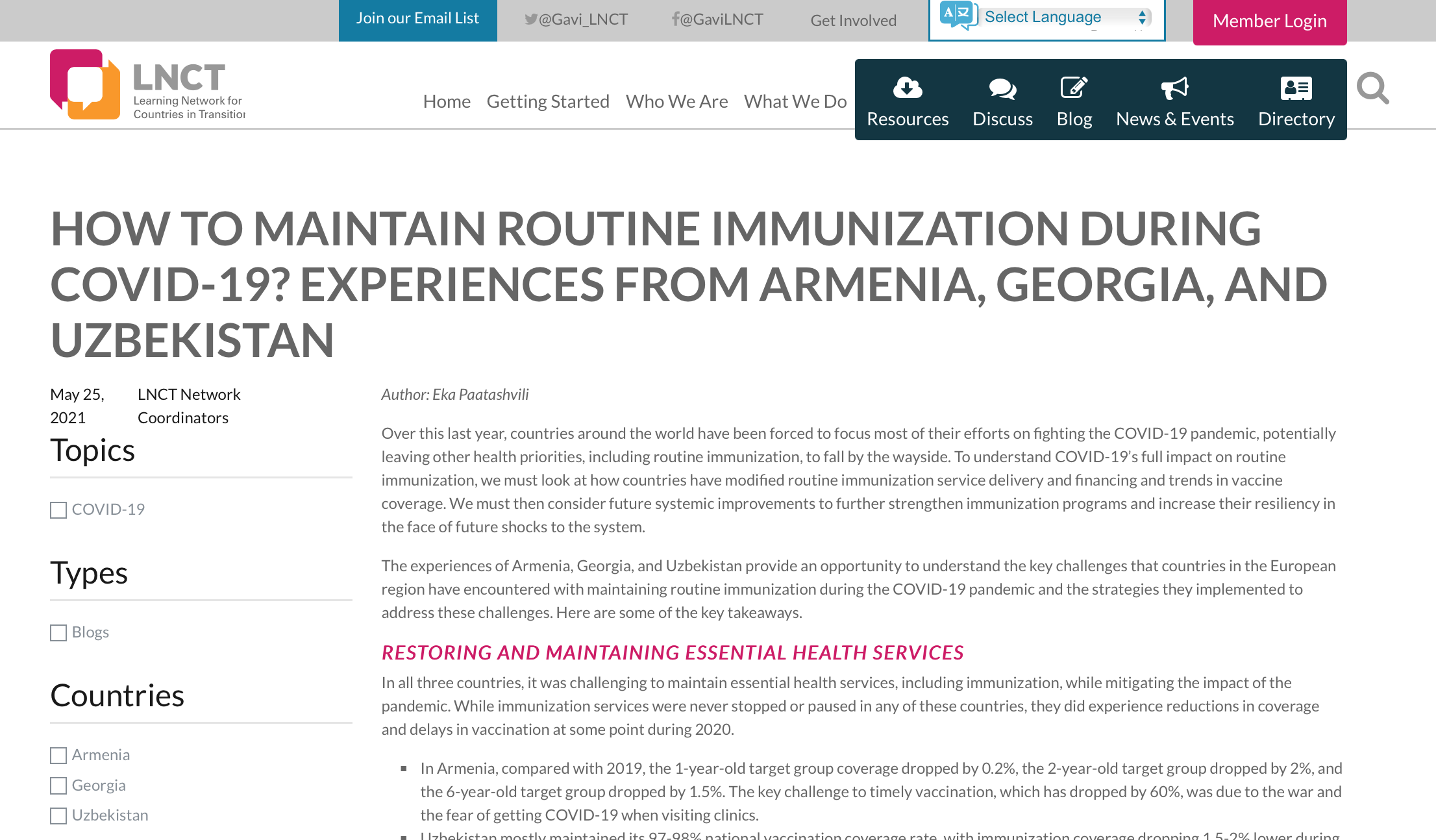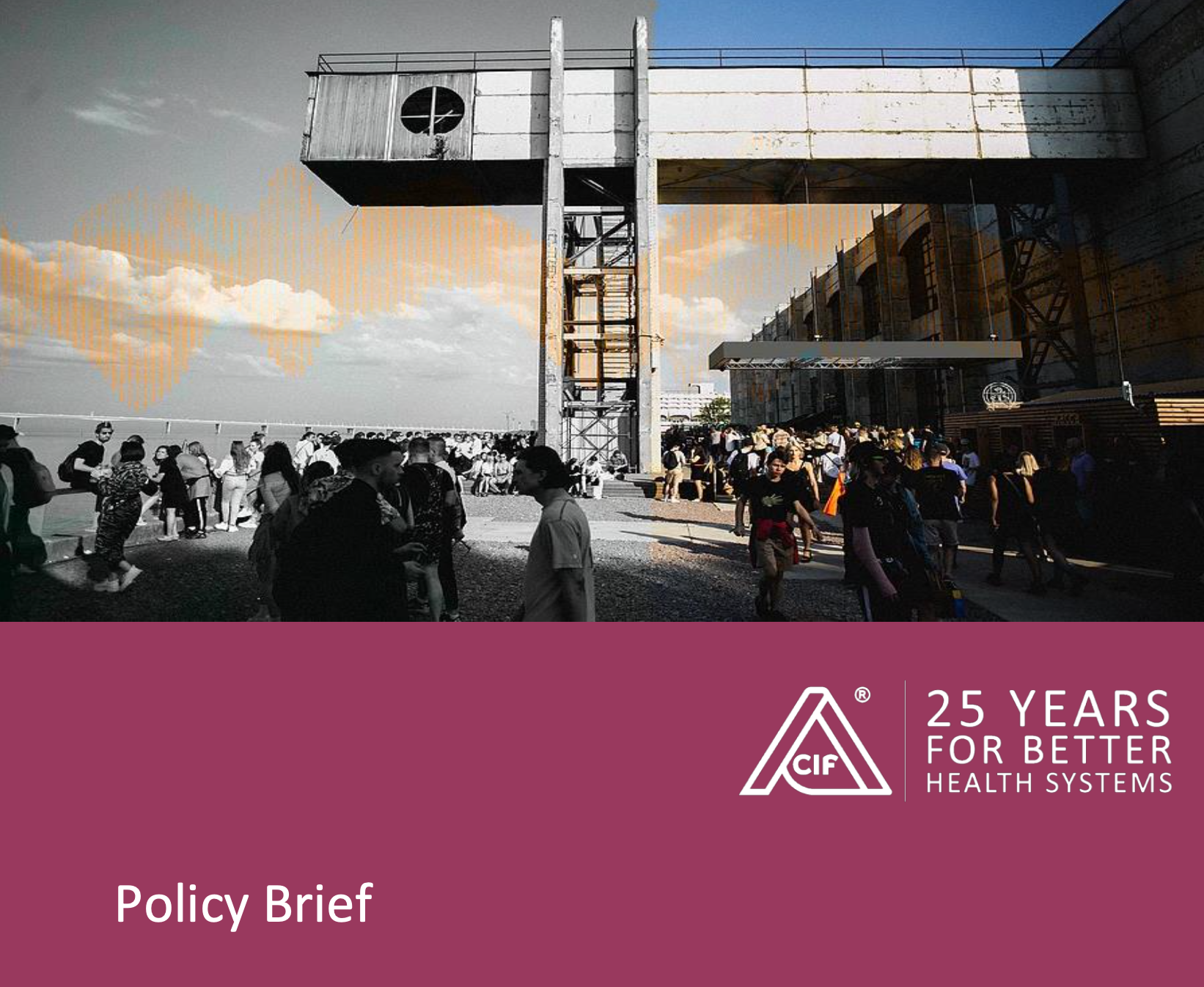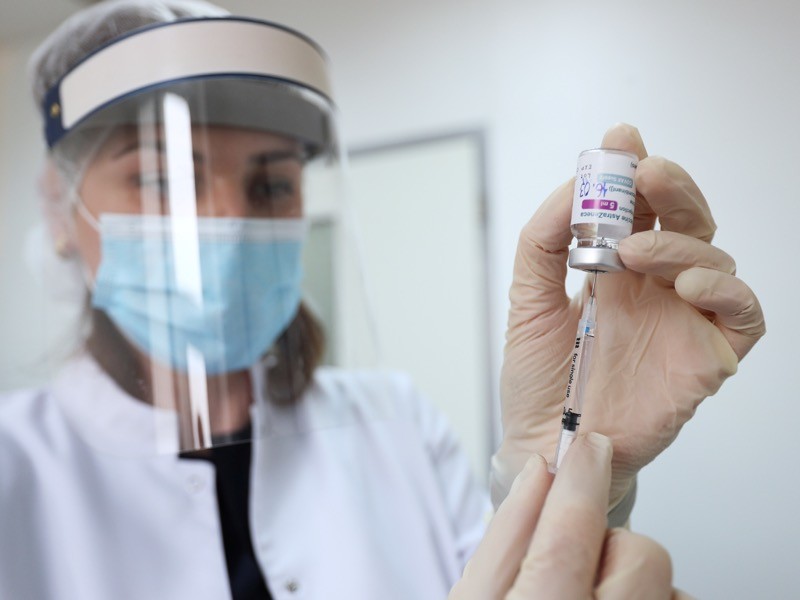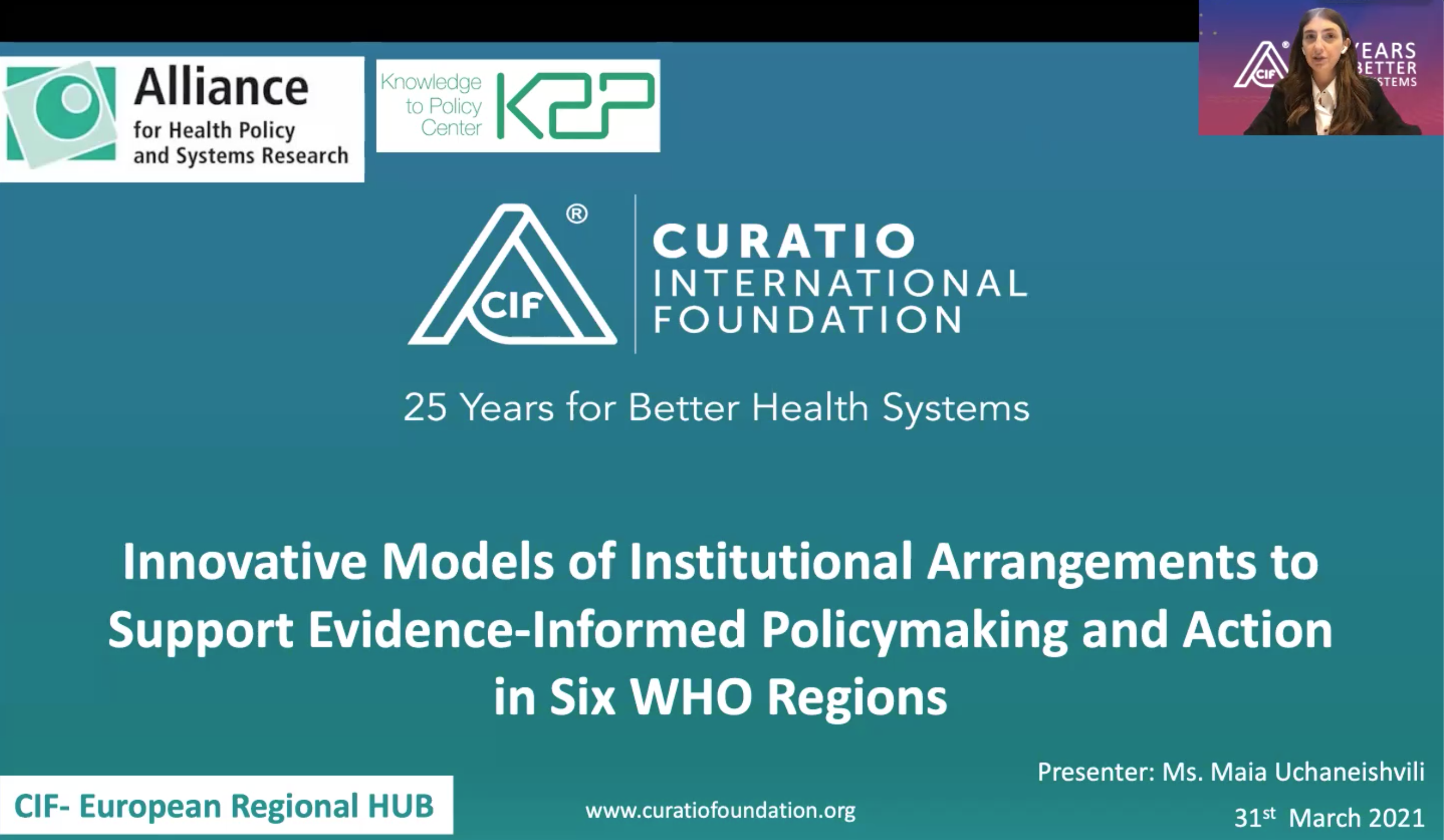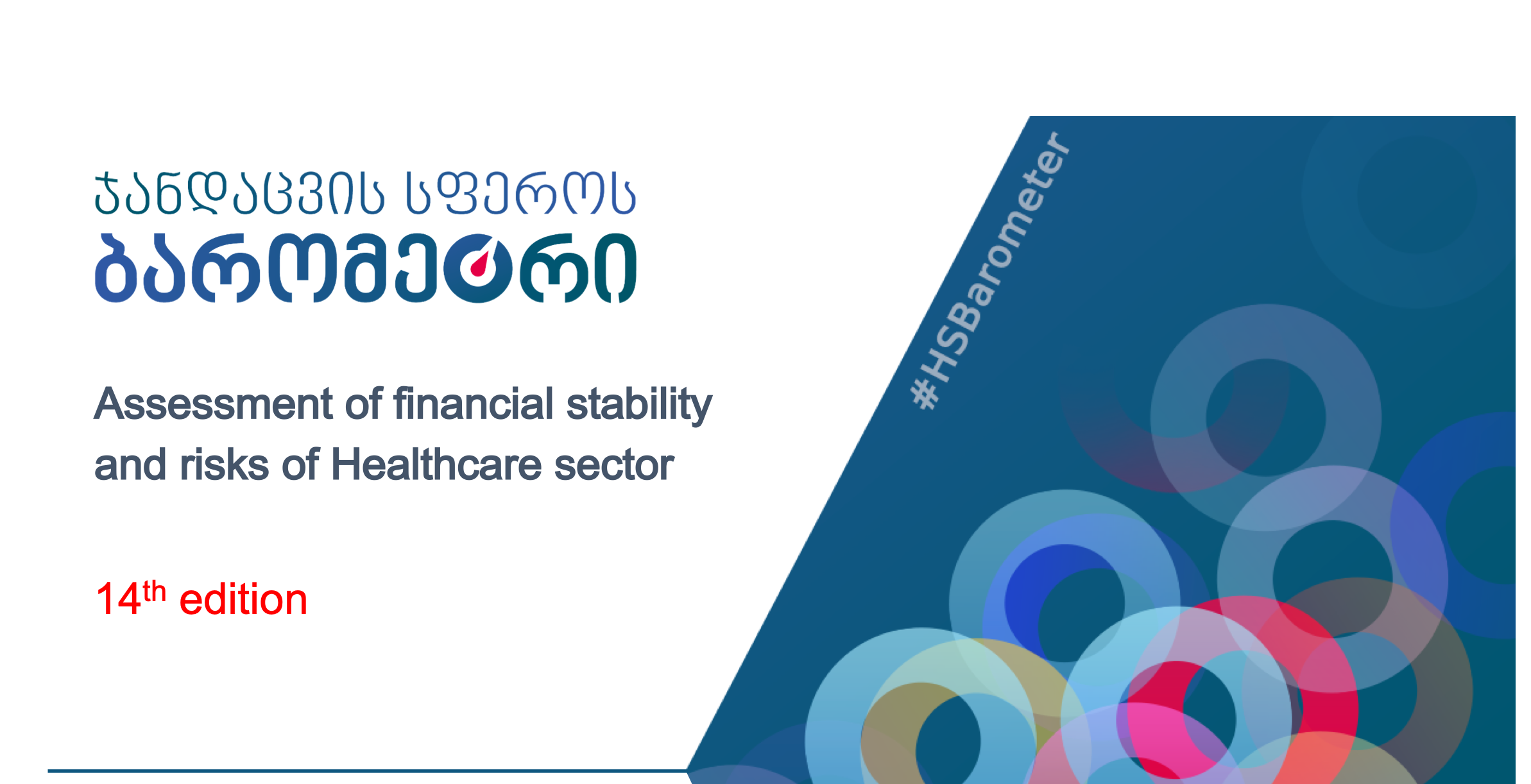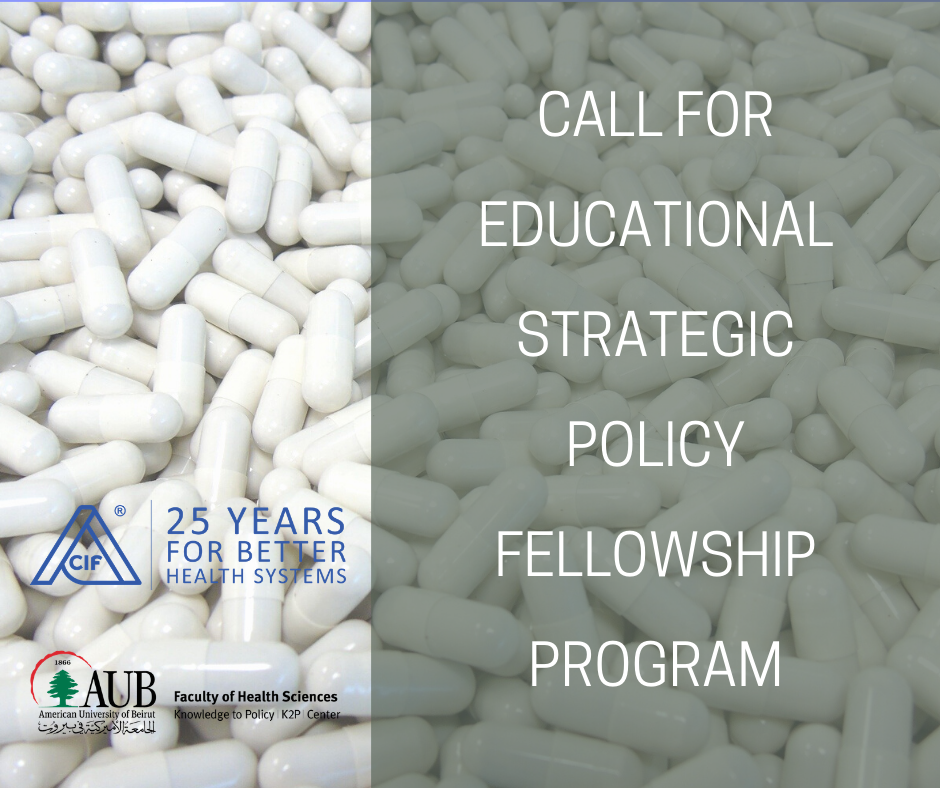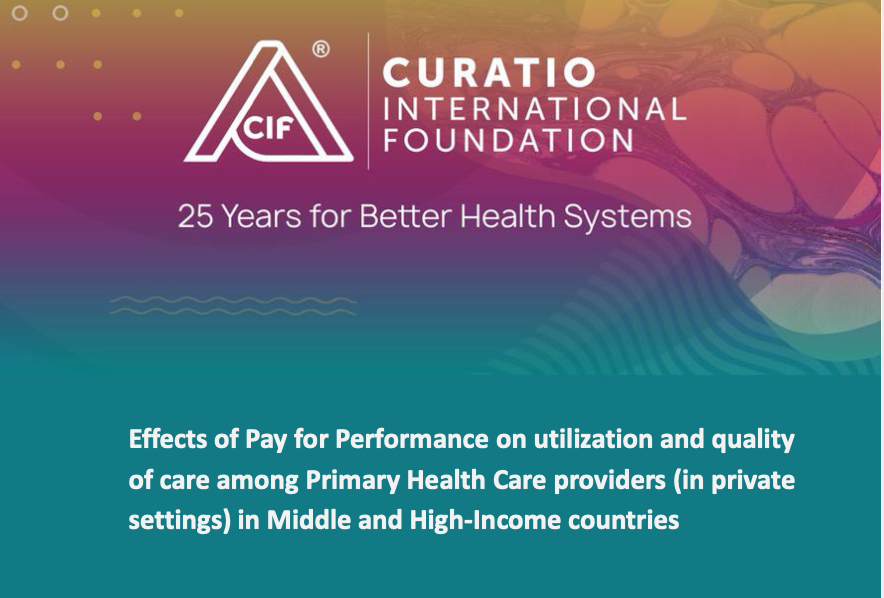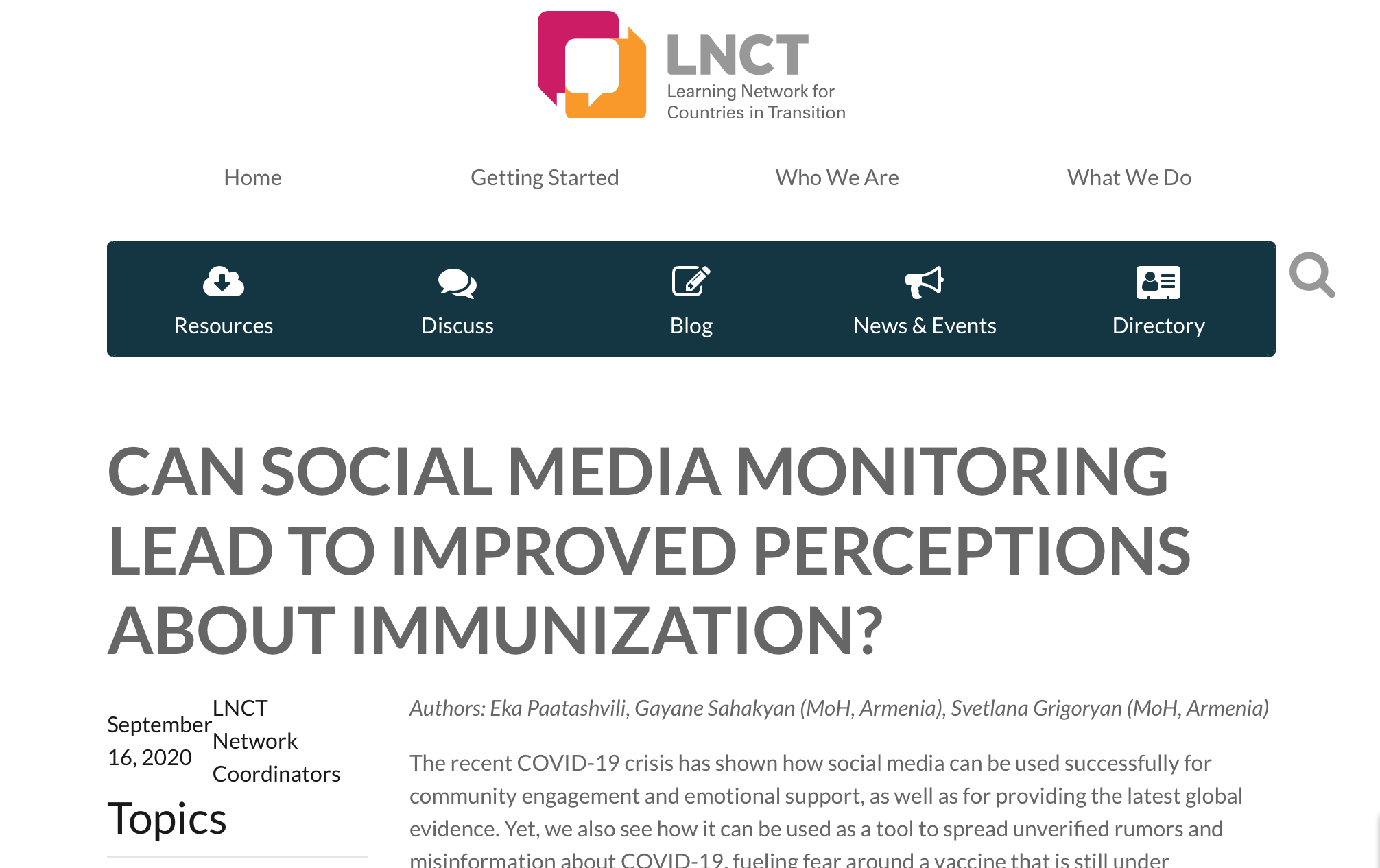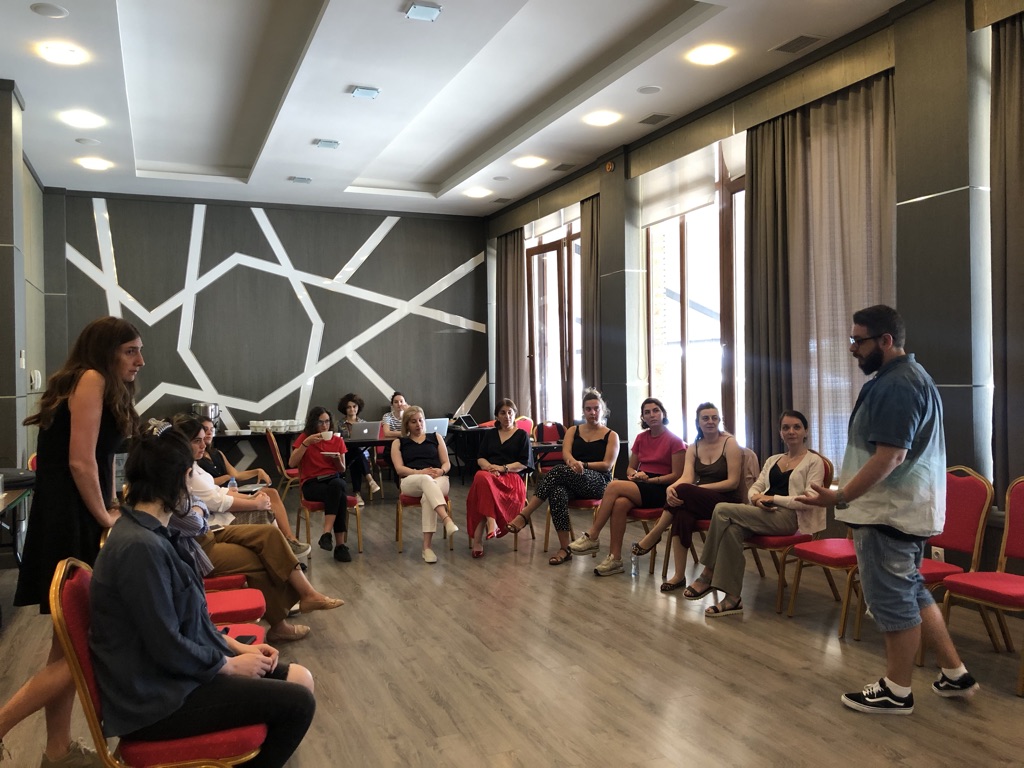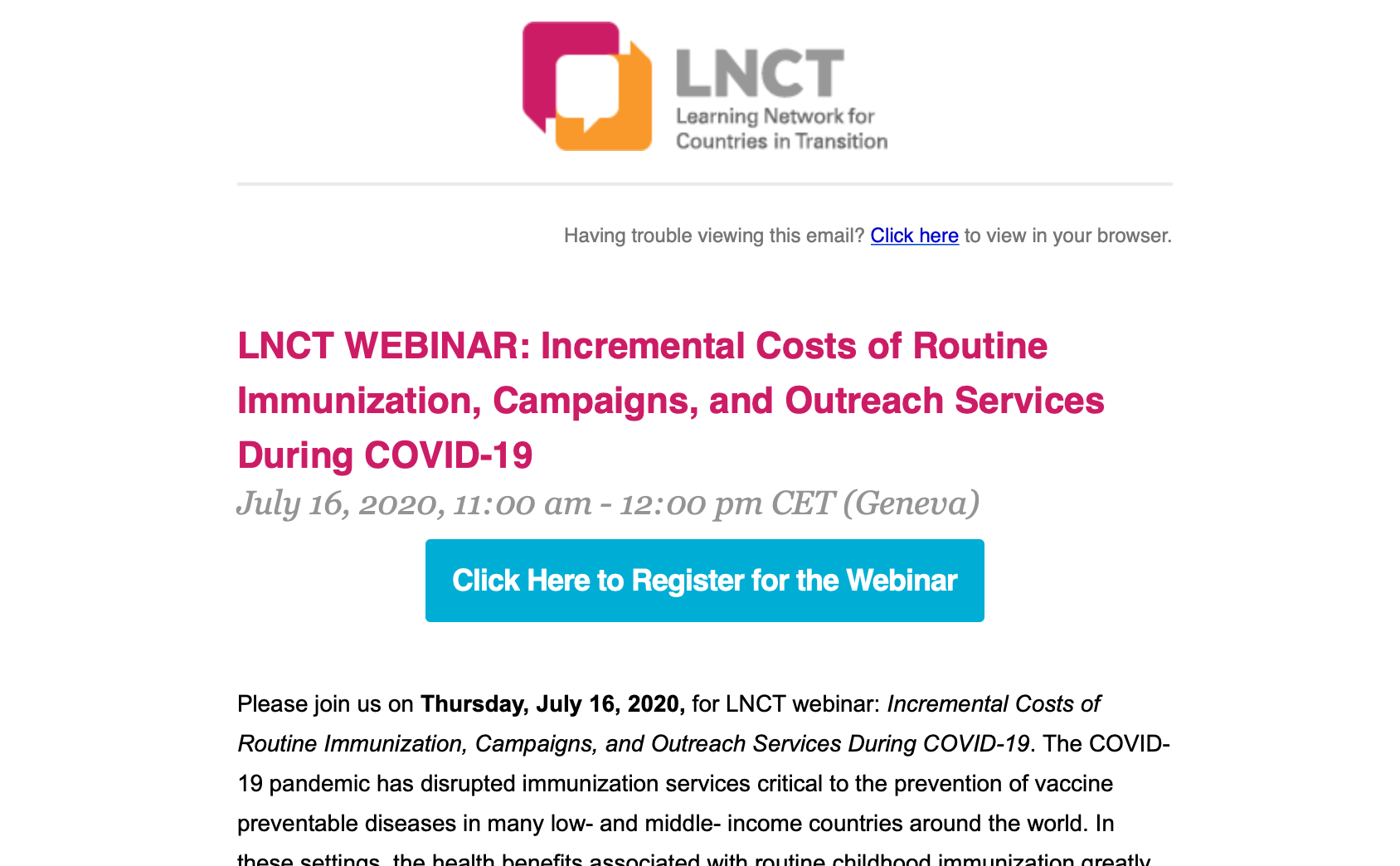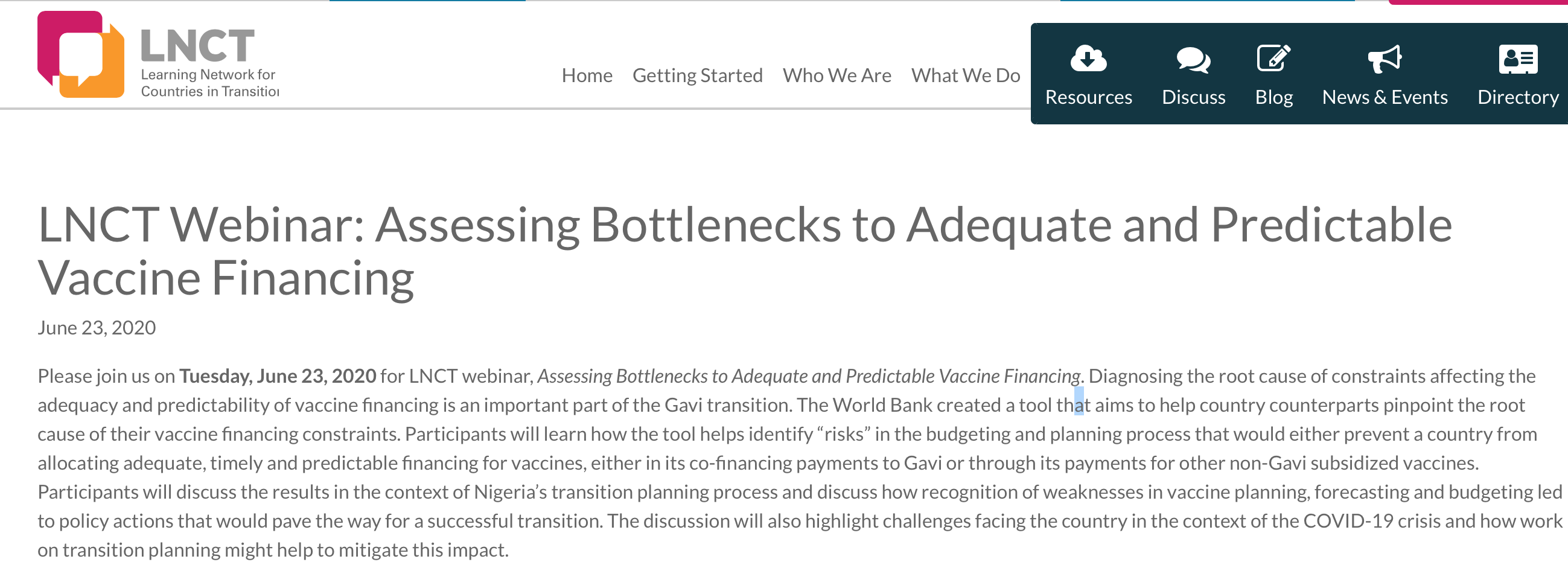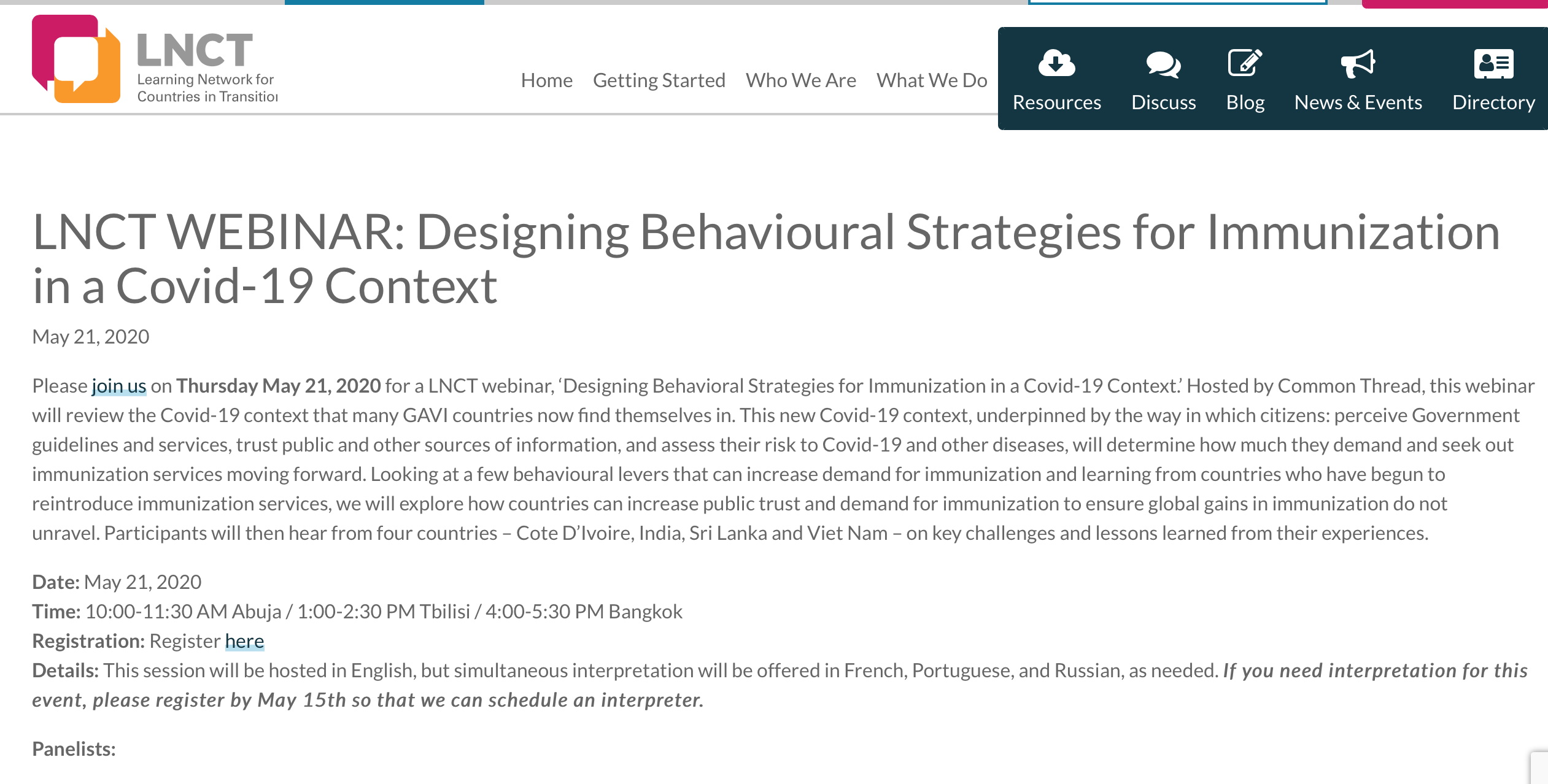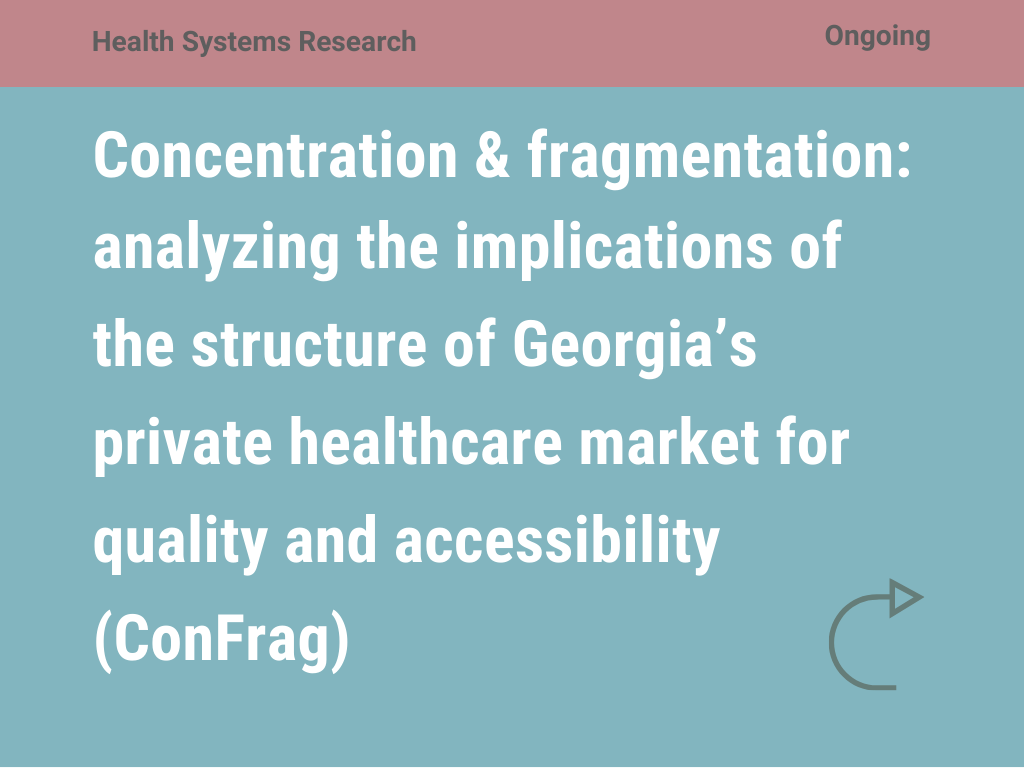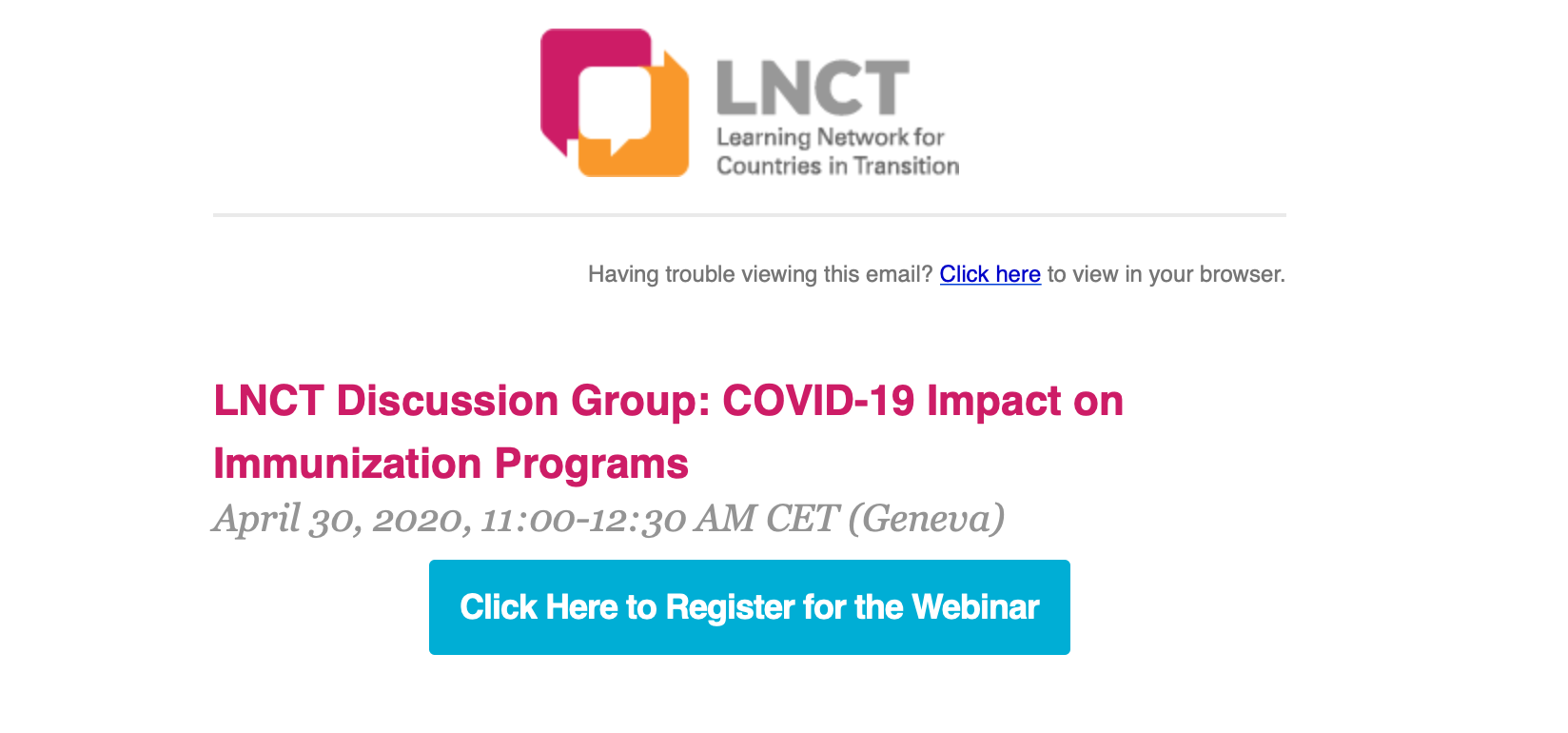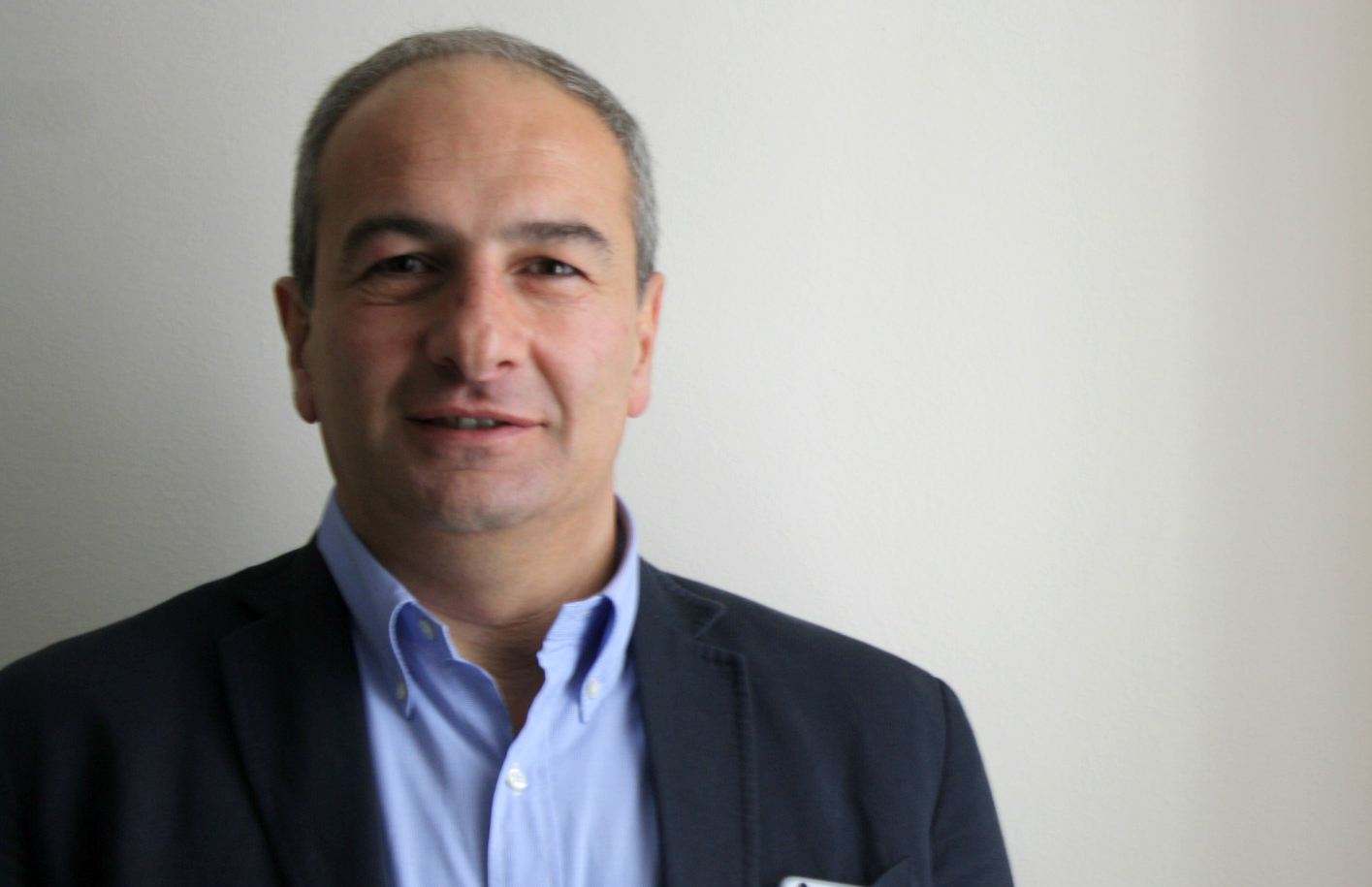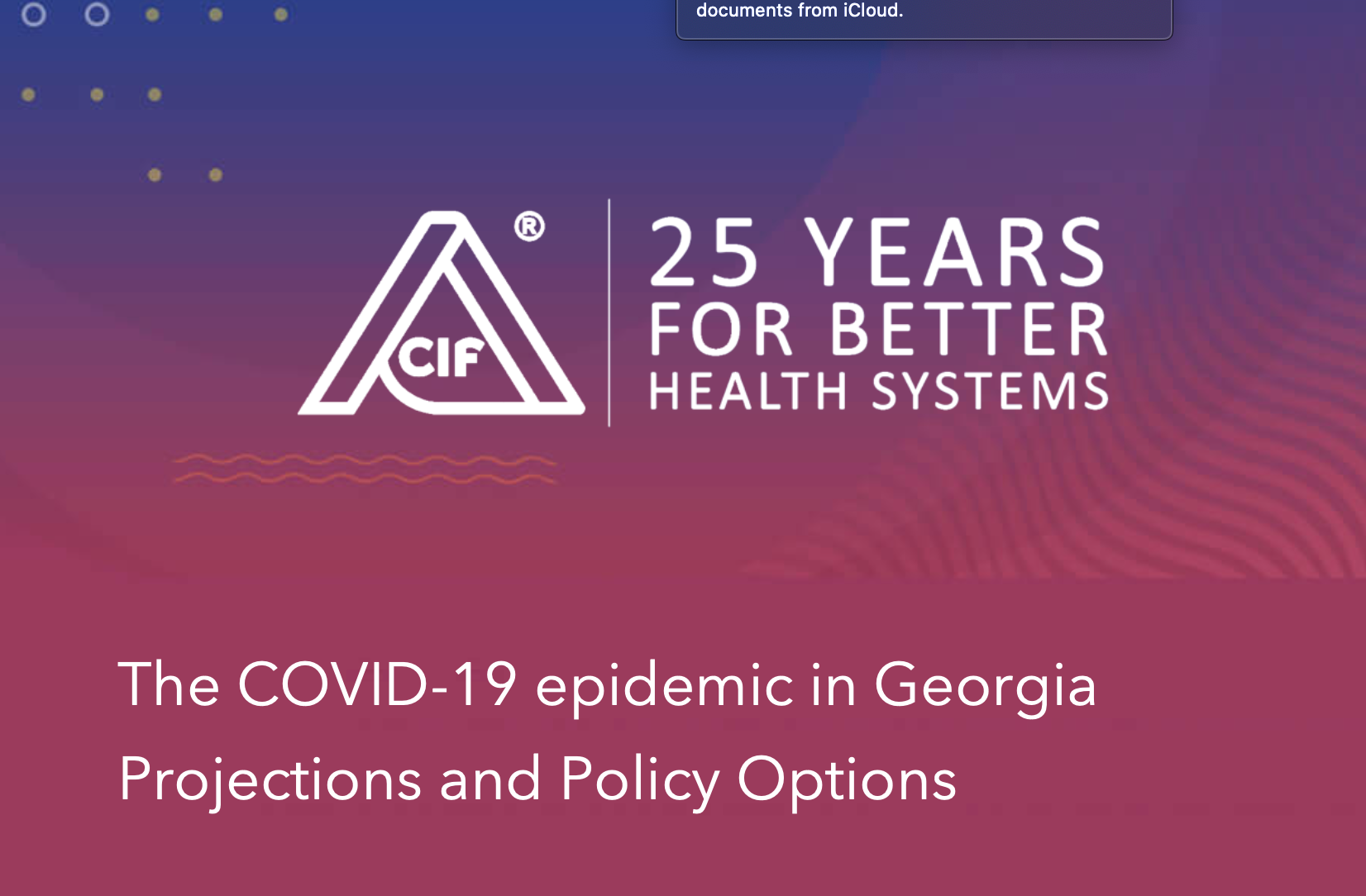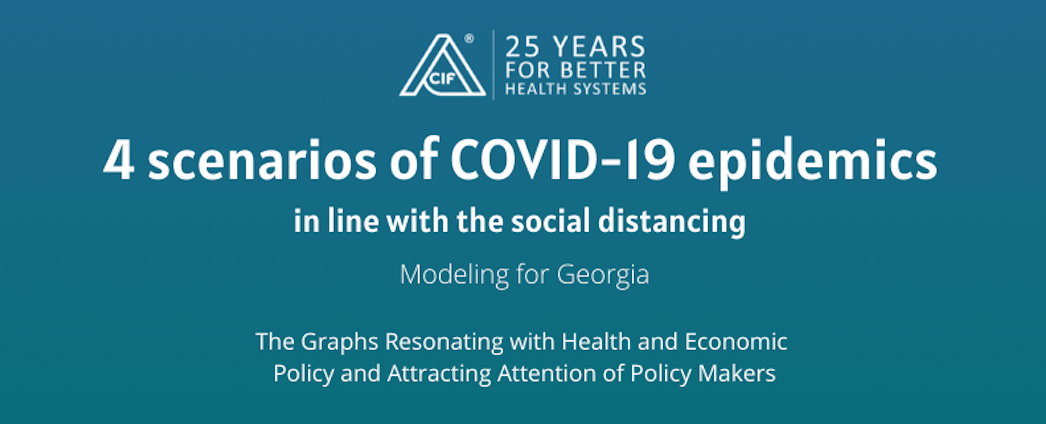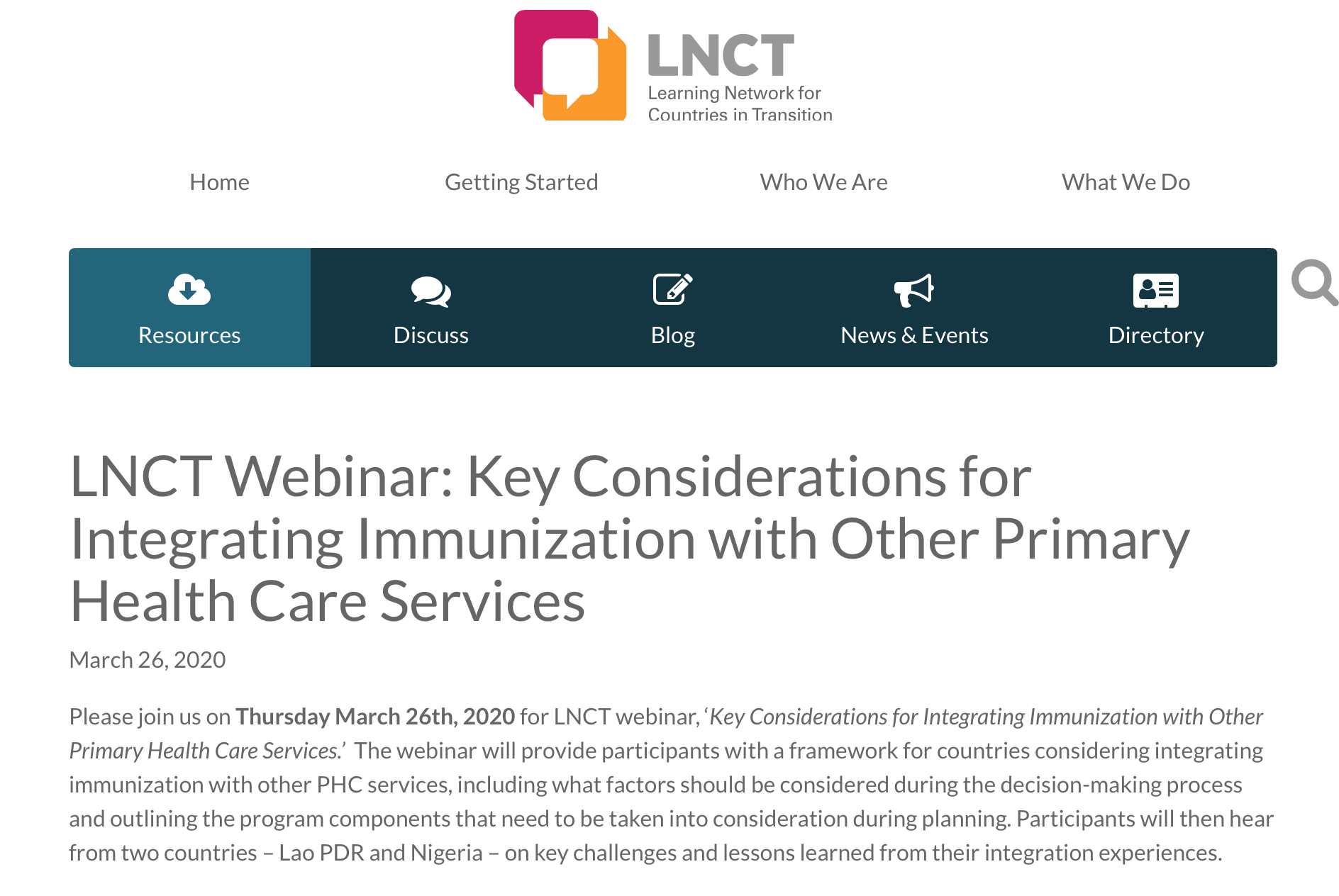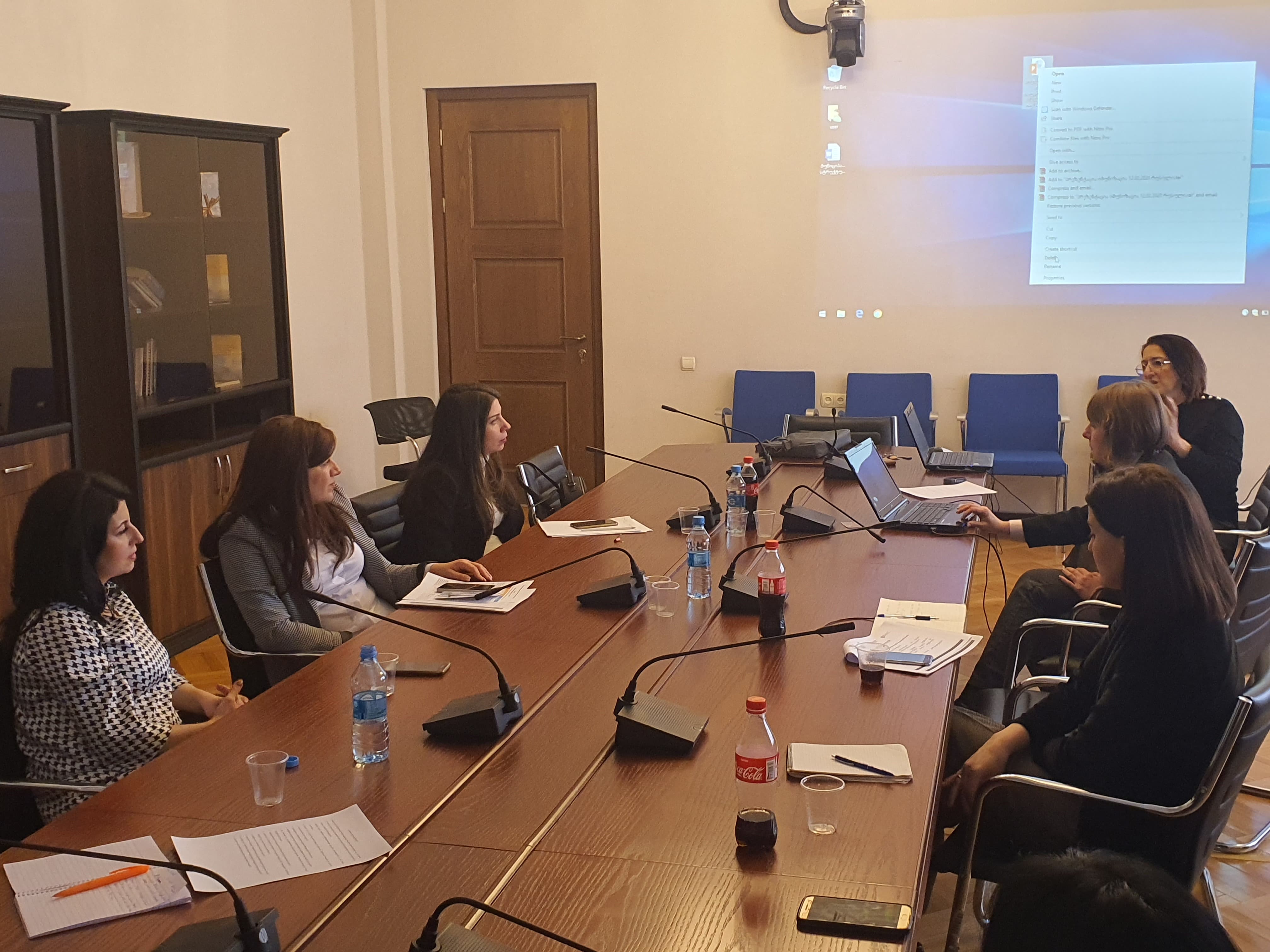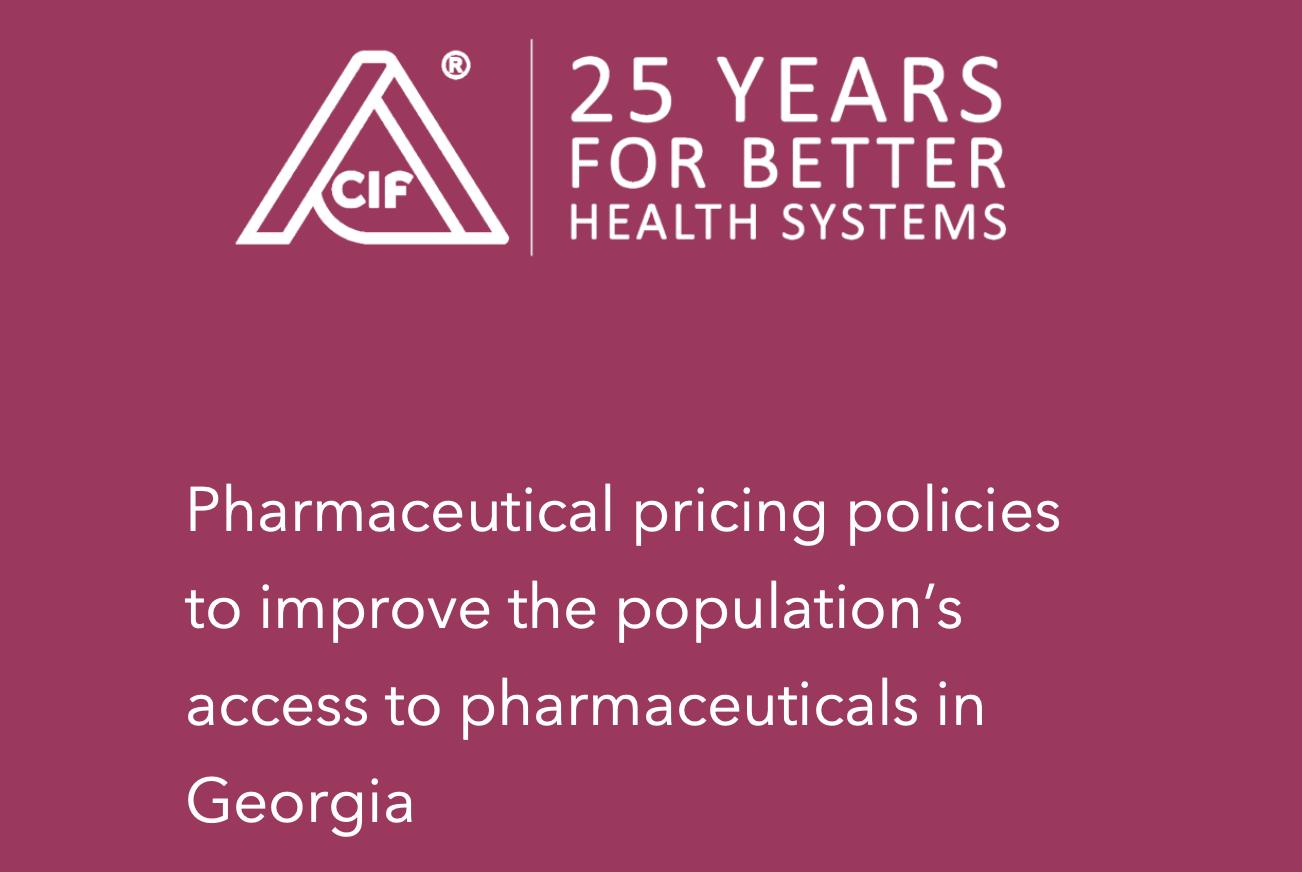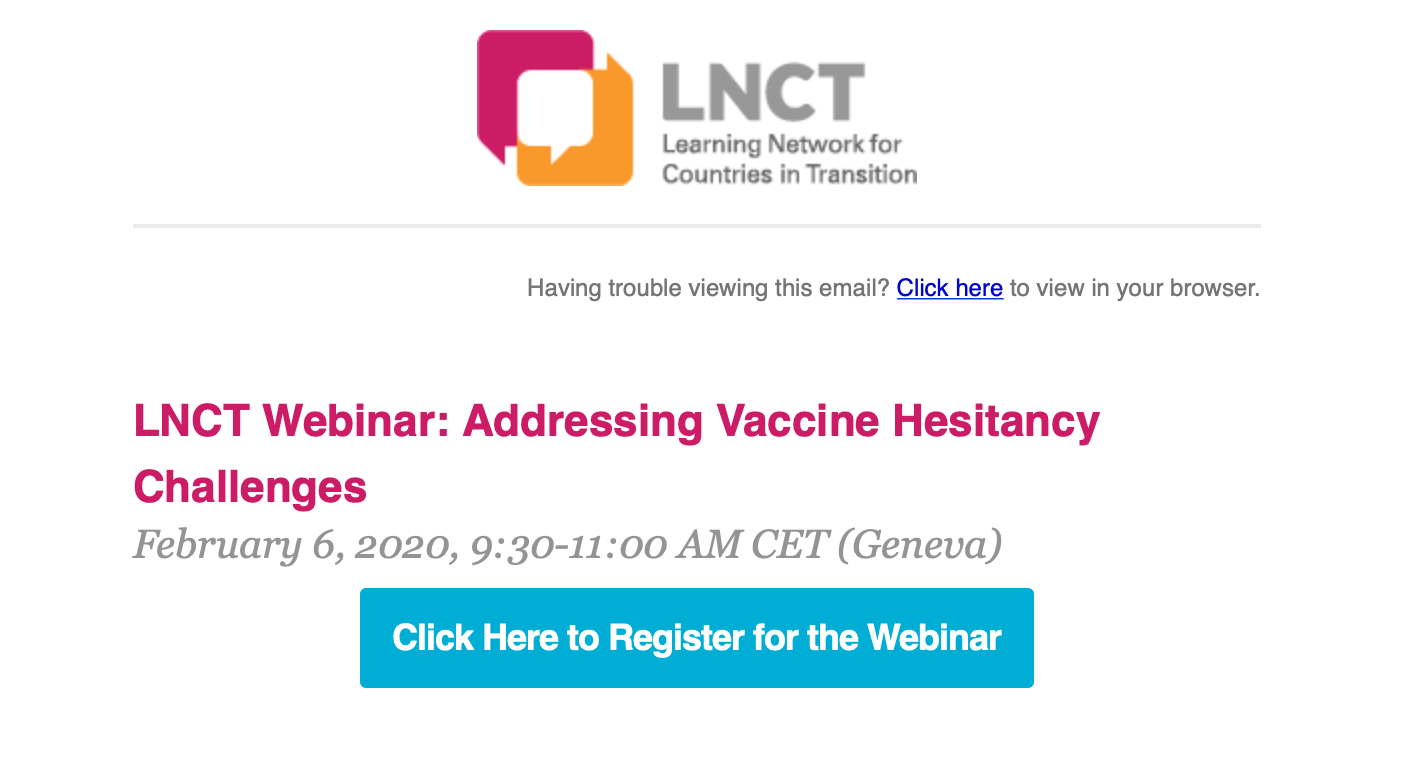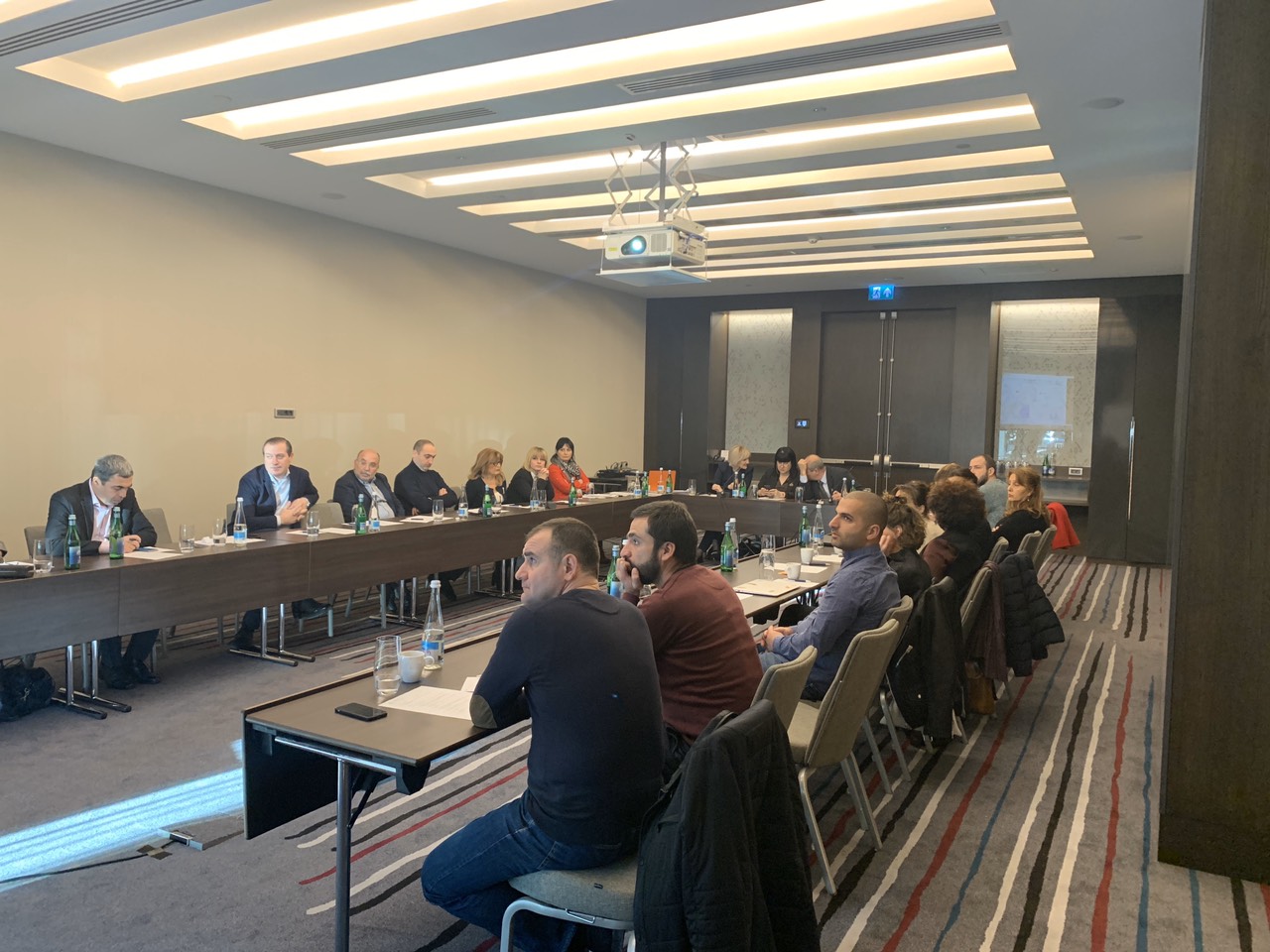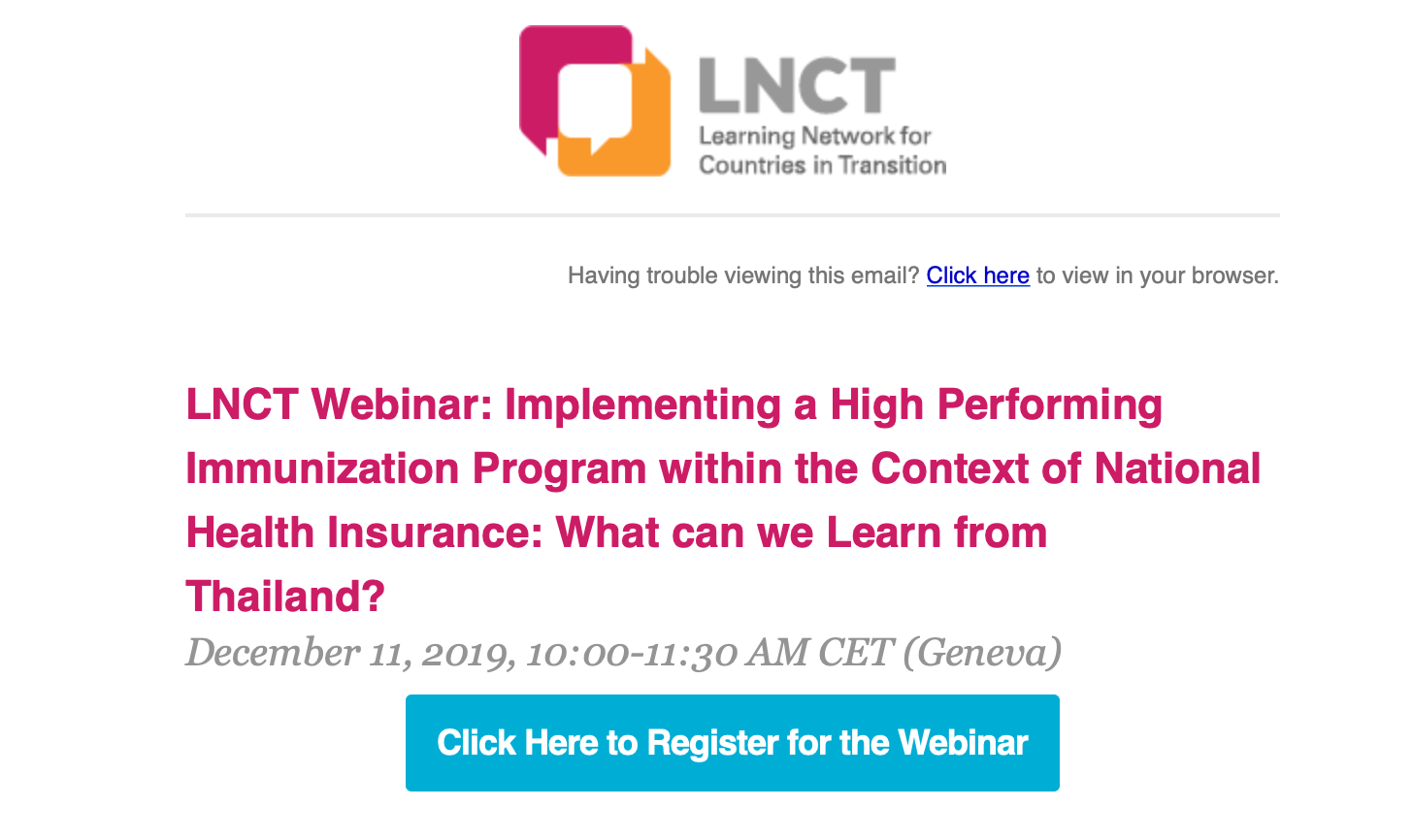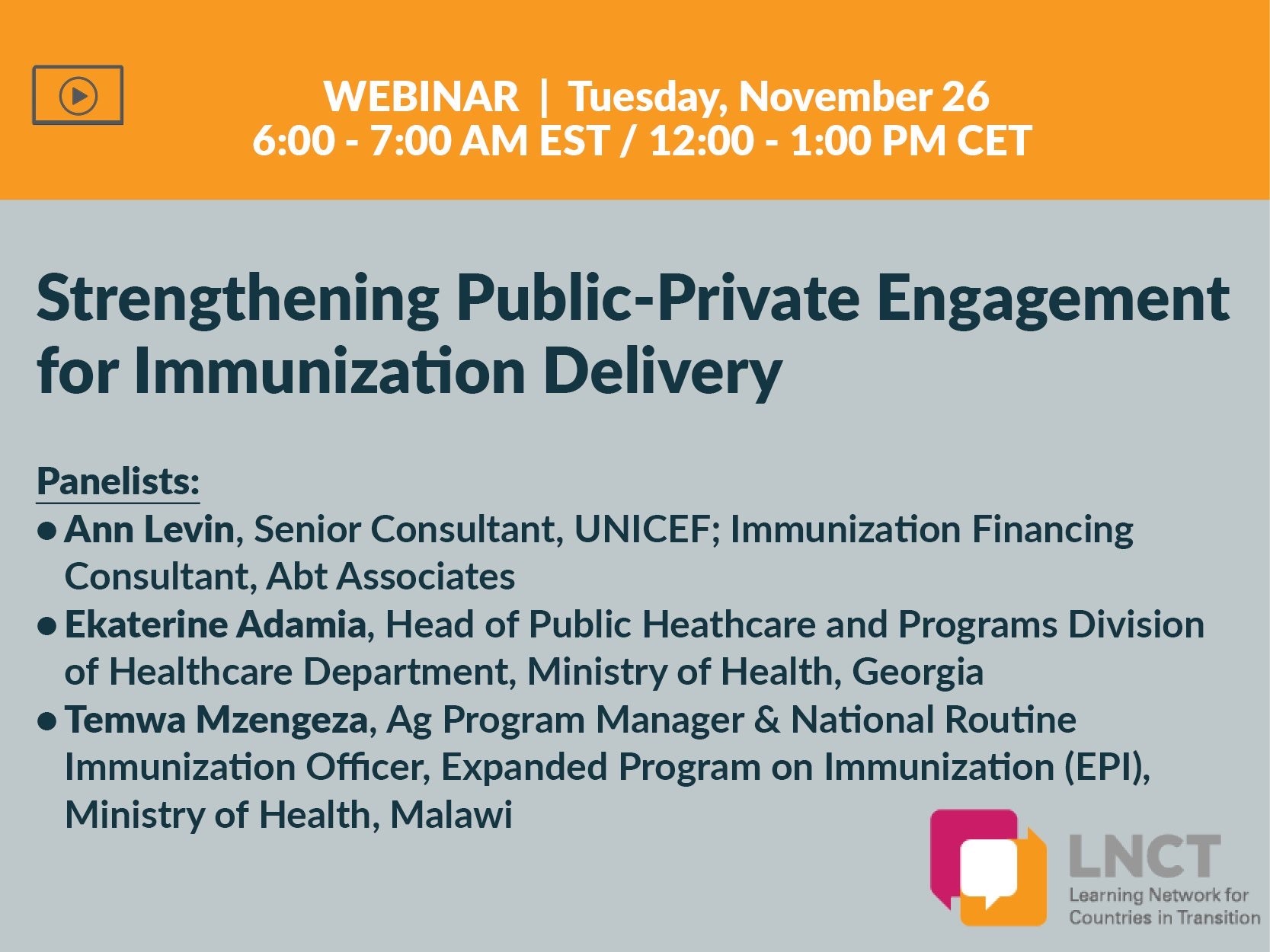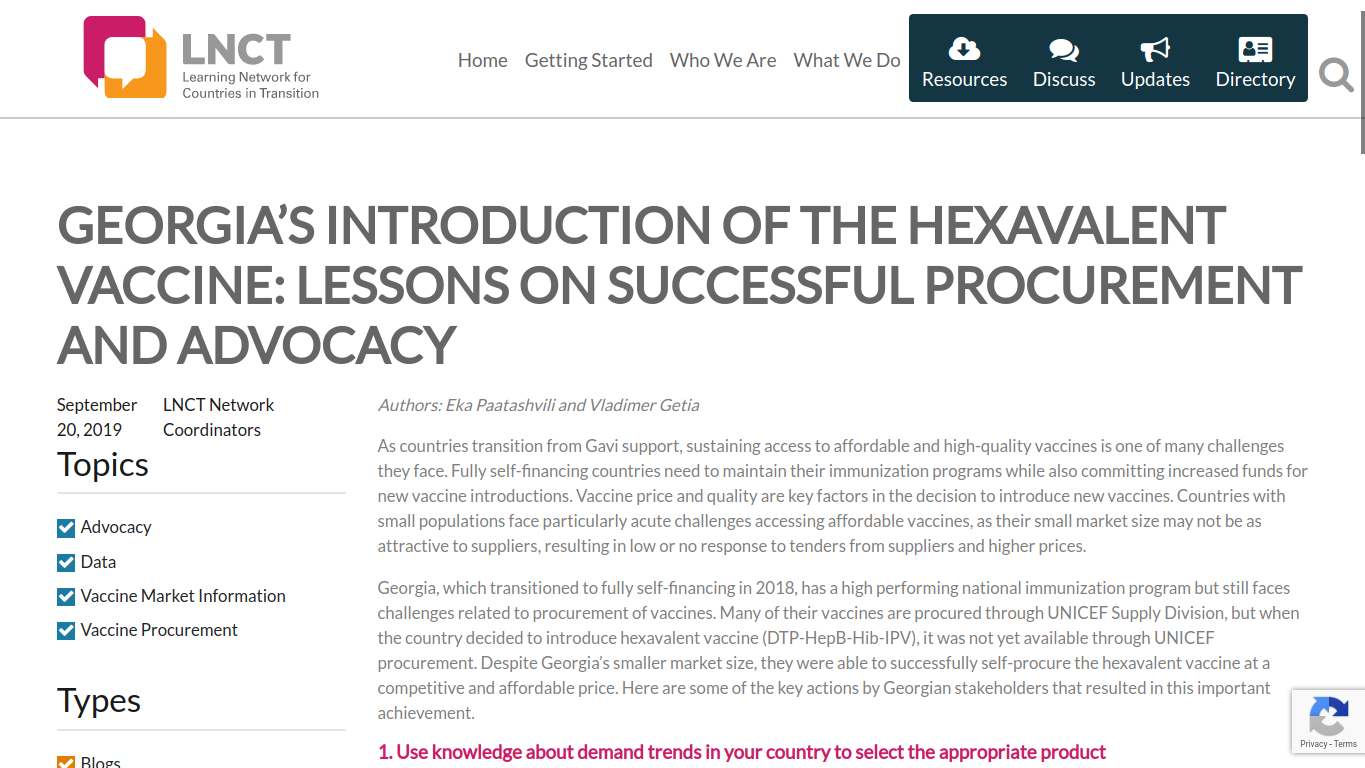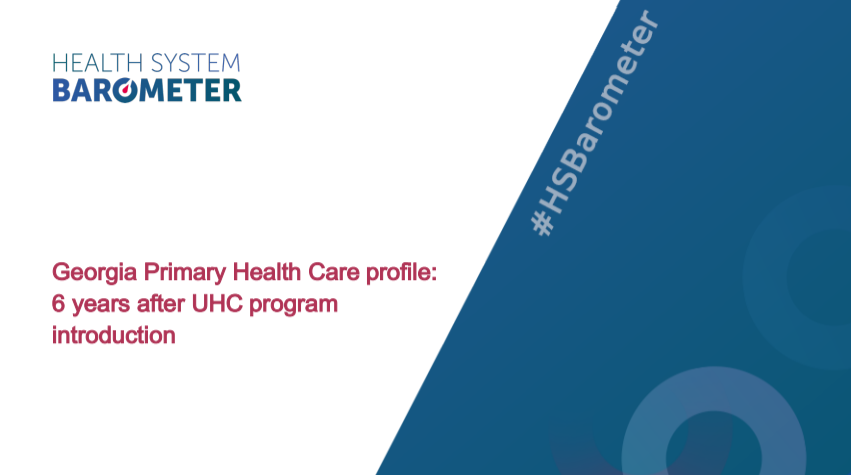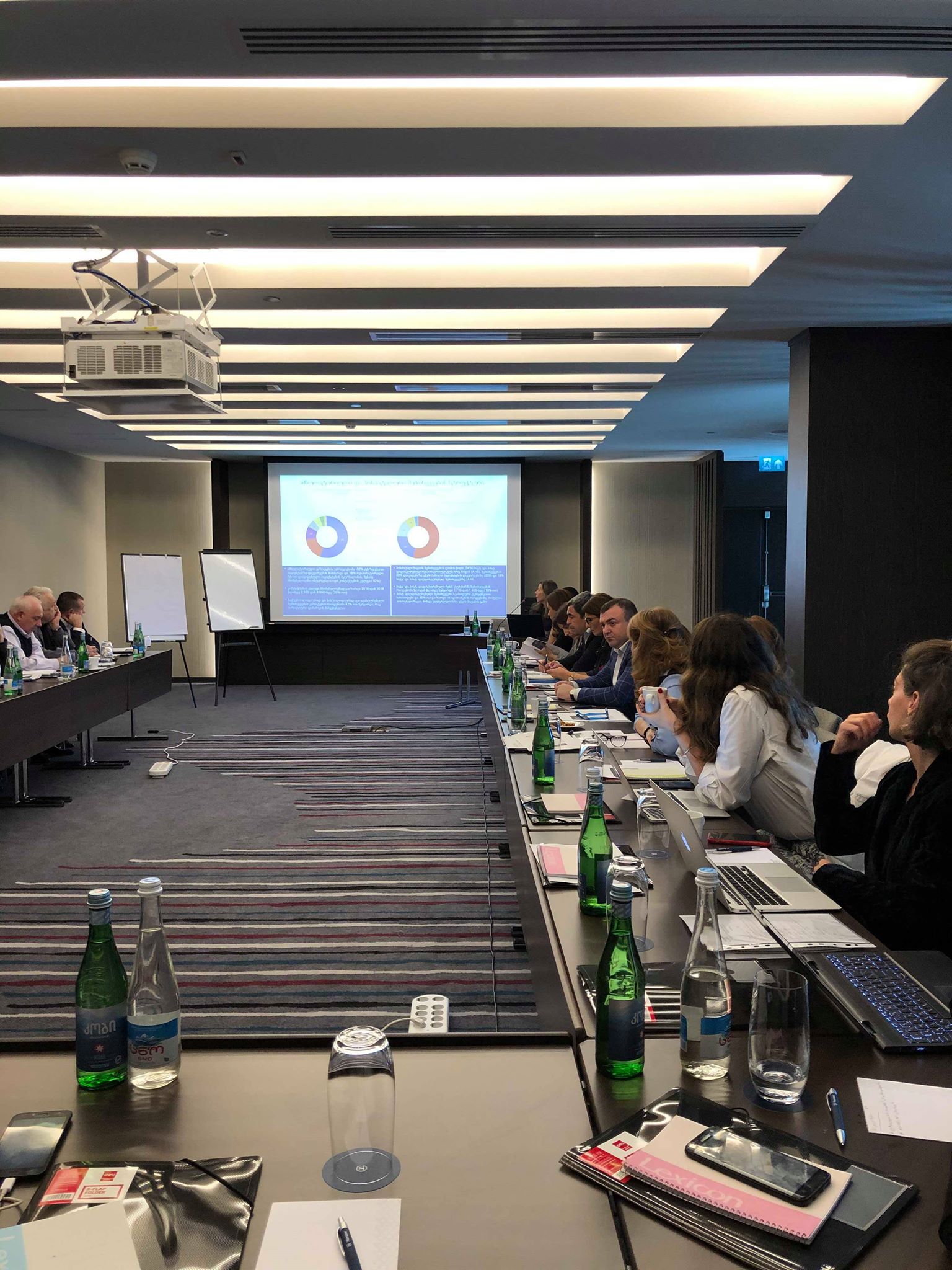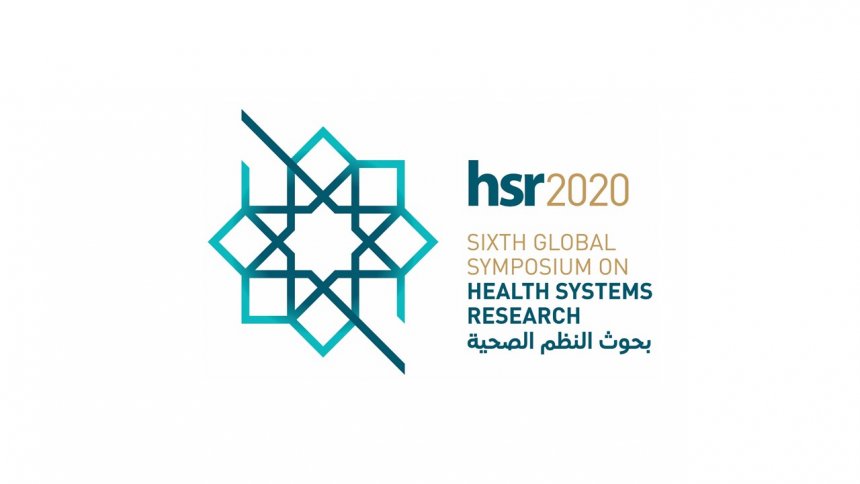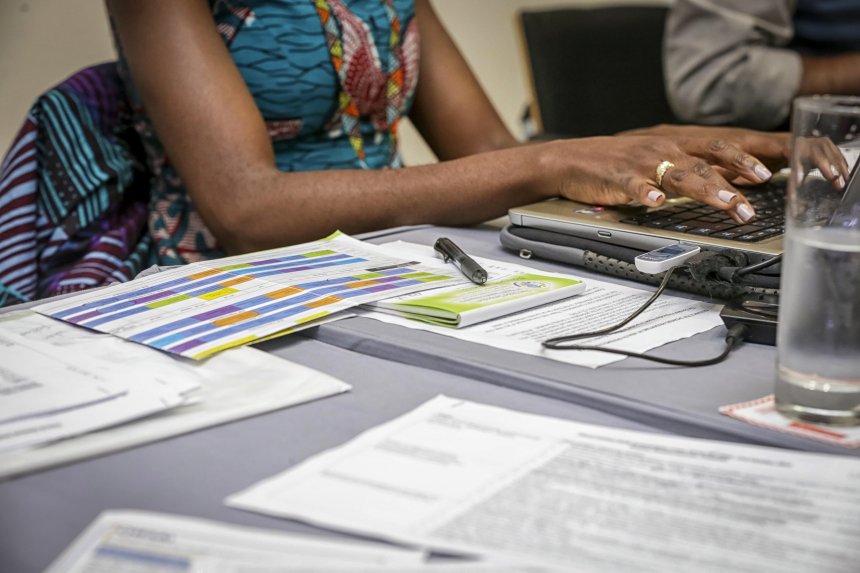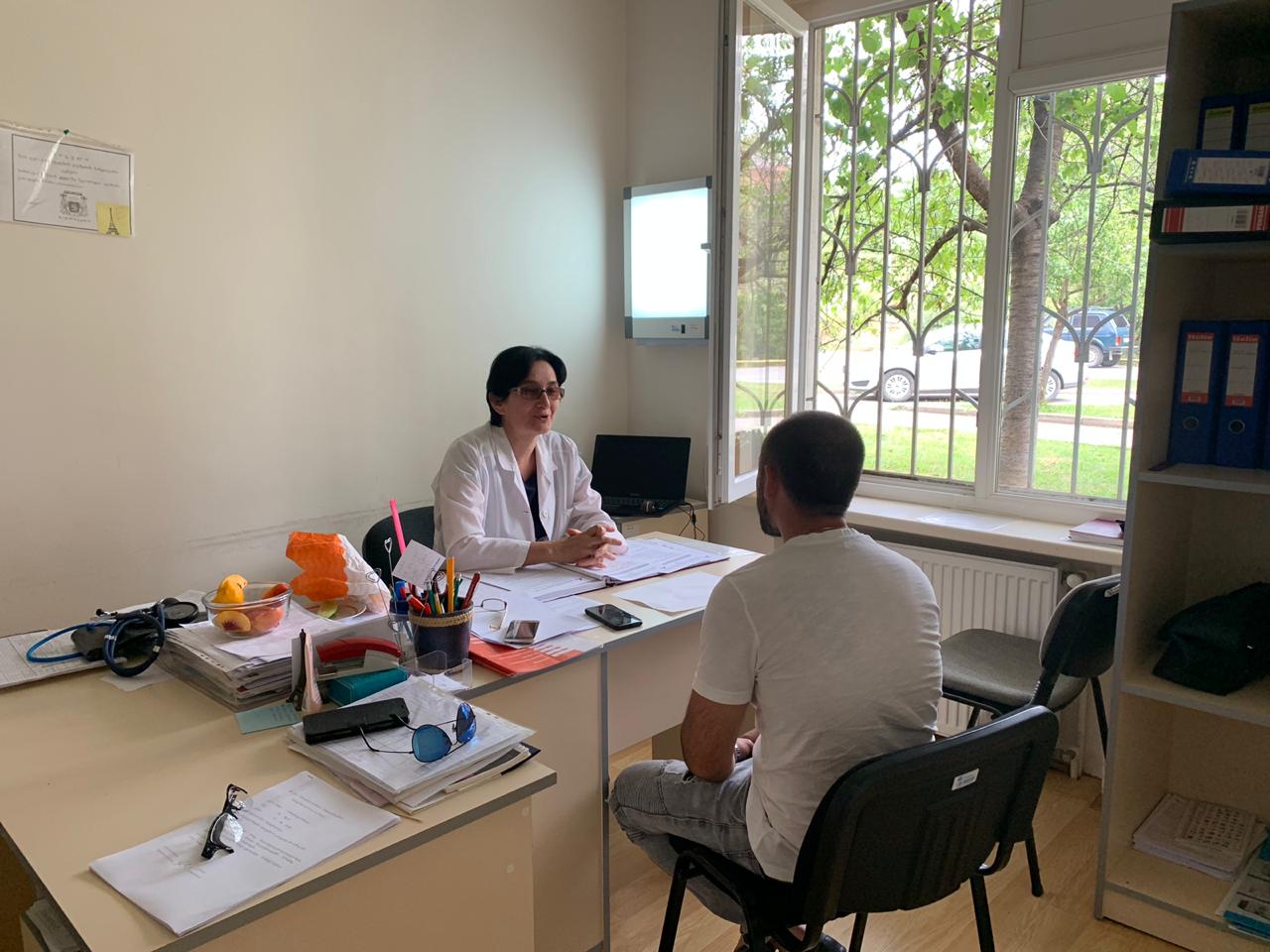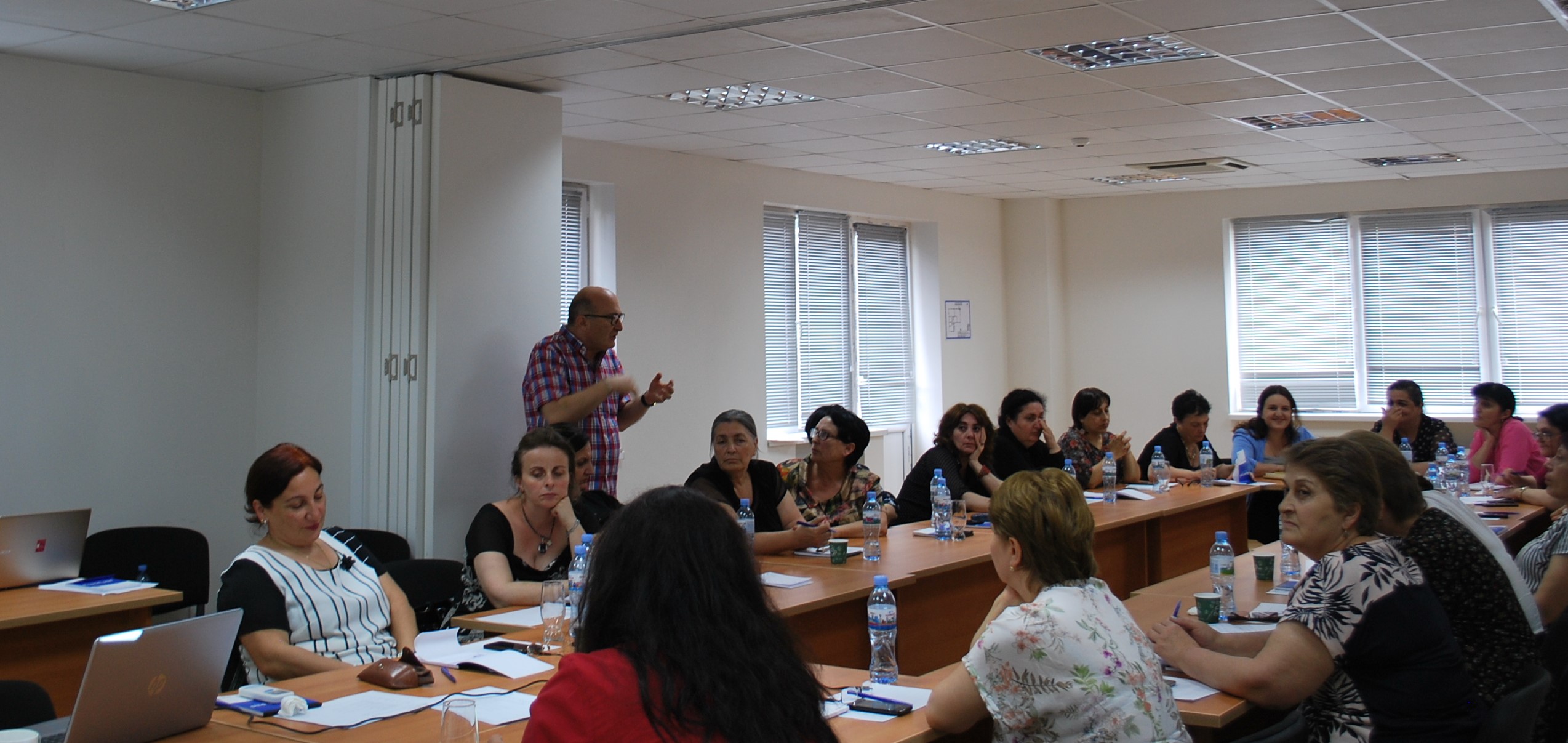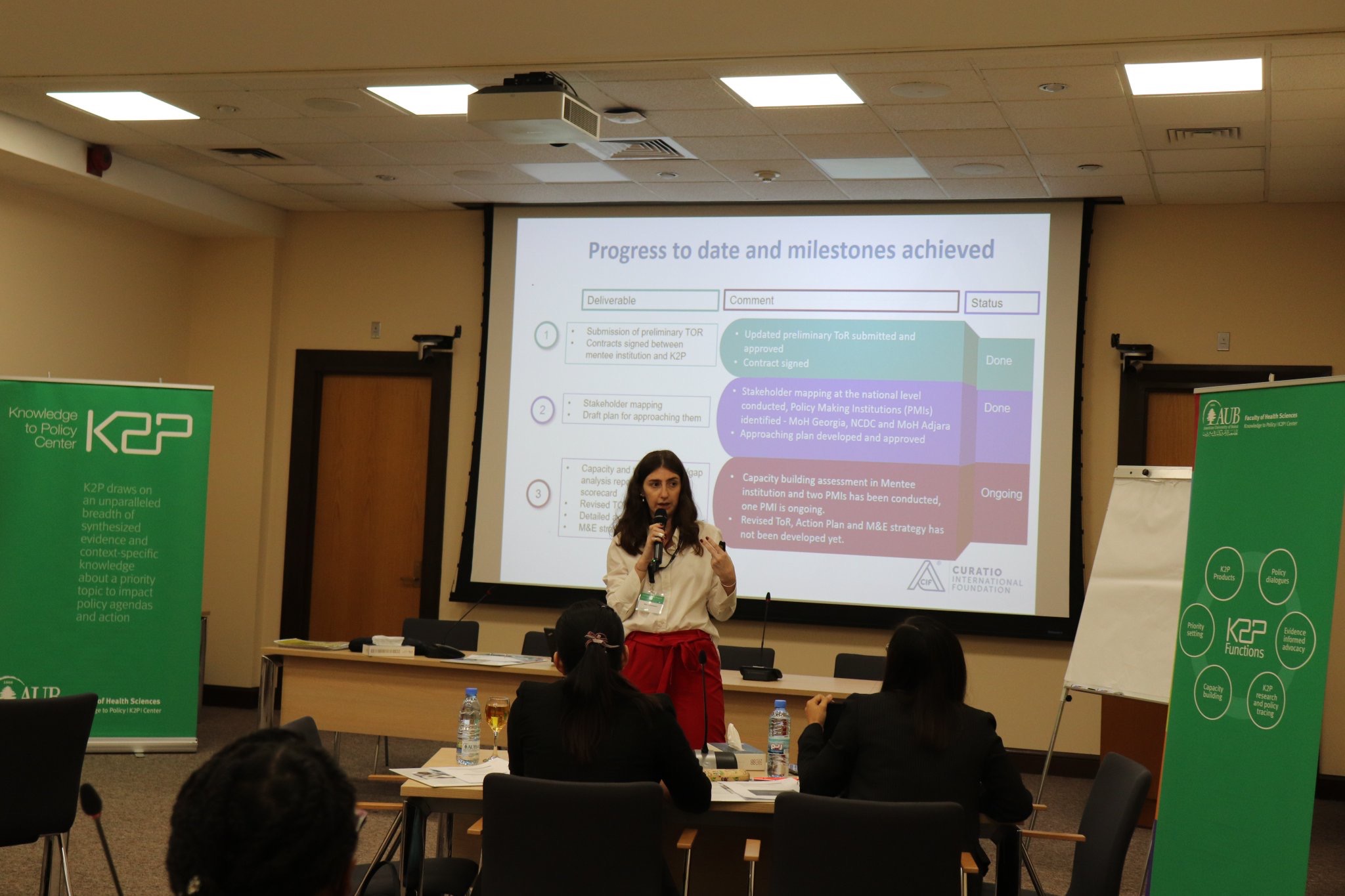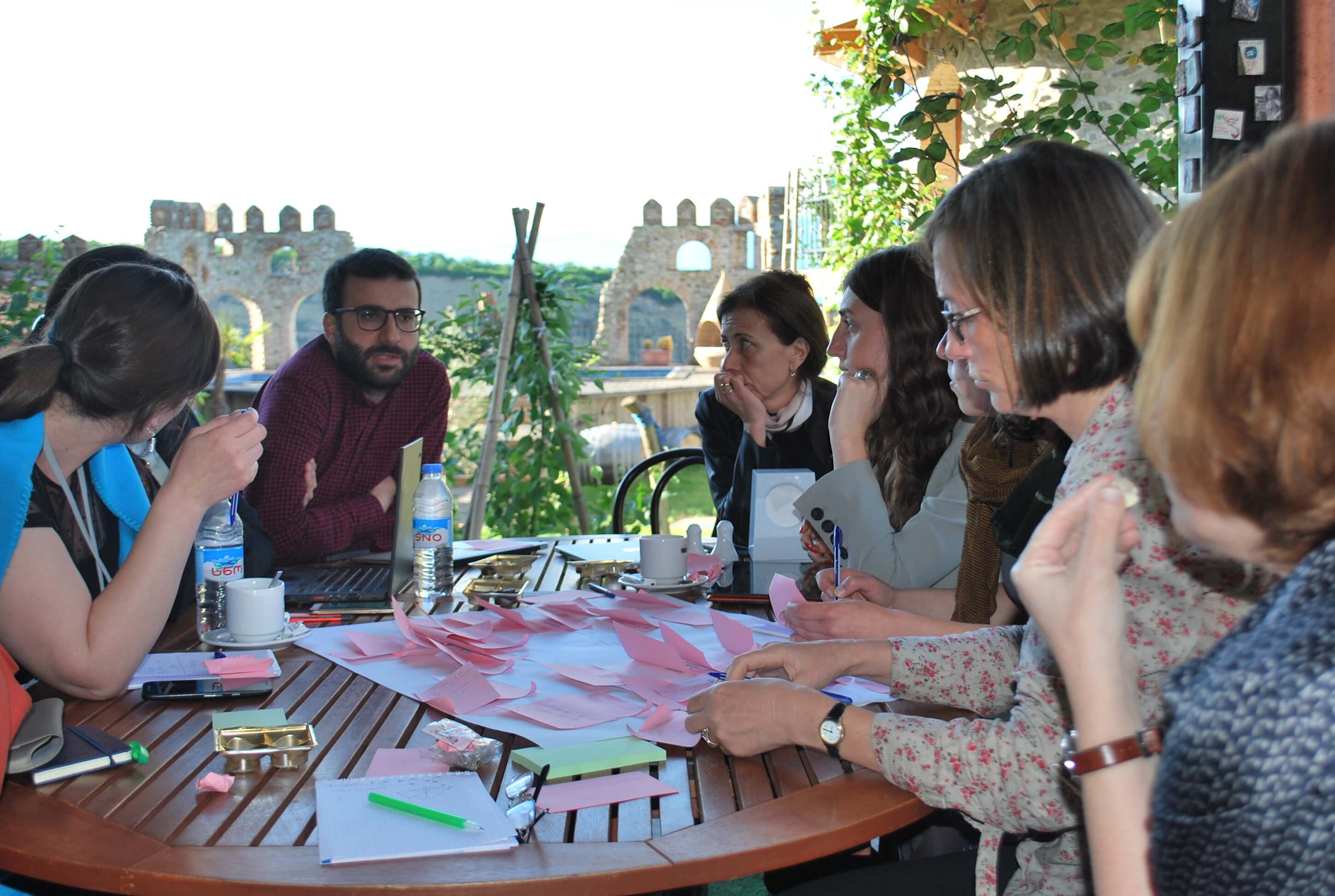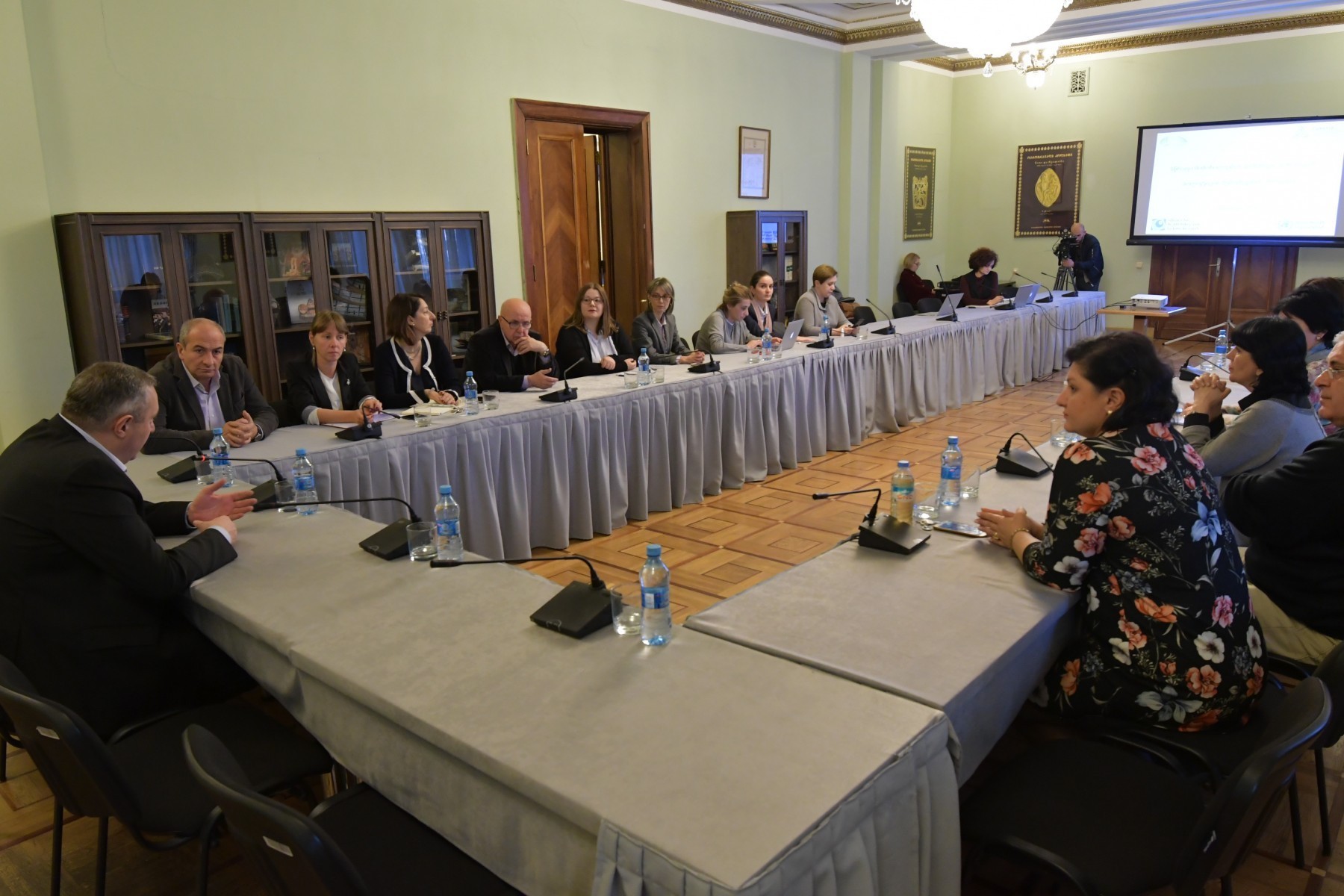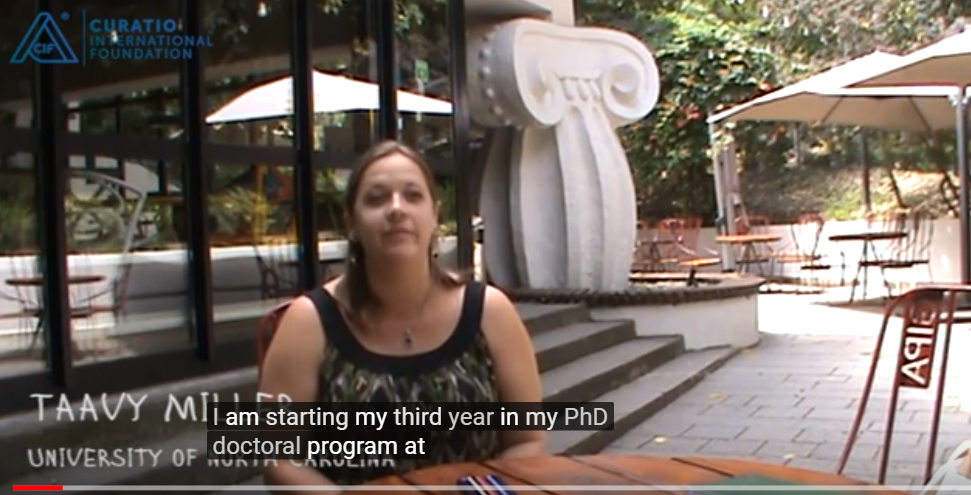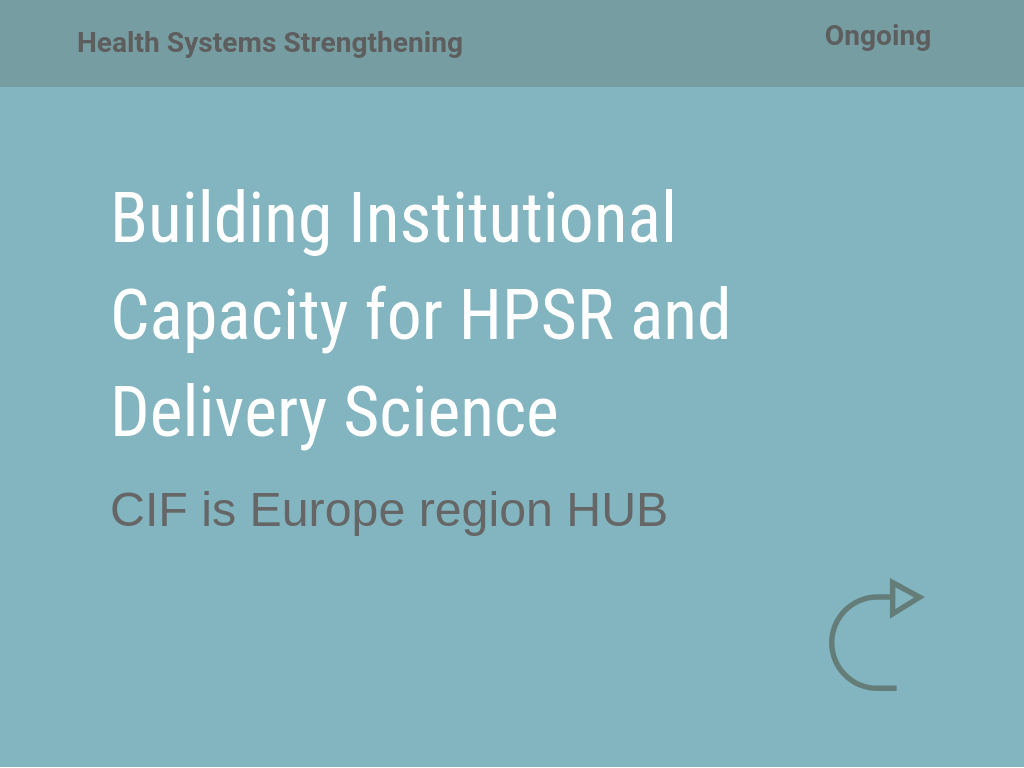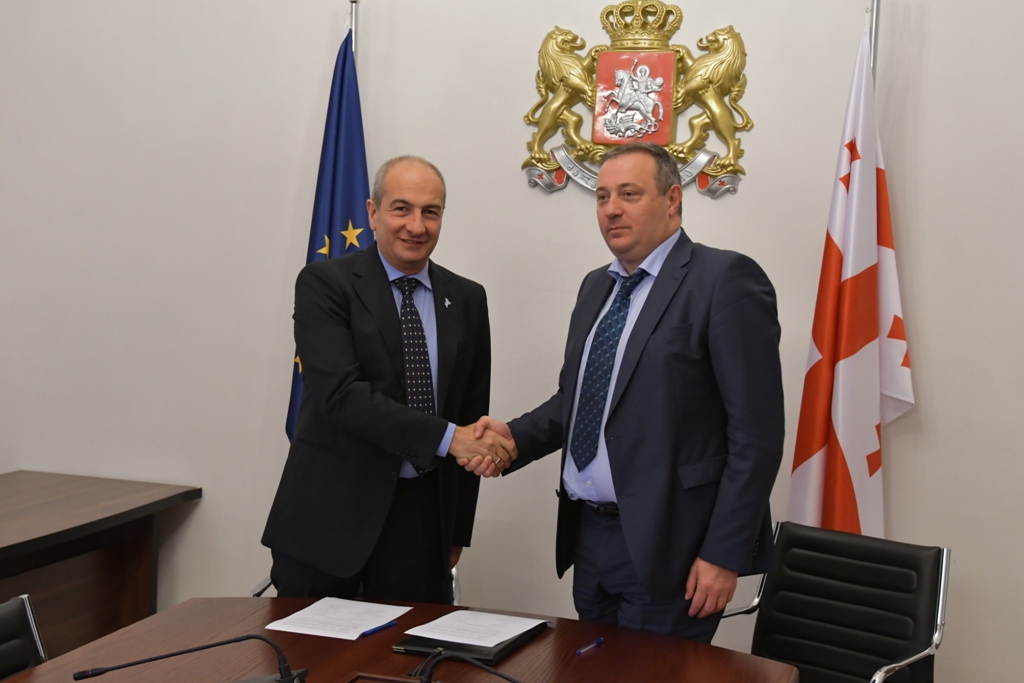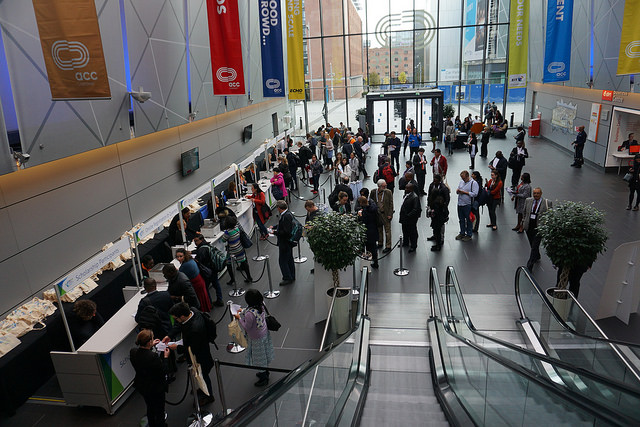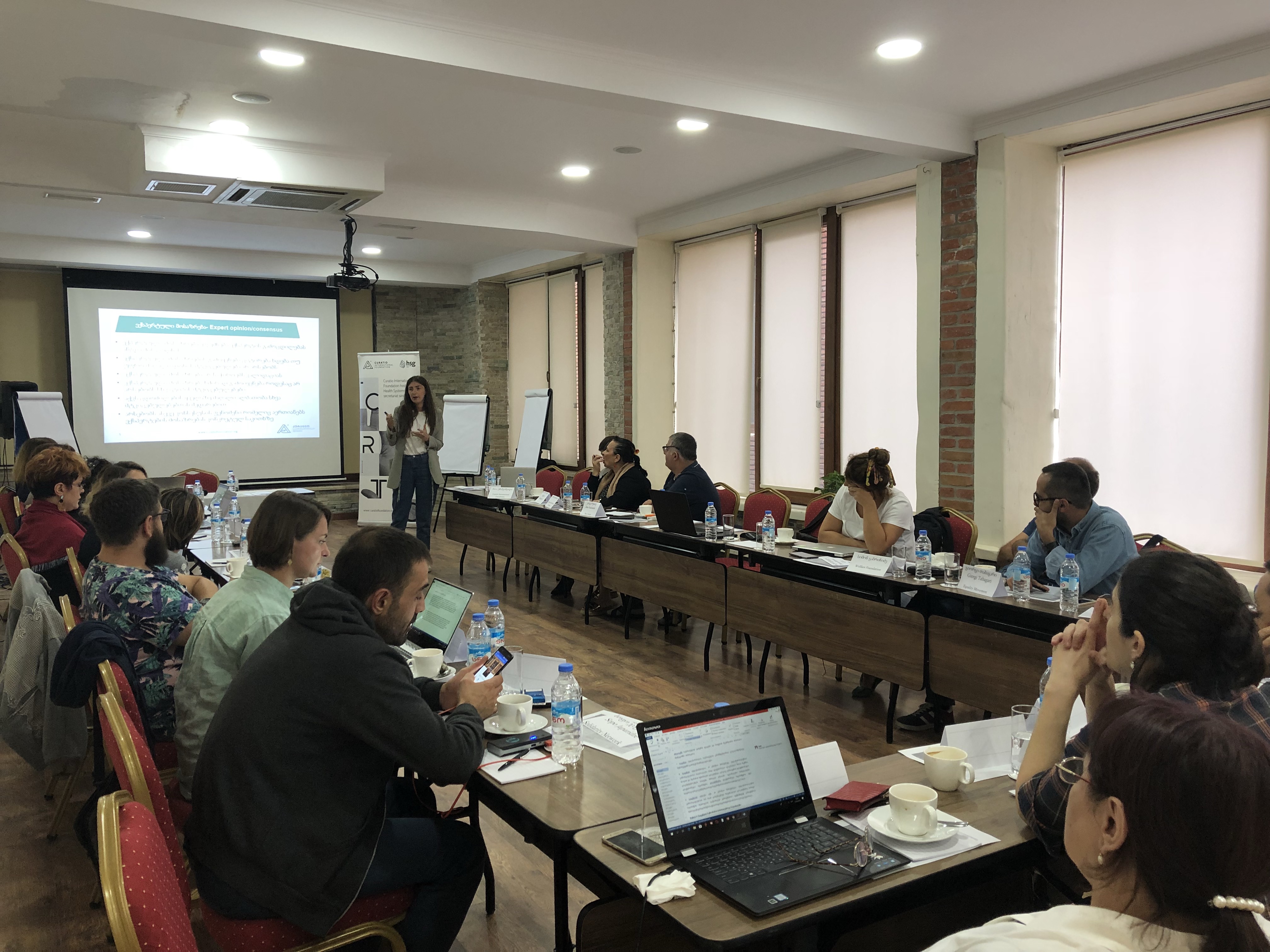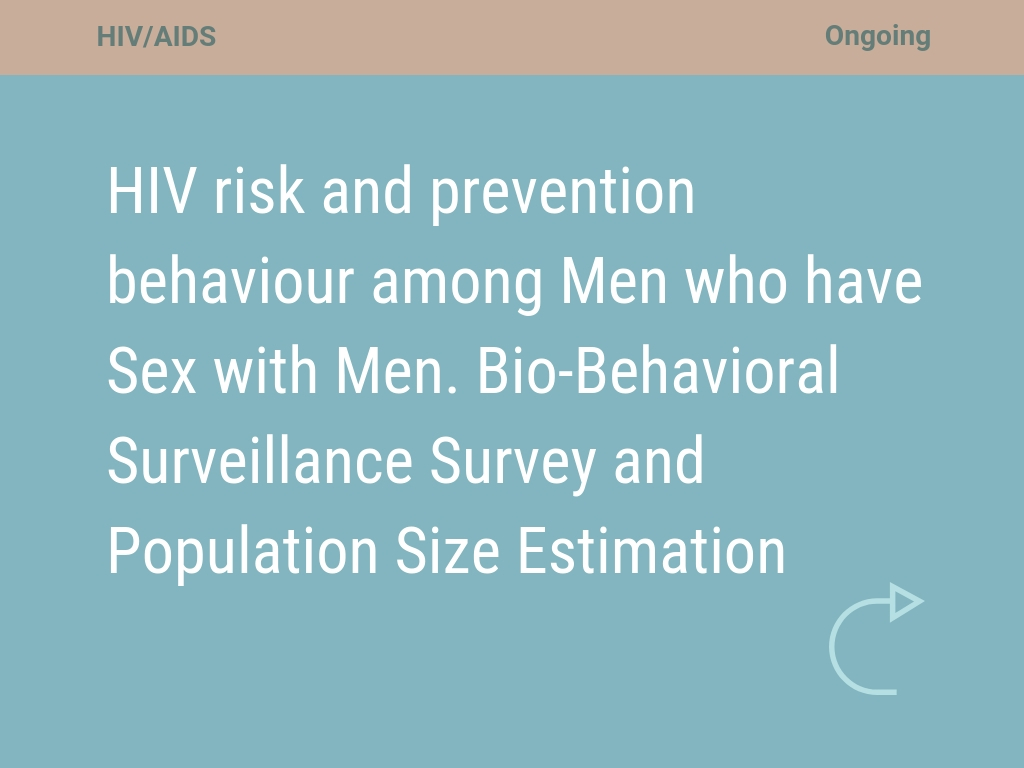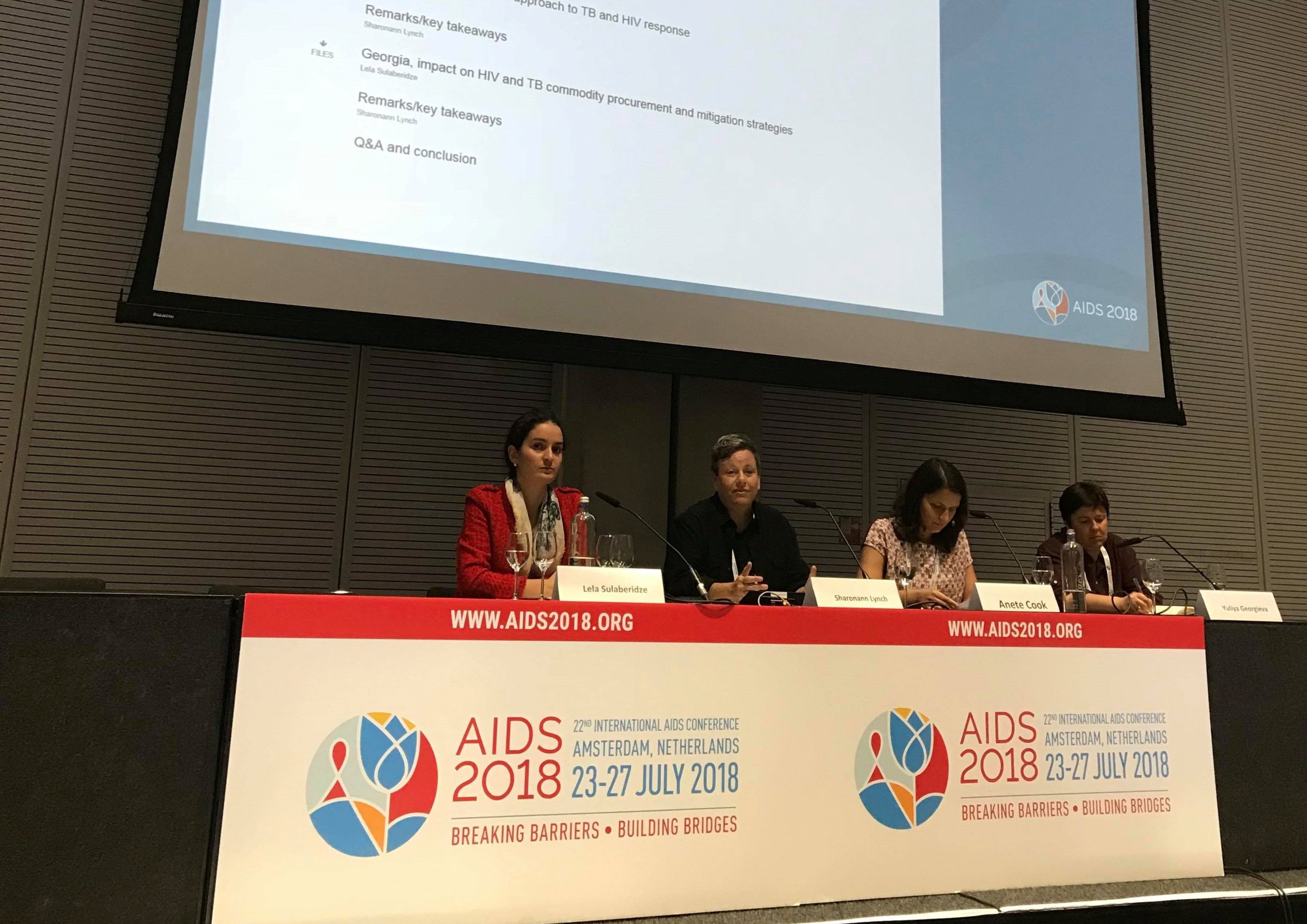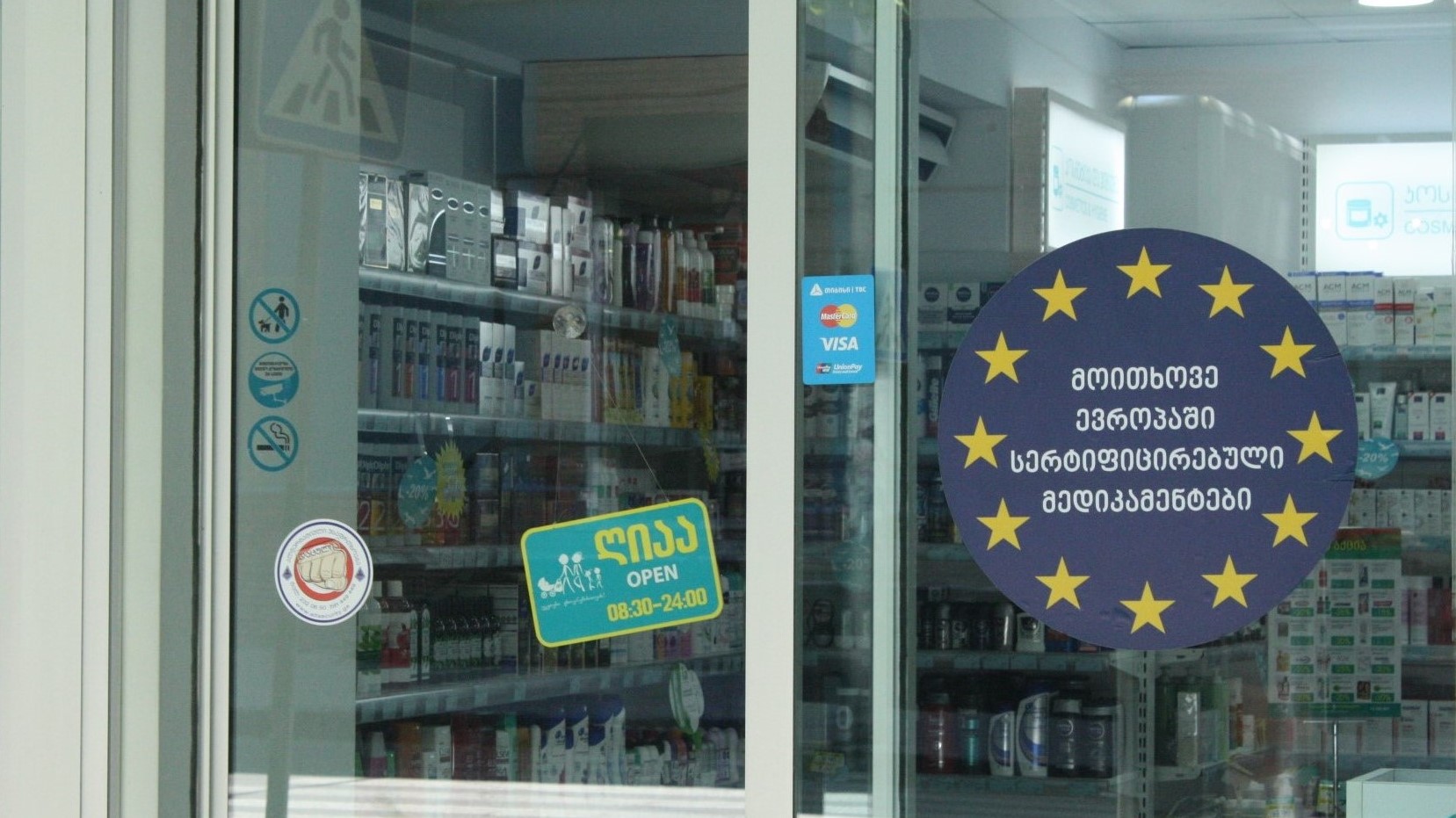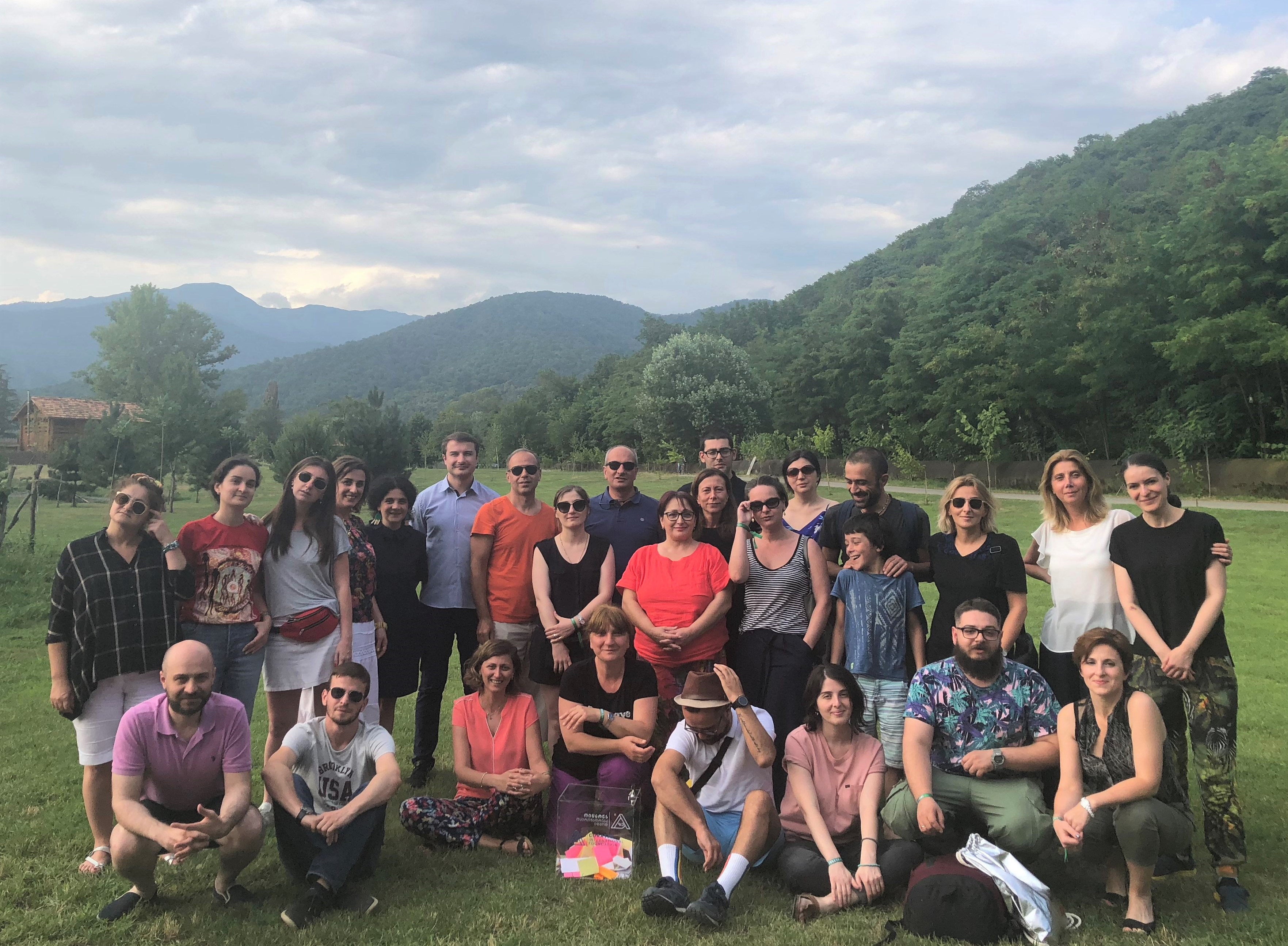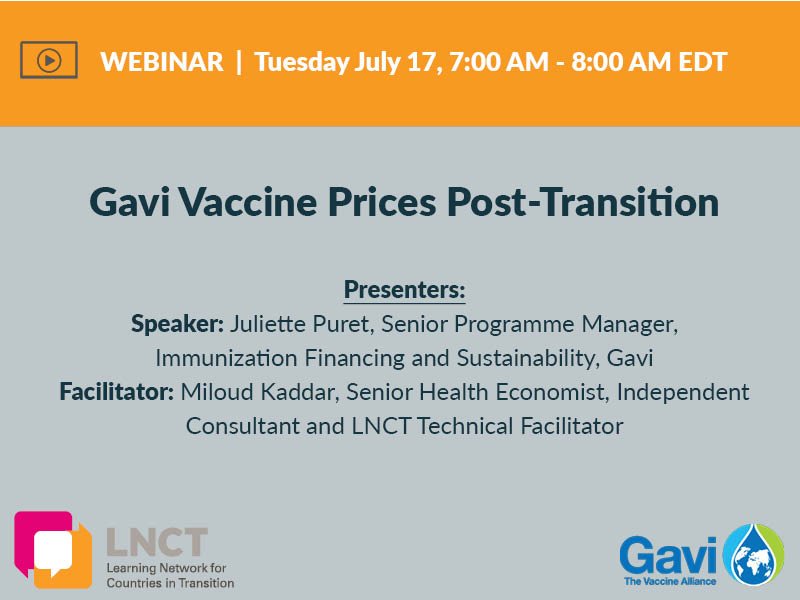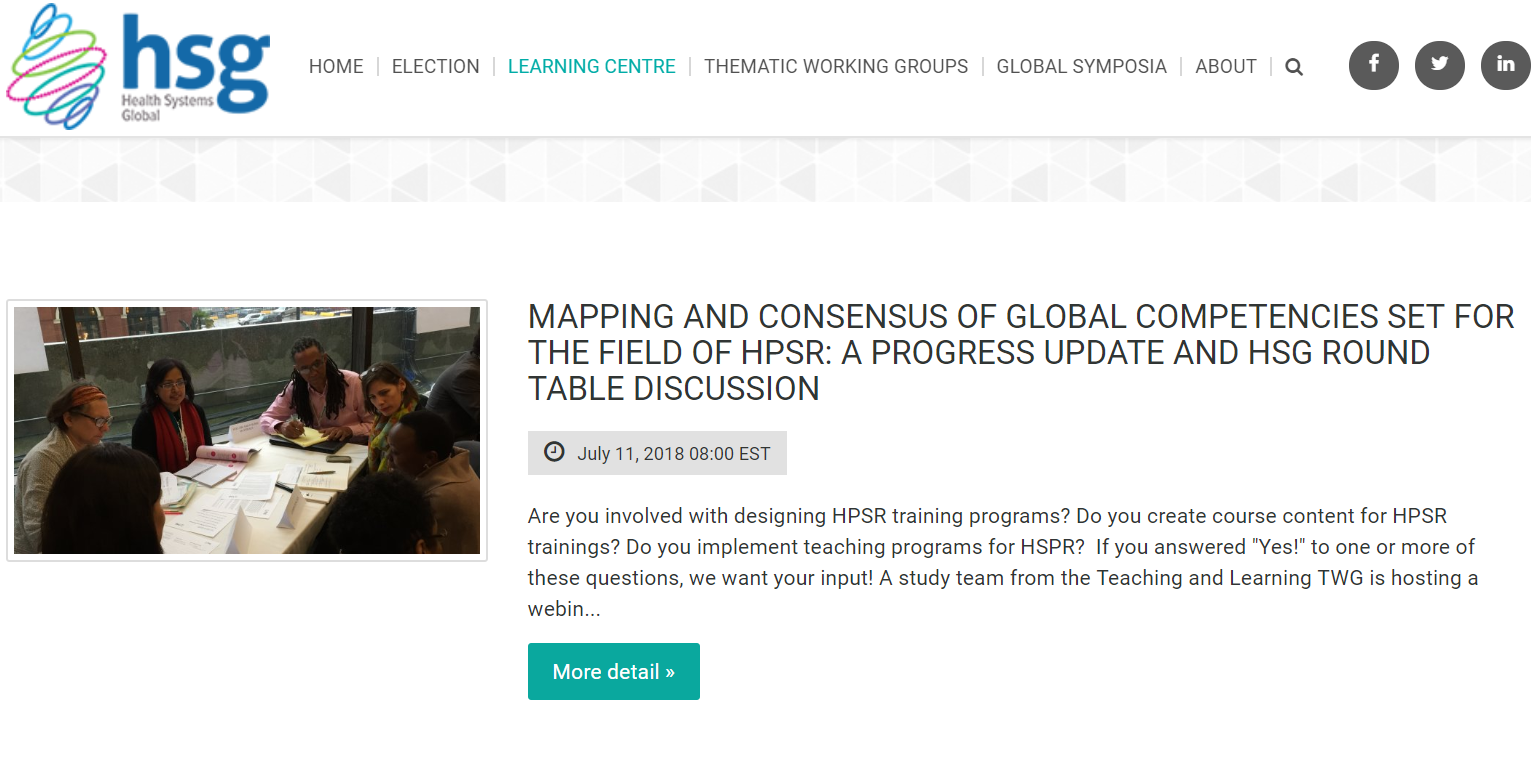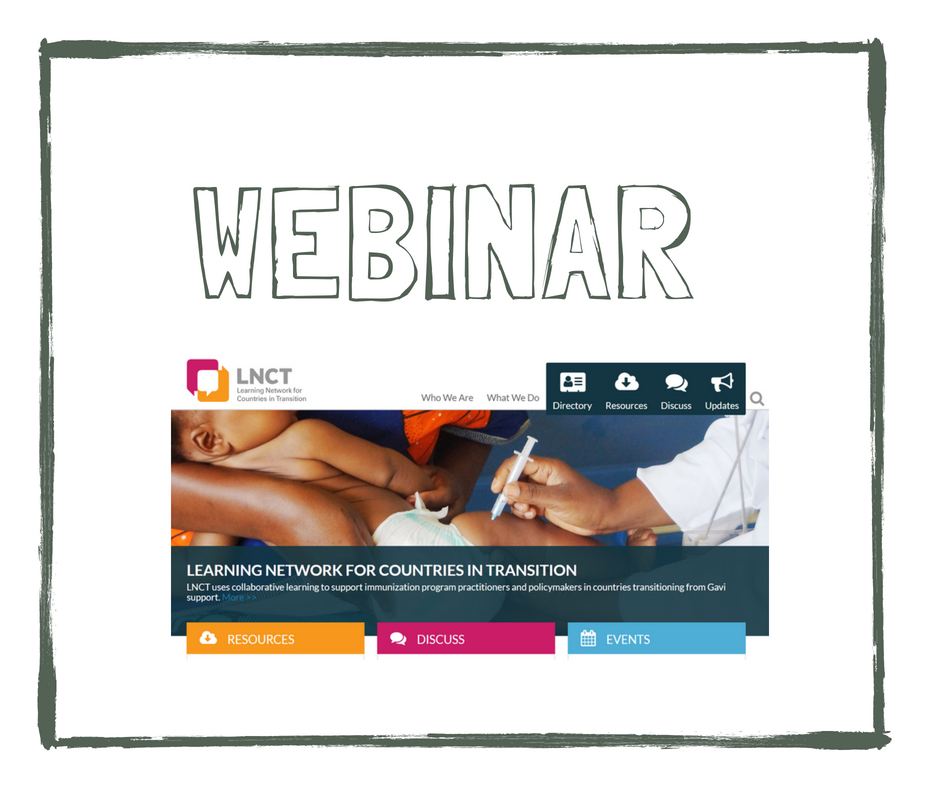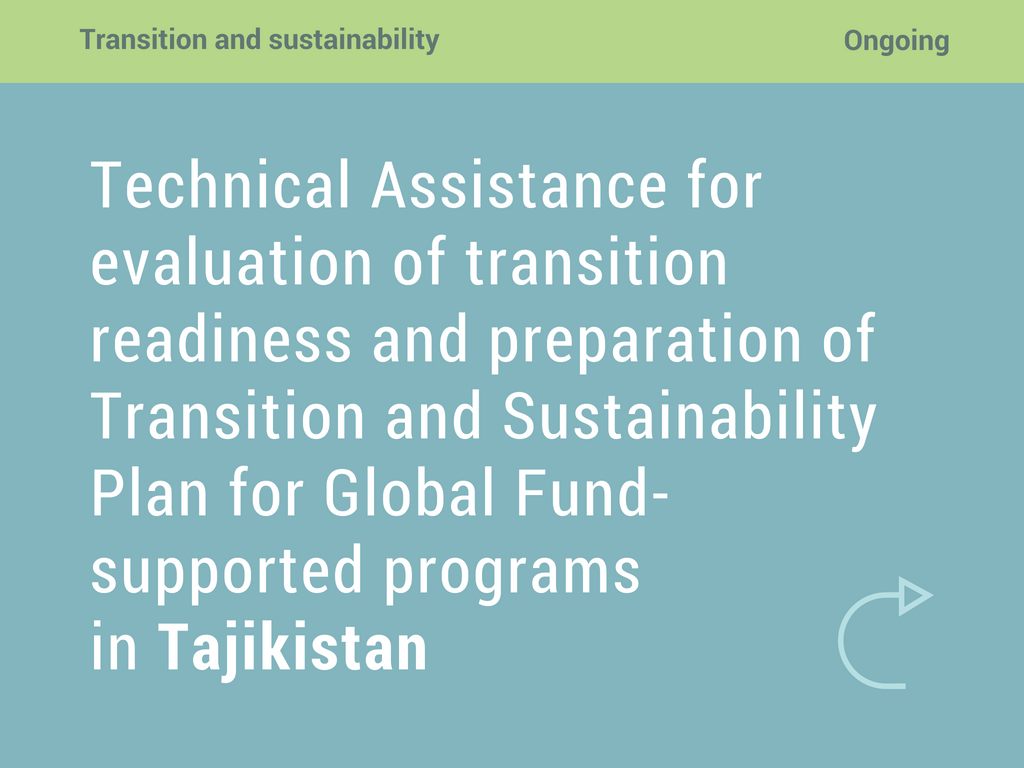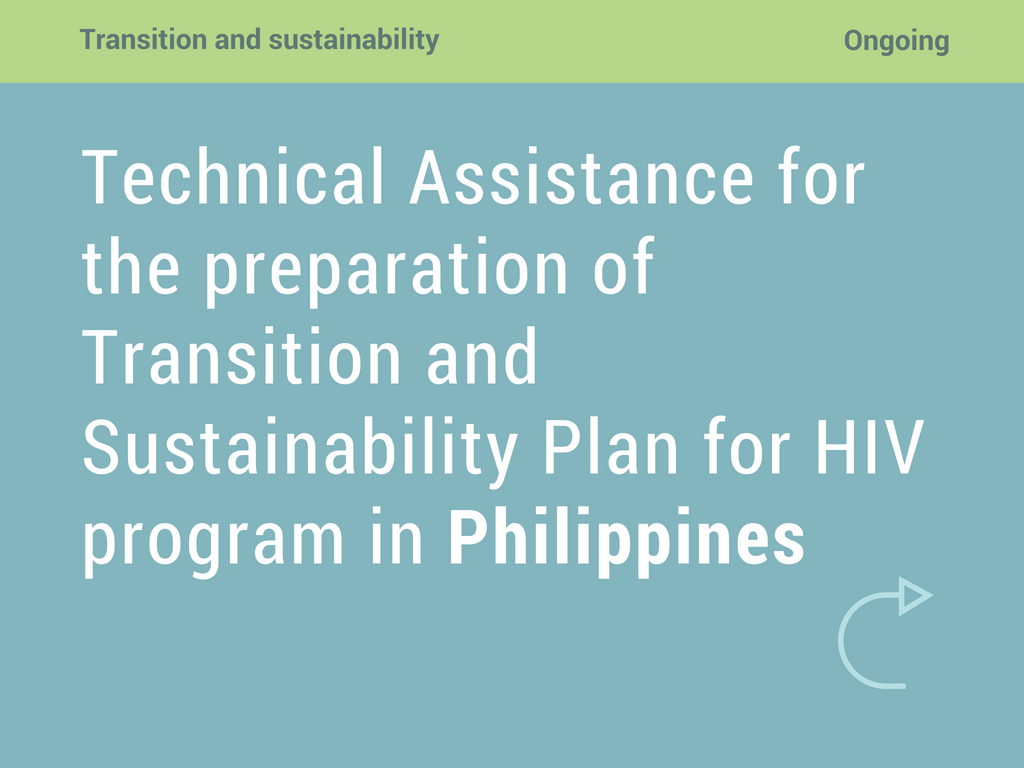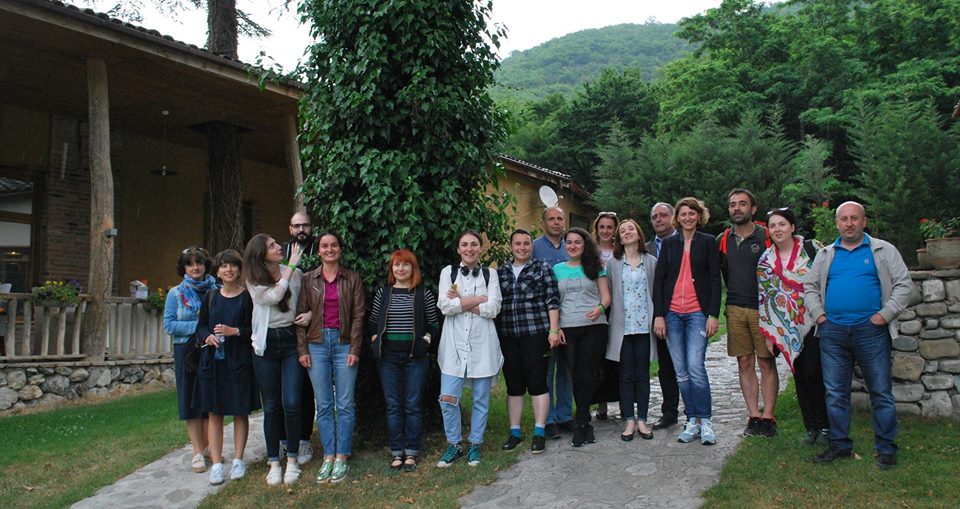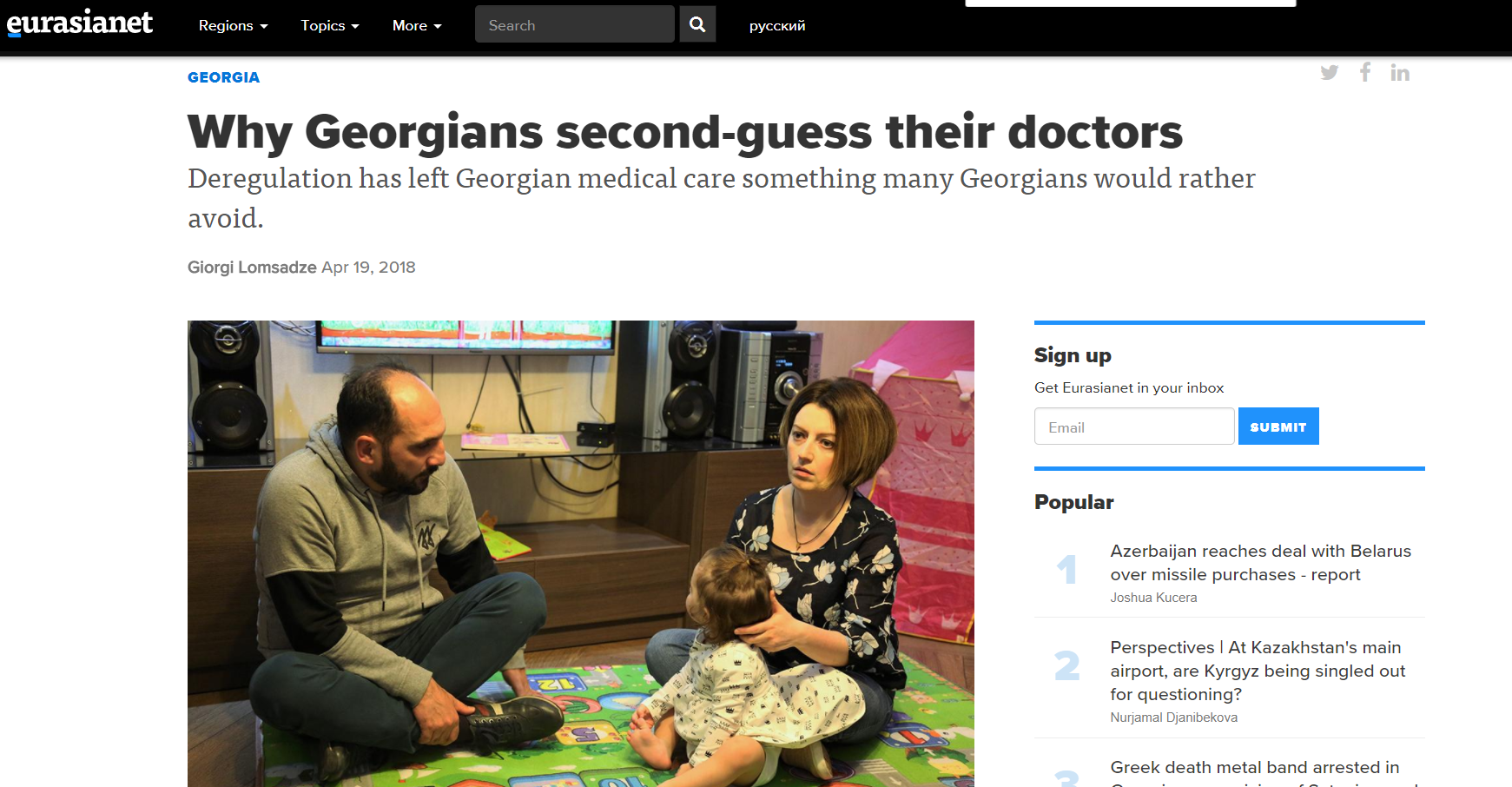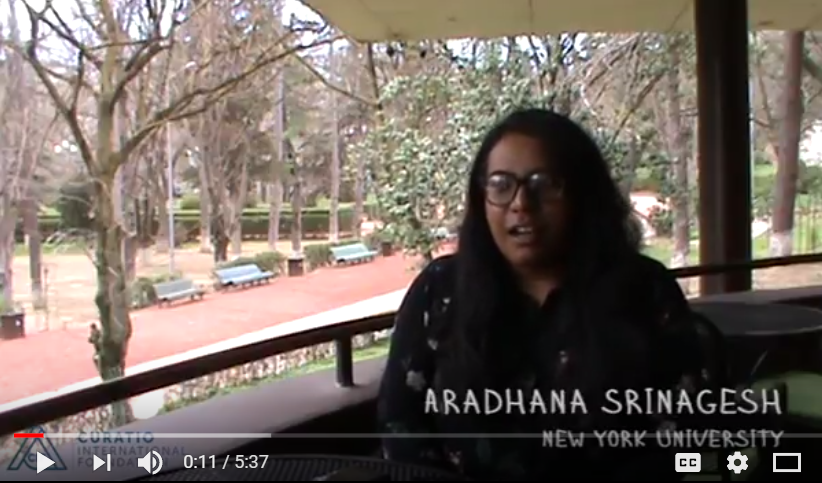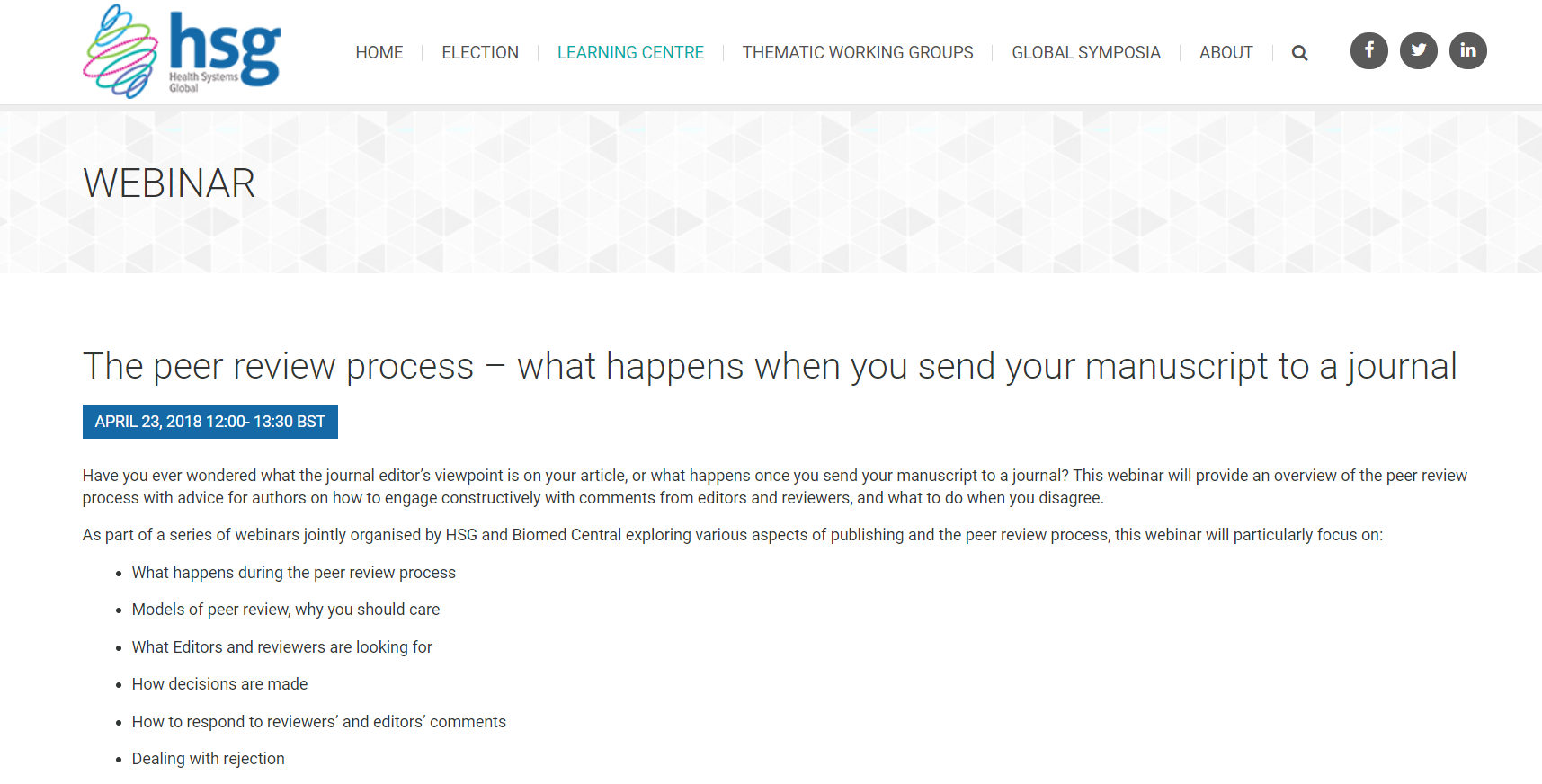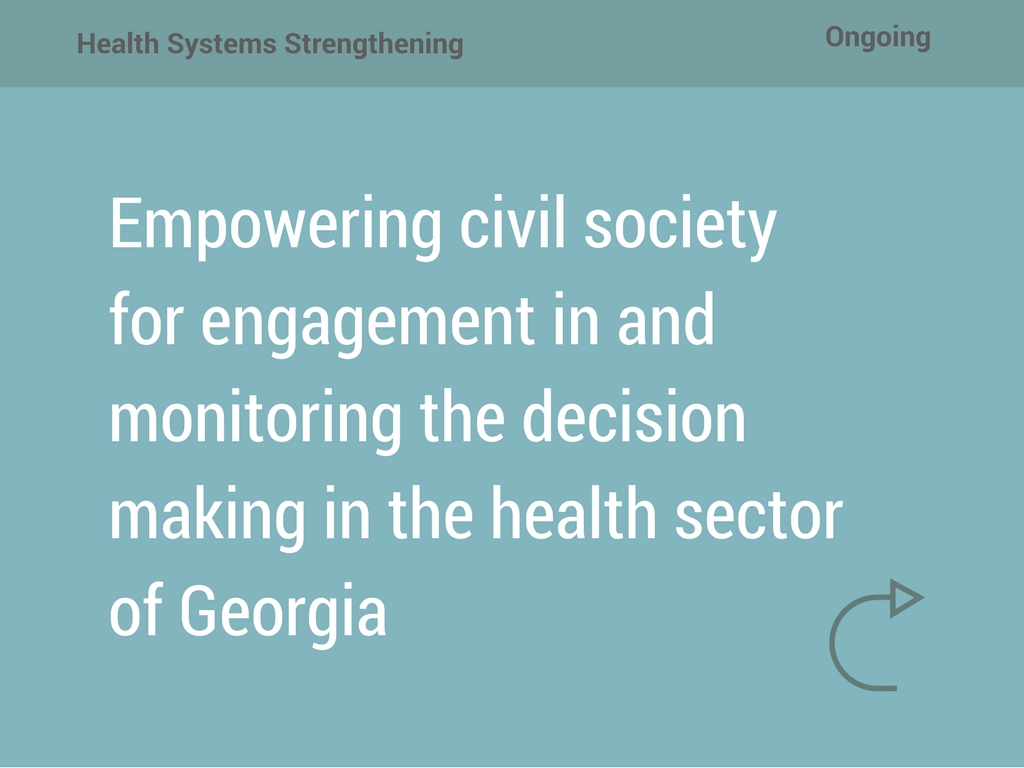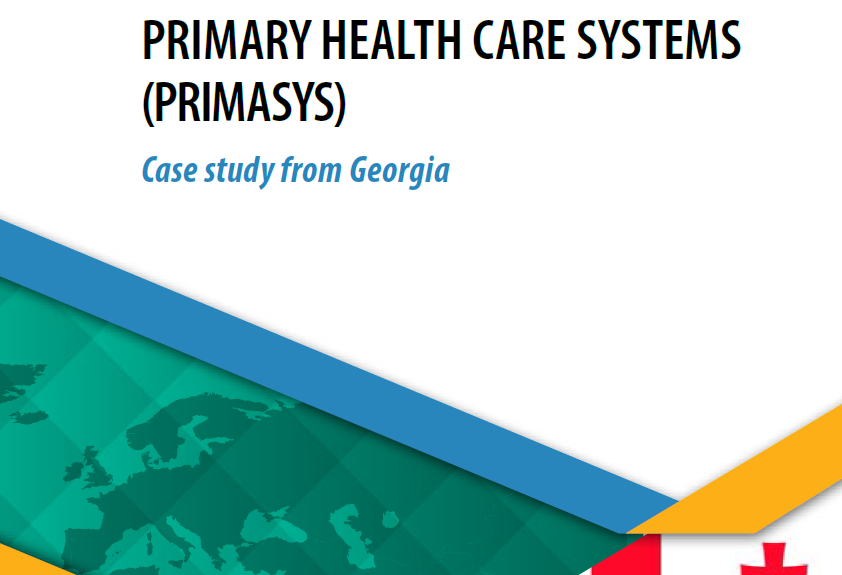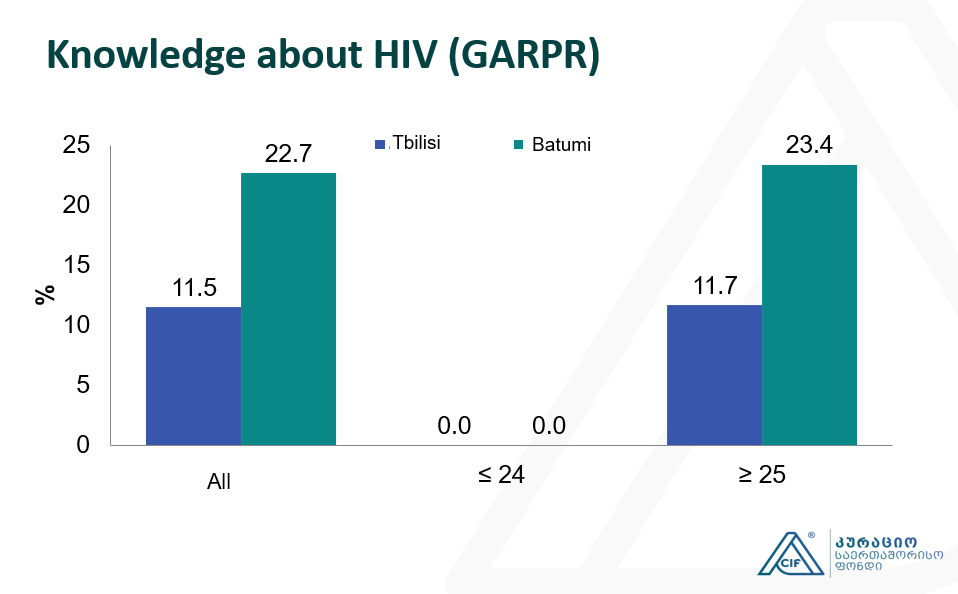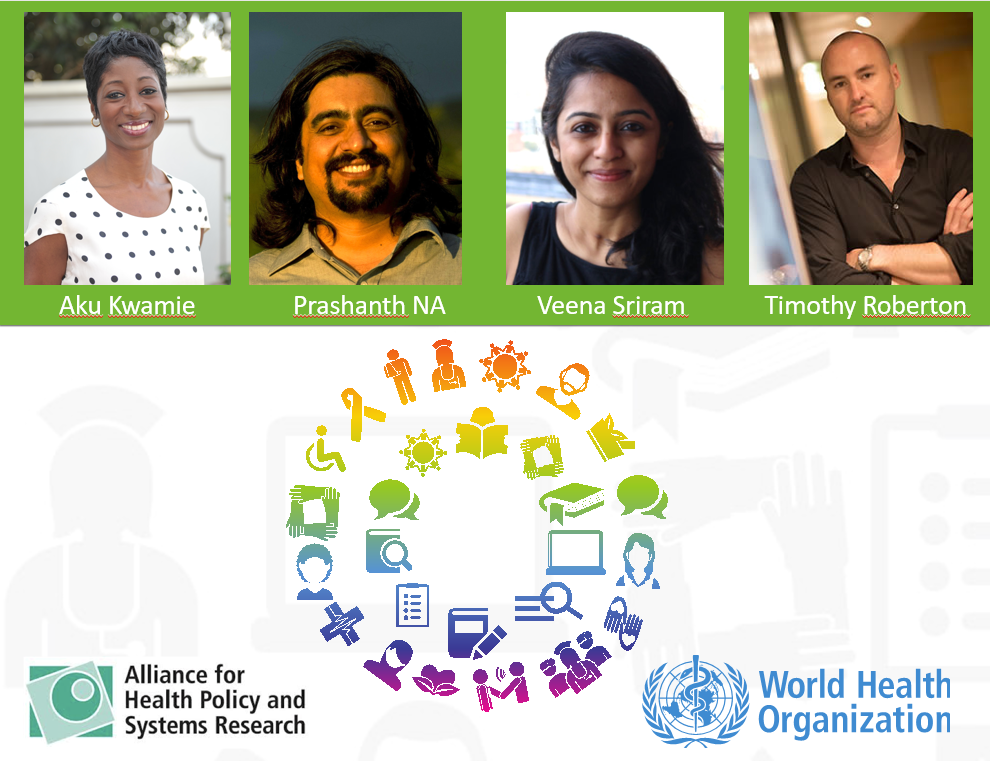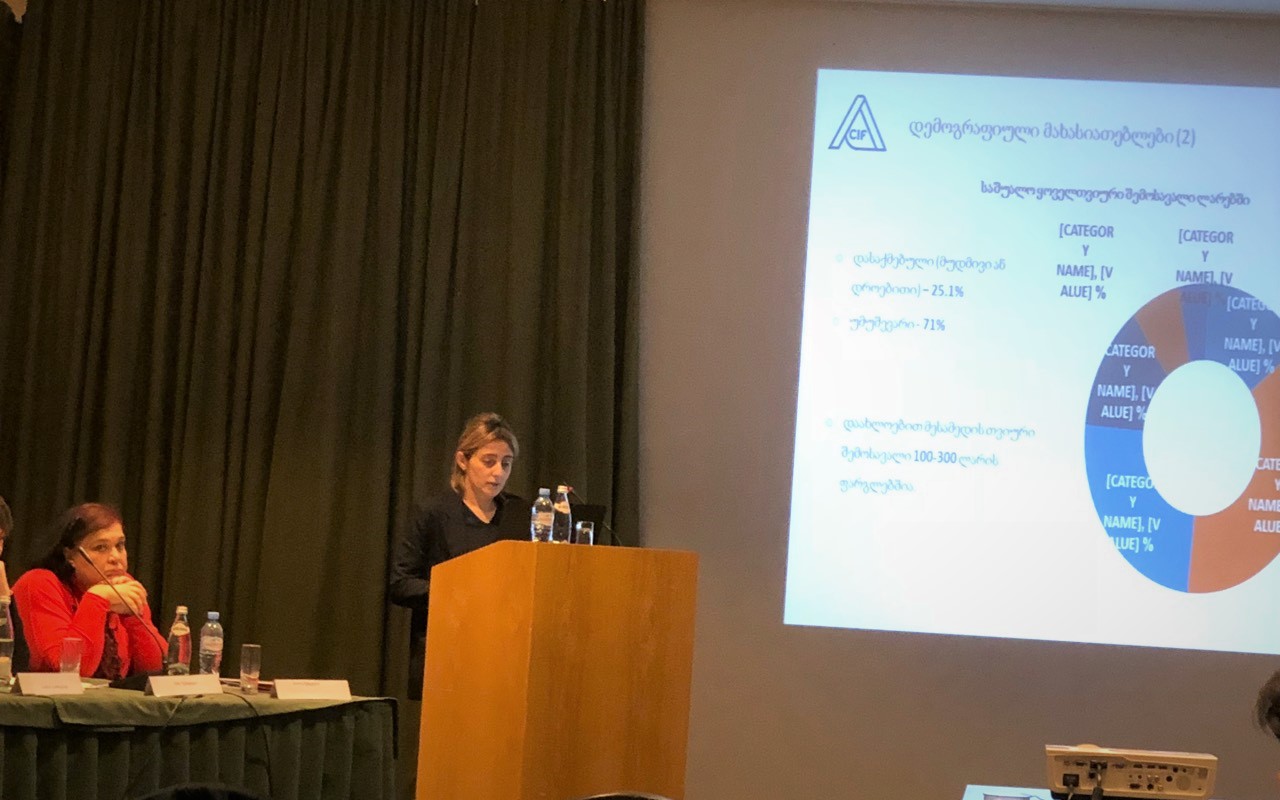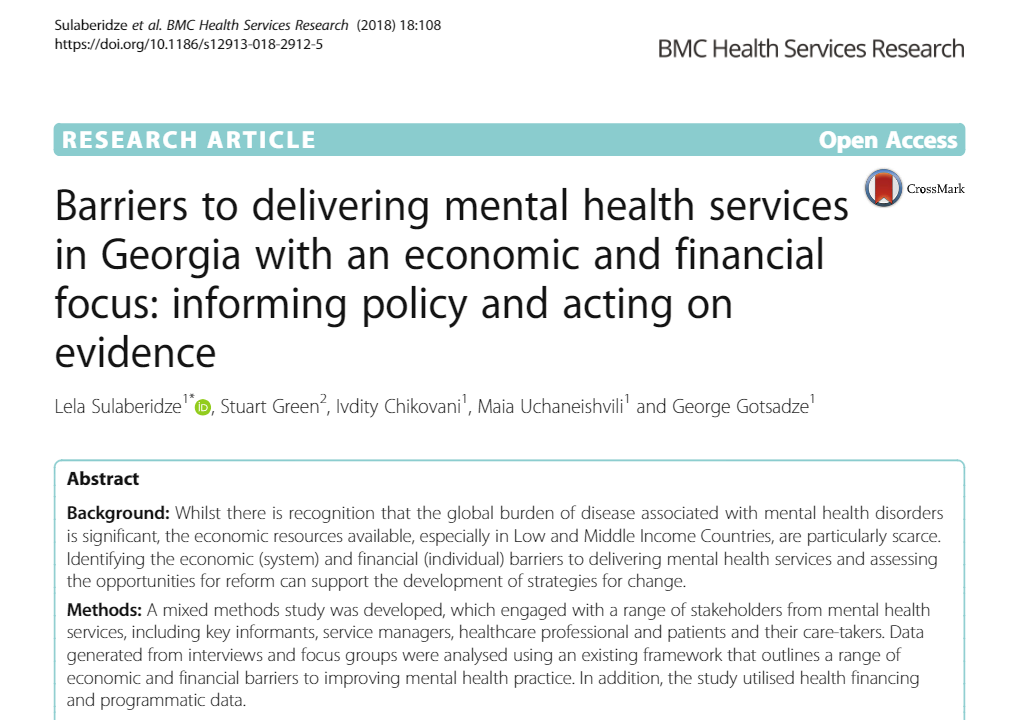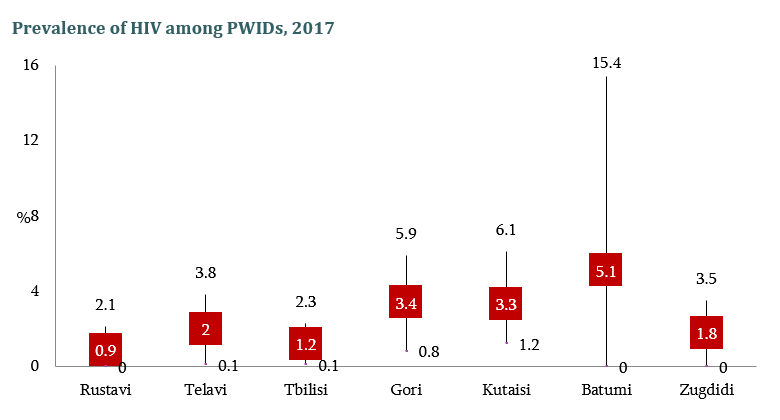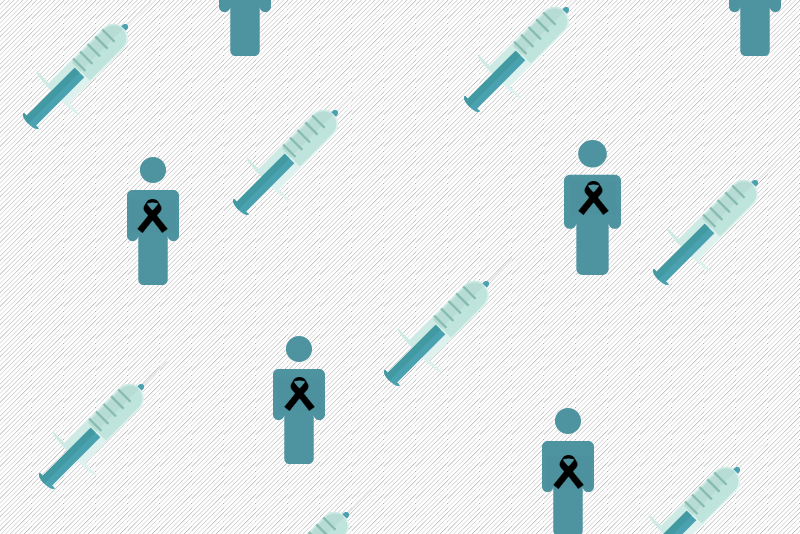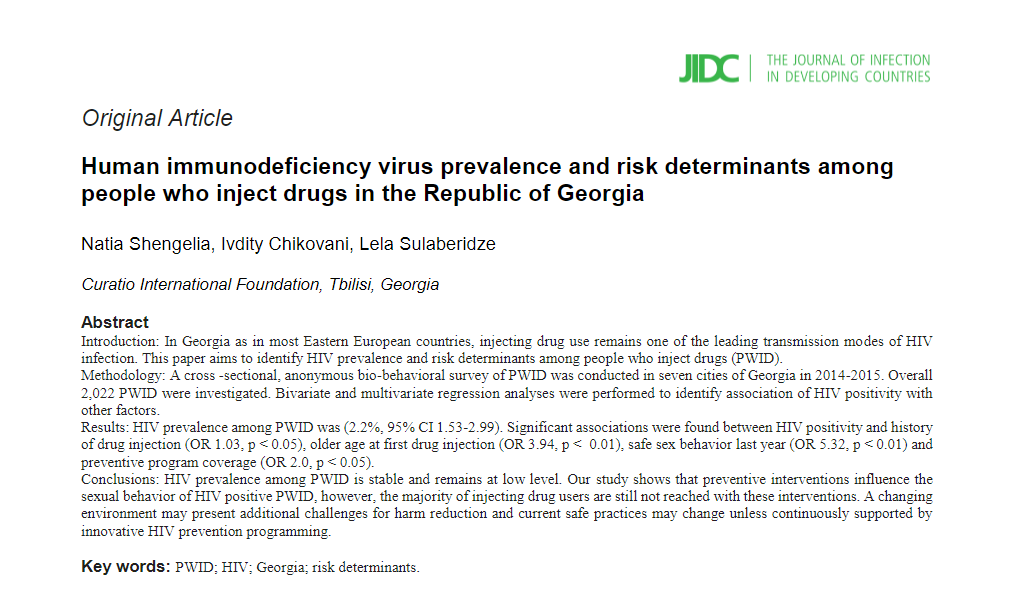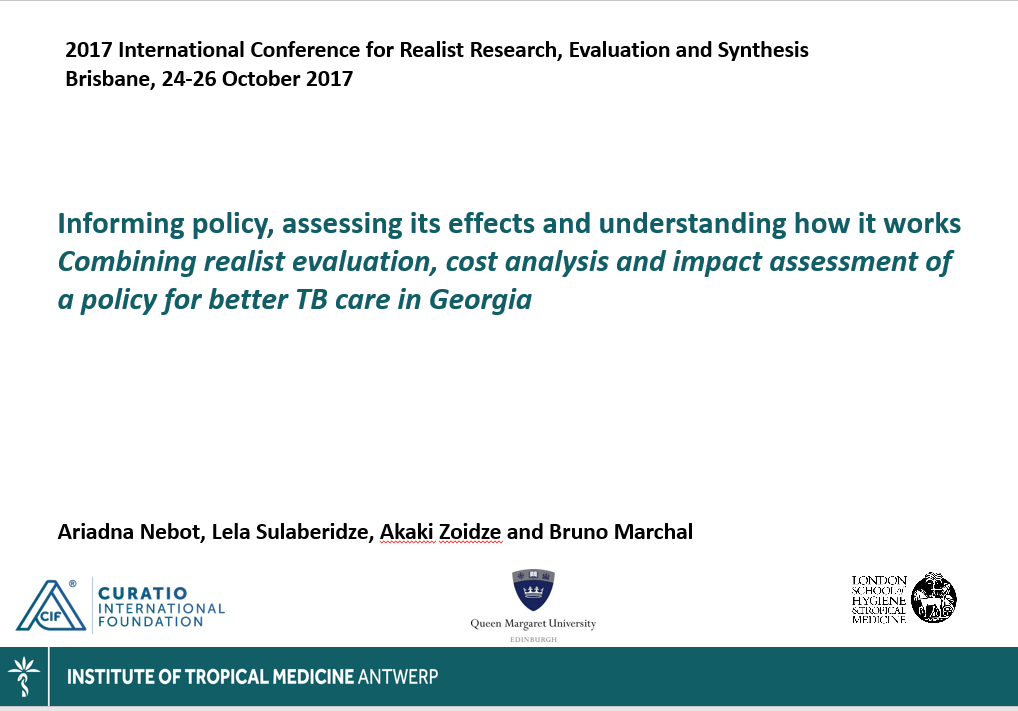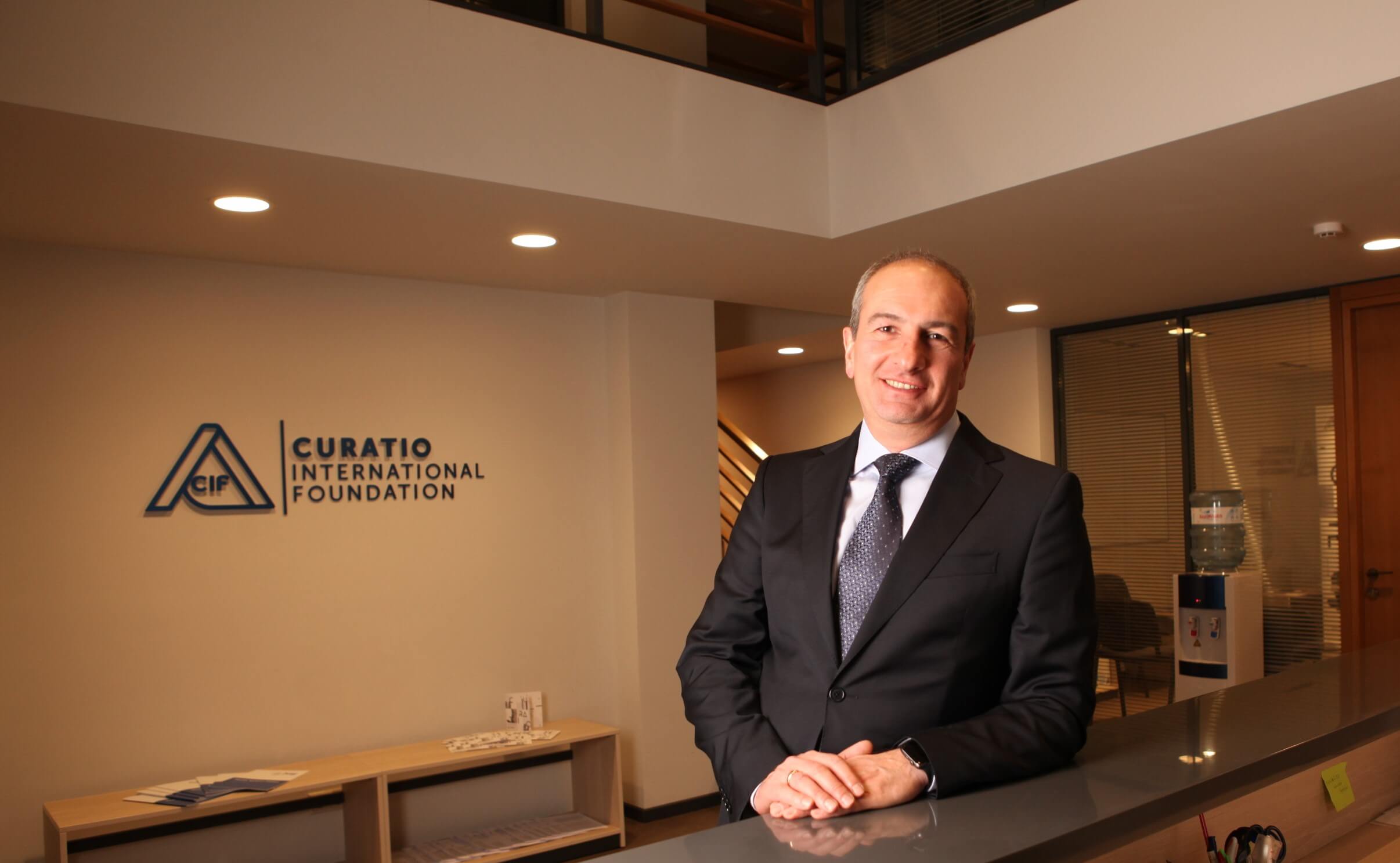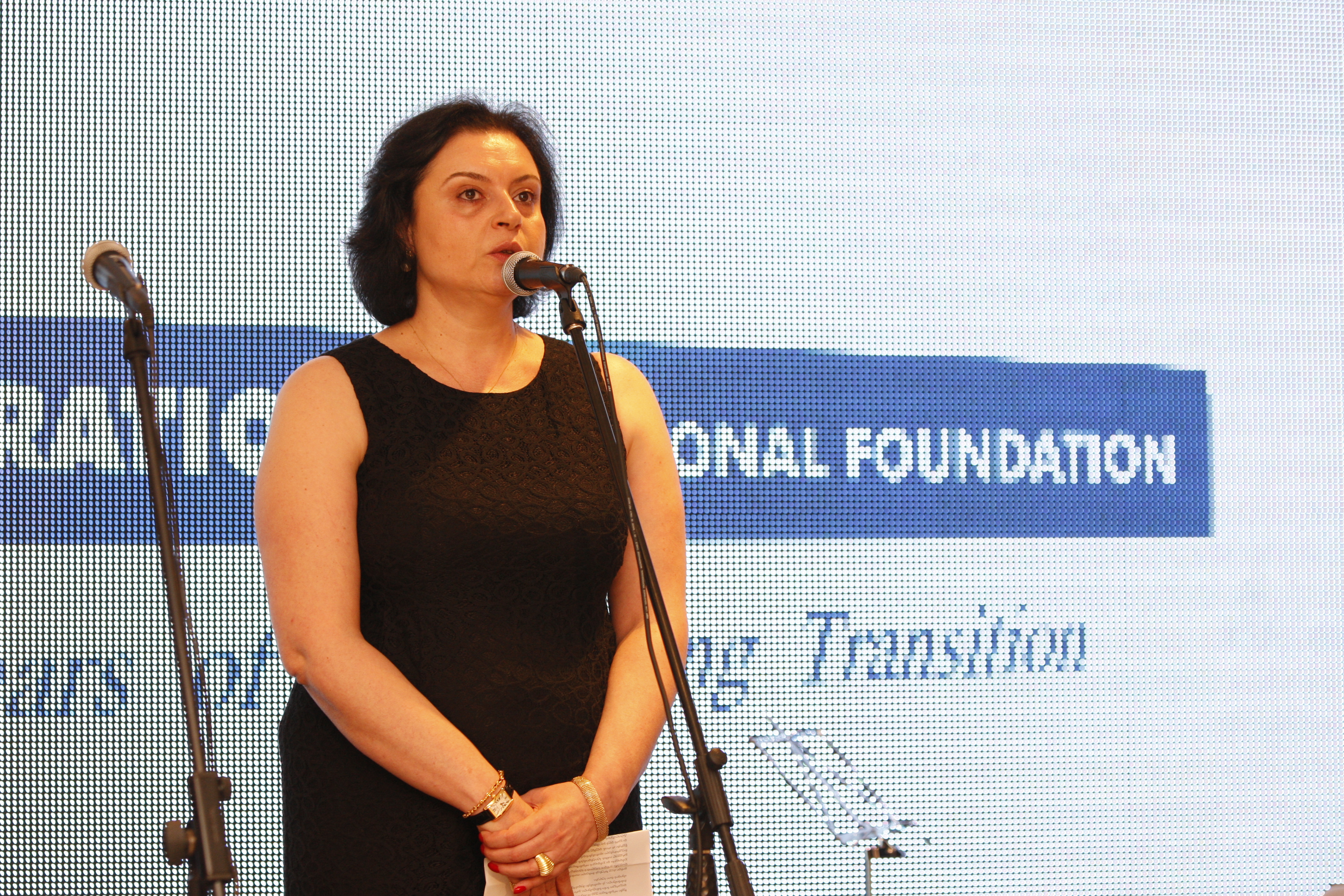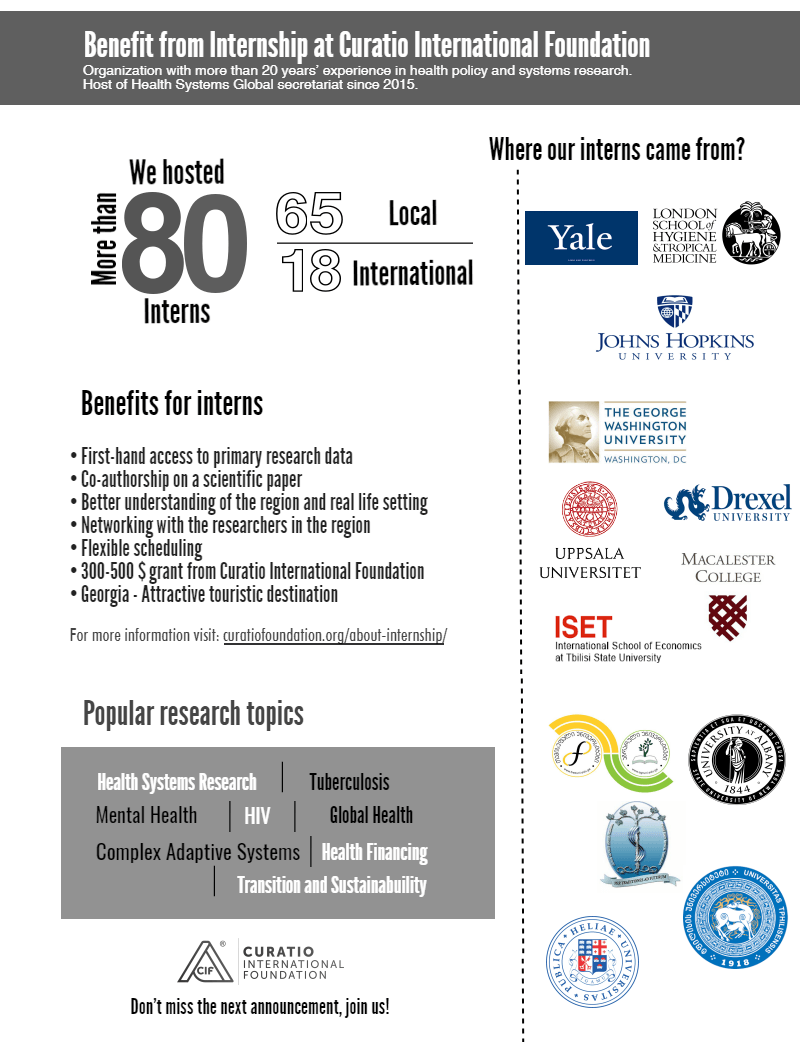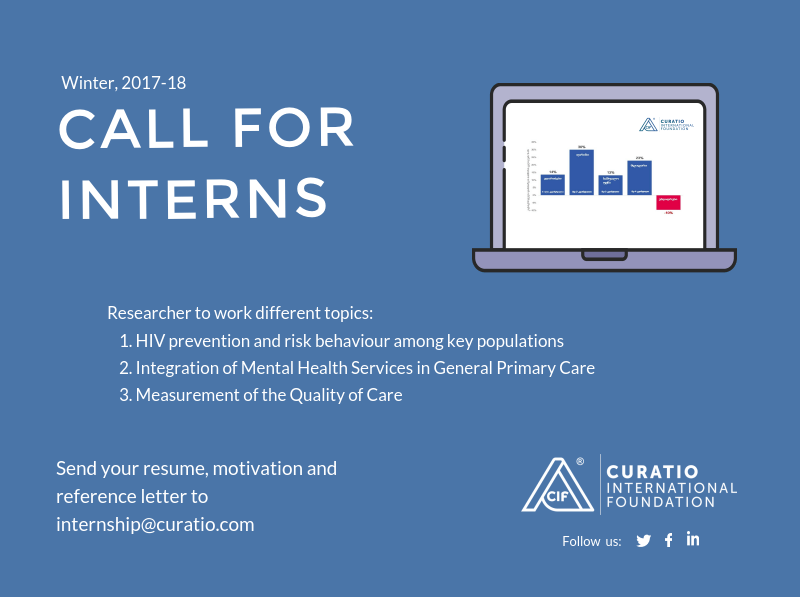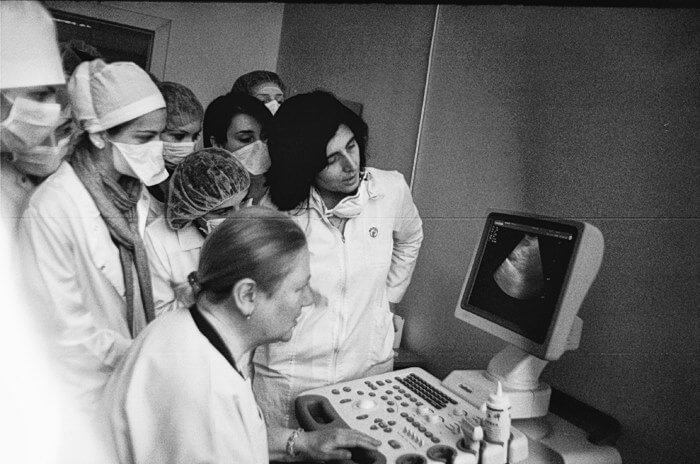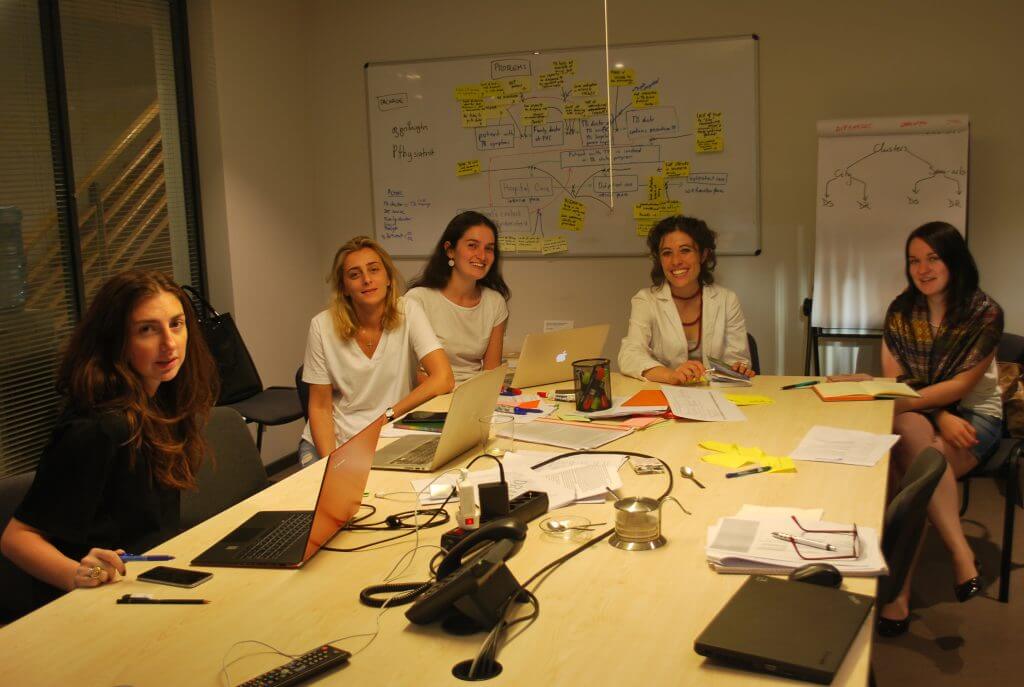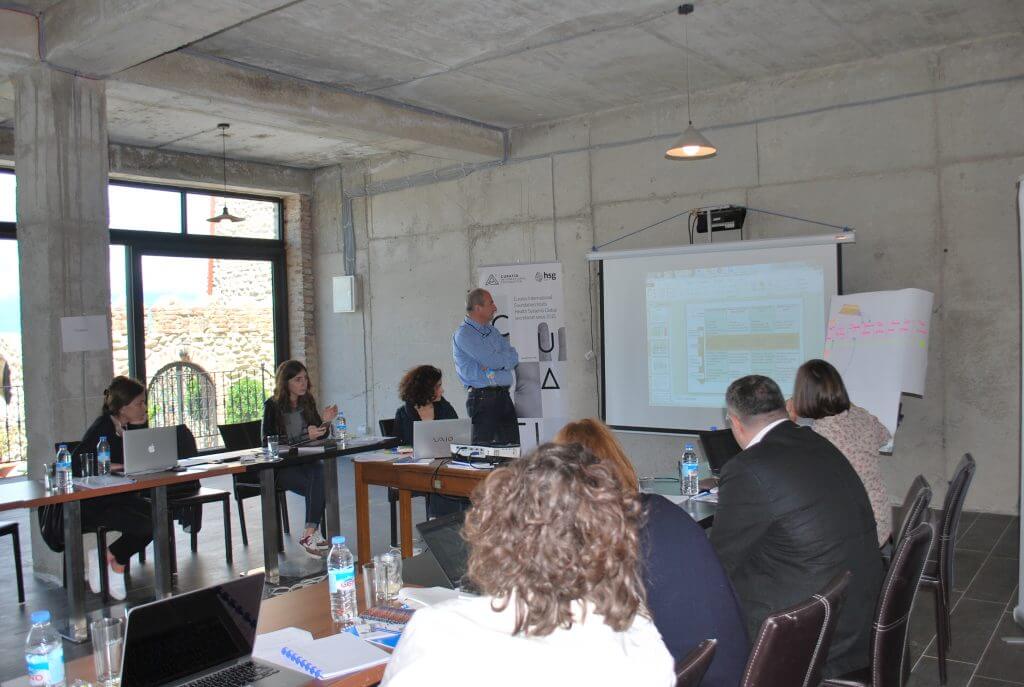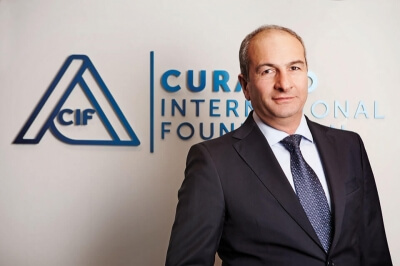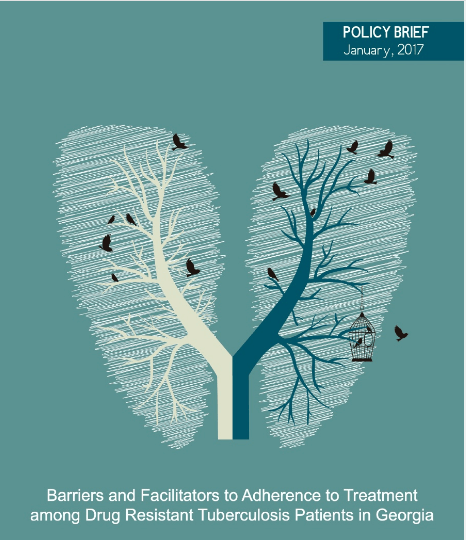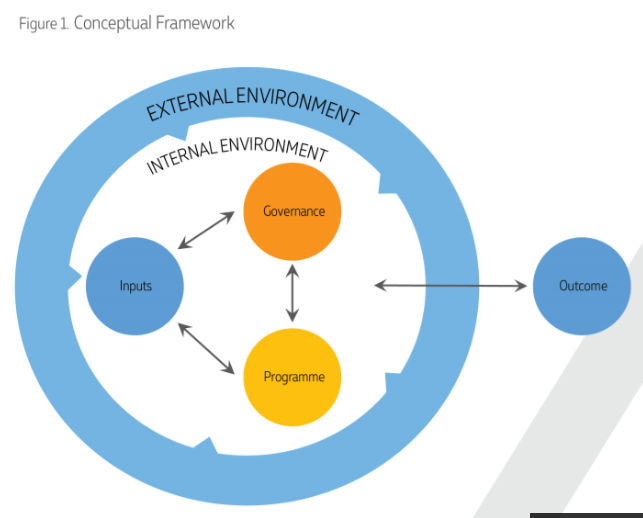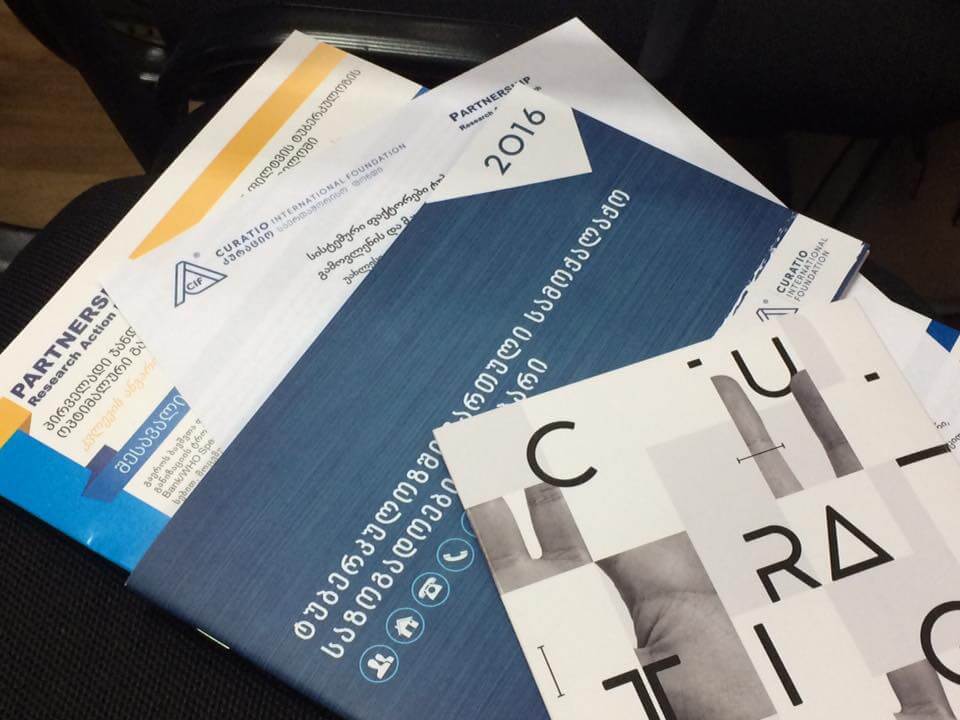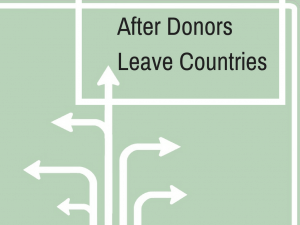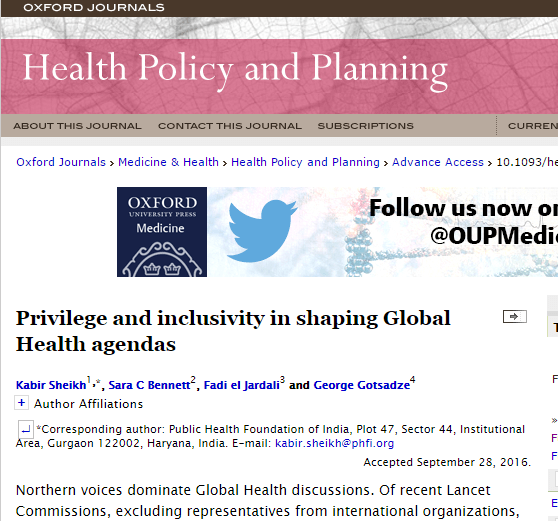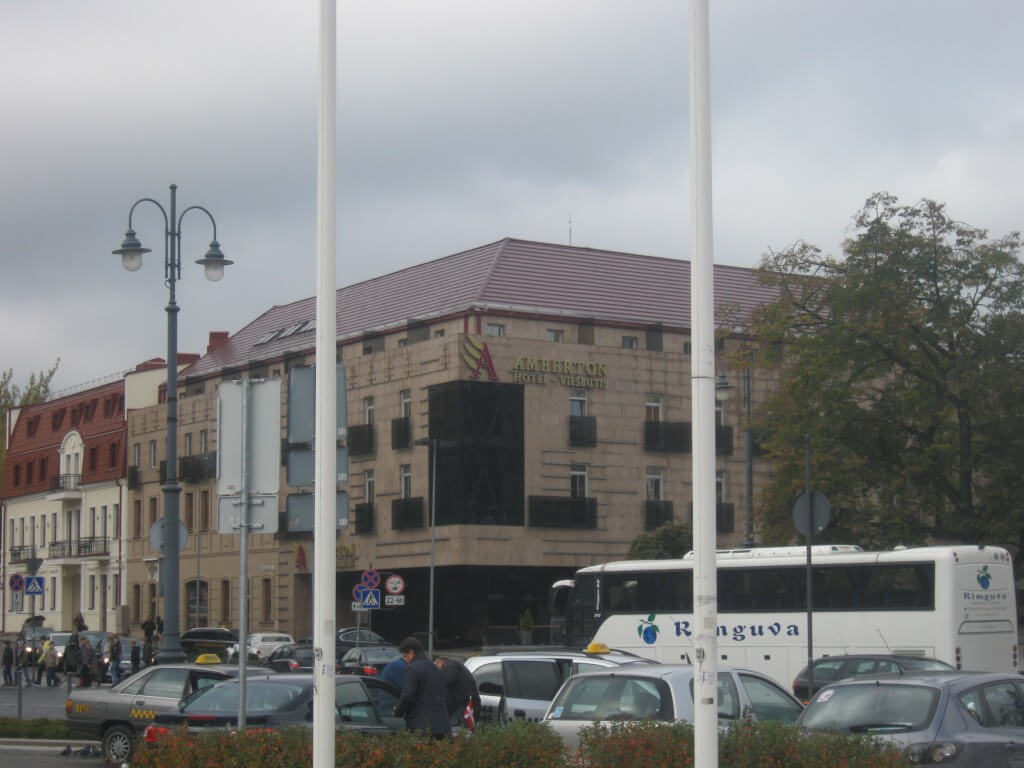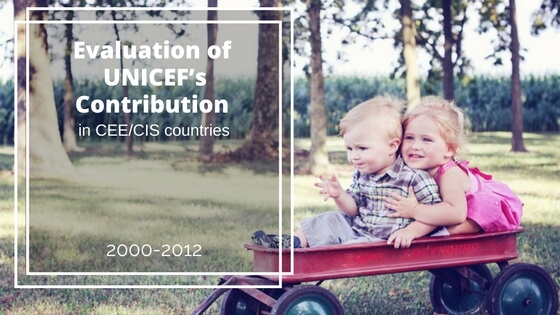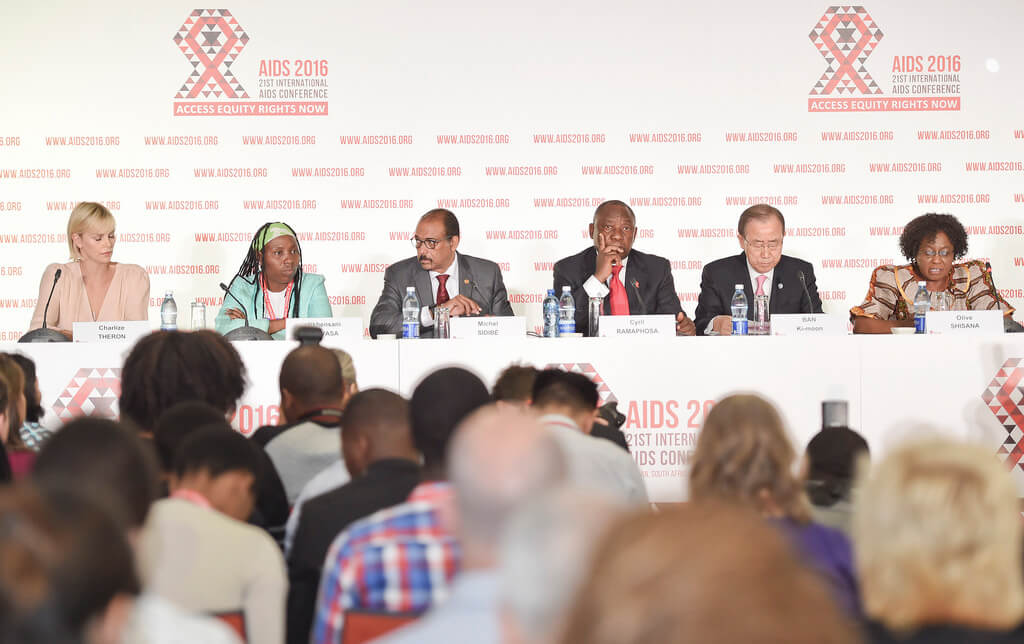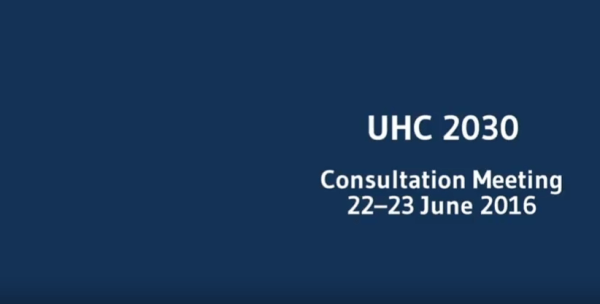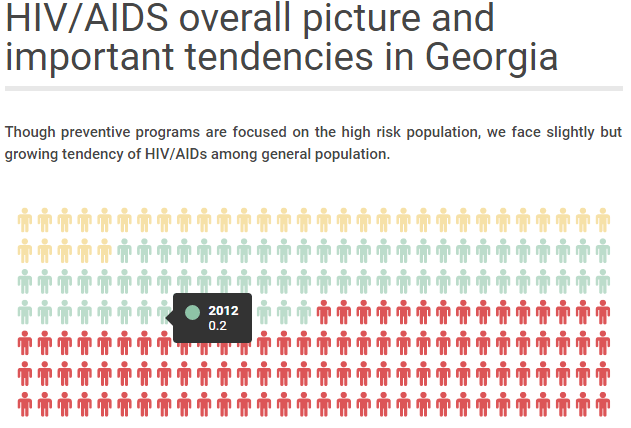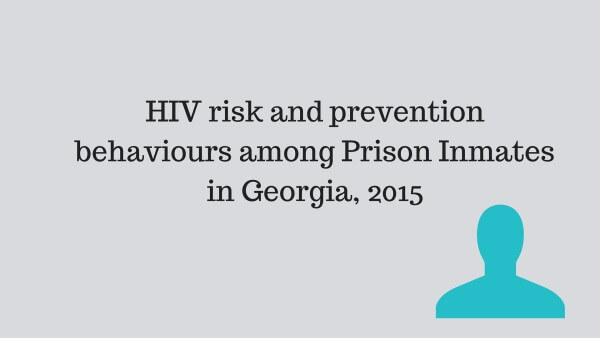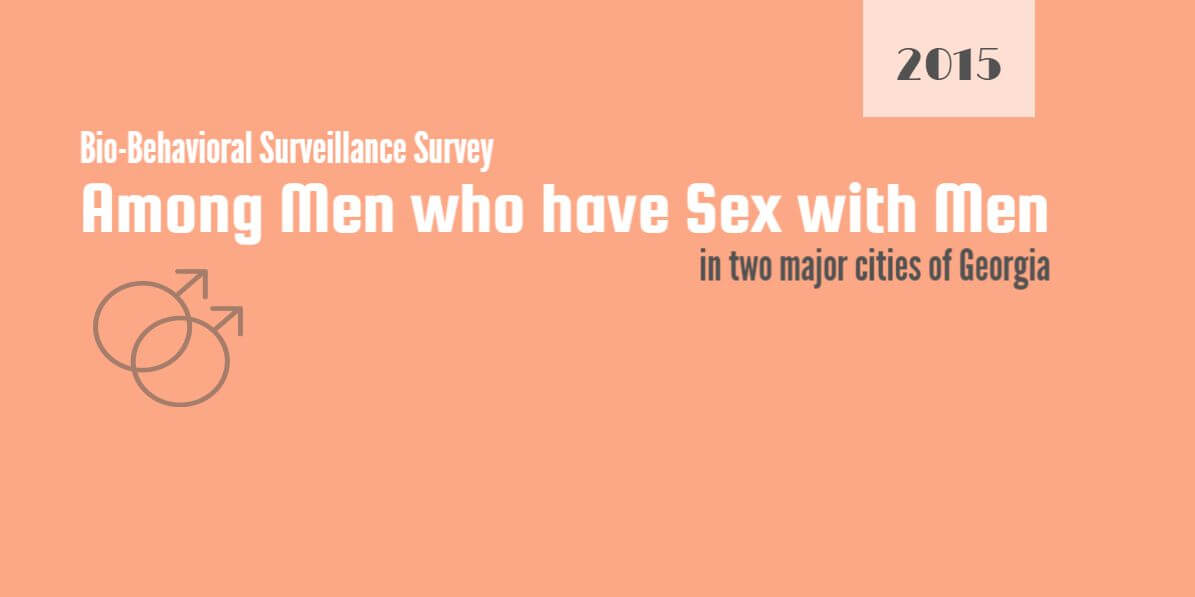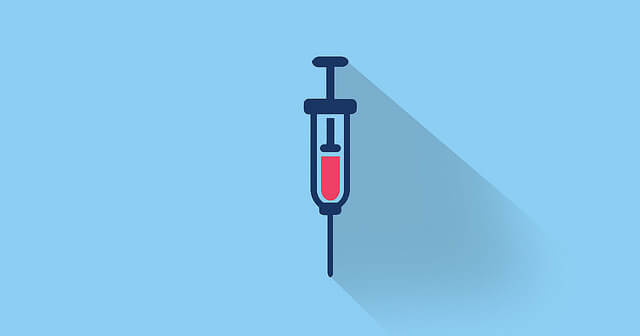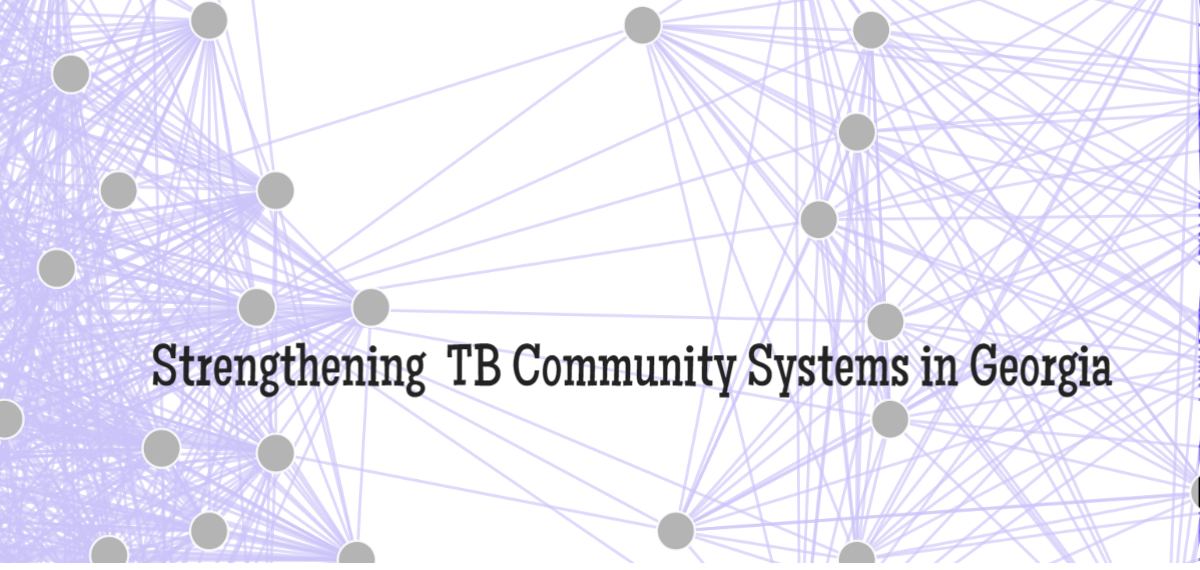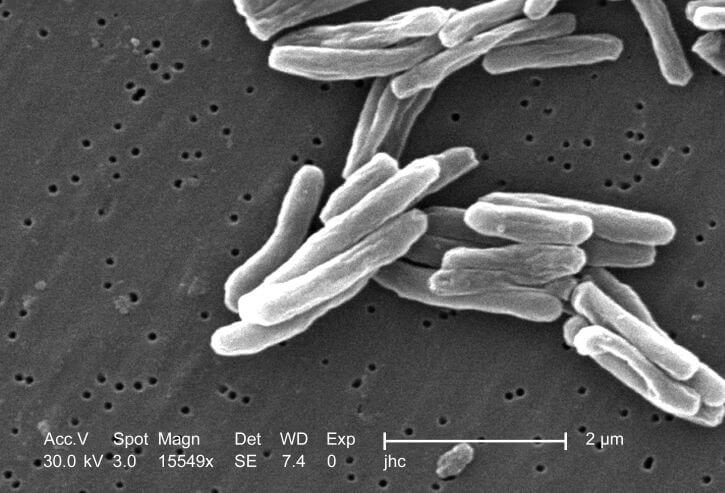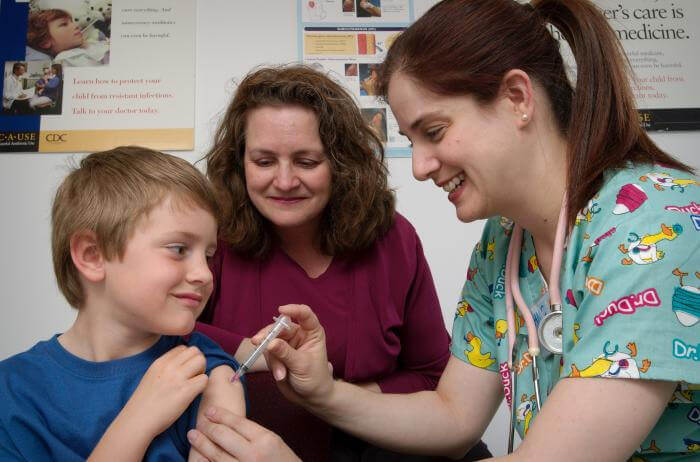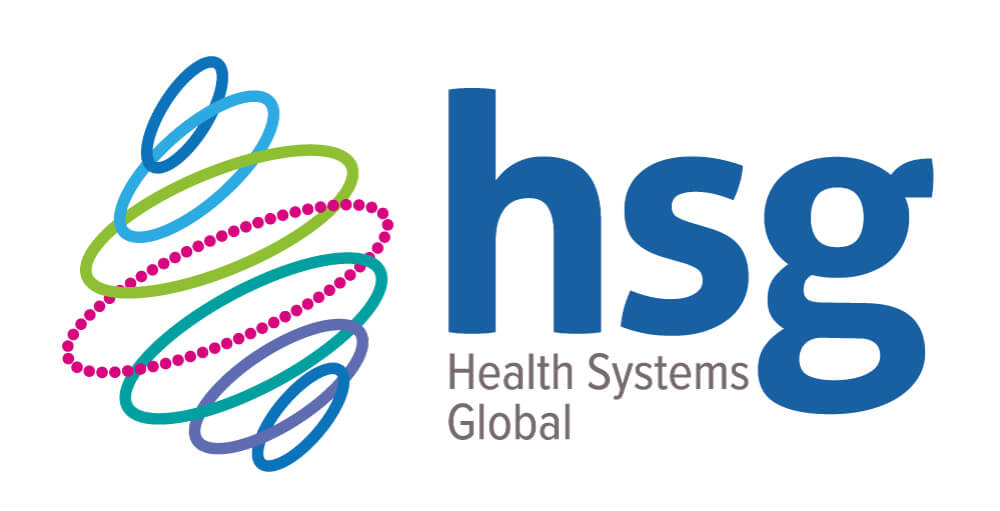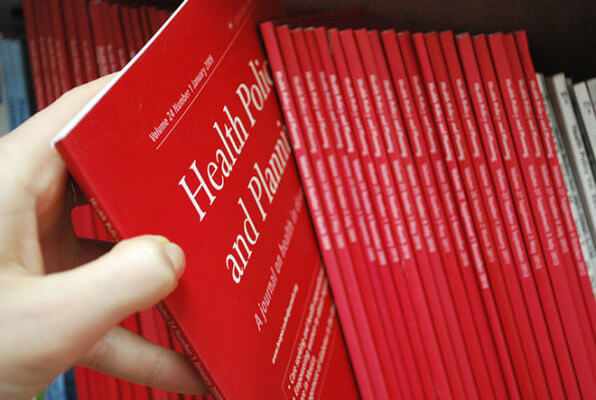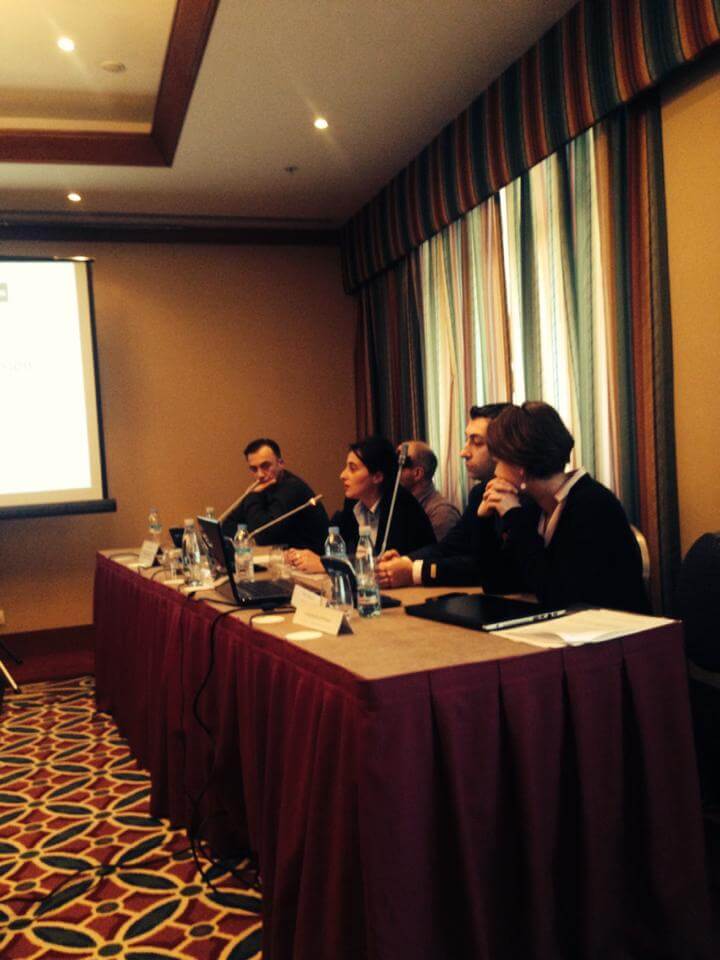Curatio International Foundation for a TB-Free World
March 24 is the time to join the global movement to end tuberculosis. Curatio International Foundation joins global society to mobilize resources to further progress in eliminating TB as a public health burden. In recent years, Curatio International Foundation together with its global partners has implemented several projects at both the national and international levels addressing TB financing, transition from donor funding and TB community strengthening. We believe our commitment will result in a better environment to broadening the prospects of a TB-free world.
Results4TB: Designing and evaluating provider results-based financing for tuberculosis care in Georgia
Curatio International Foundation in partnership with Queen Margaret University (UK), the London School of Hygiene and Tropical Medicine (UK) and the Antwerp Institute of Tropical Medicine (Belgium) is implementing a study entitled ‘Designing and evaluating provider results-based financing for tuberculosis care in Georgia: understanding costs, mechanisms of effect and impact’. The 48-month research project will assist the government of Georgia in developing a provider incentive payment scheme for tuberculosis for better TB care. The study will generate evidence of its new financing scheme effects on the adherence and treatment success rates and costs.
The project is funded through the Joint Health Systems Research Initiative, which is jointly funded by the Department of International Development, the Economic and Social Research Council, the Medical Research Council and the Wellcome Trust.
The beneficiaries of this research are TB patients, nurses and physicians involved in TB care, health facility managers, policy-makers, community members and the scientific community in Georgia, in the region and globally. The research will narrow the knowledge gap that exists around RBF interventions, such as their application in public and private settings and their cost-effectiveness, the conditions of success and the wider (negative and positive) consequences of the scheme. The research will also produce methodological innovations regarding the use of realist evaluation alongside impact evaluation and cost-effectiveness analysis.
National policy-makers will use the evidence produced through this research to reform the financing of outpatient TB care in a way that improves the efficiency, quality and sustainability of services. Additionally, findings will be beneficial for other LMICs, particularly for those with a similar vertical organization of TB services (most of the former socialist countries of Eastern and Central Europe and Central Asia) and for countries where private providers play an important role in the provision of TB services.
Read the blog prepared alongside the project.
Assessing the impact of donor co-financing and transition policies on TB Commodity Procurement
The Curatio International Foundation recently began the implementation of the project entitled: Assessing impact of donor co-financing and transition policies on TB Commodity Procurement. The project is financially supported by the Stop TB partnership and UNOPS, initiated by Global Drug Facility (GDF).
The assignment will last 10 months and aims to assess the positive and negative implications The Global Fund’s (TGF) Sustainability, Transition and Co-Financing Policy (STCP) that may have on TB commodity procurement practices on a country level within the EECA region.
Based on the goal of the assignment the project has the following objectives:
- Develop a methodological approach necessary for systematically documenting and assessing the challenges and opportunities related to the TB commodity procurement practices arising from TGF’s STCP
- Using a methodological approach and standard tools, systematically assess and document experiences related to TB commodity procurement practices during and after the transition in the countries that have graduated from TGF support or are already implementing STCP and paying for parts of TB commodity purchase.
After the successful completion of the project, a scientific article will be published in a peer reviewed international journal describing the key findings from all the assessed EECA region countries.
The project findings will help countries become more awareness of existing gaps and will assist them in taking the appropriate actions for change.
TB Community Systems Strengthening (TBCSS) Project in Georgia
The Curatio International Foundation implemented the TB Community Systems Strengthening (TBCSS) project in Georgia which was funded by the Stop TB partnership. The project started in 2016 and lasted for one year.
The overarching goal of the TBCSS project was to build-up integrated and comprehensive responses to TB that are patient-centered, and include a strong partnership with communities and civil society.
The project had three main objectives: 1: To assess the legal and social environment, the capacity of civil society, and the gaps and needs for engaging civil society in the TB community response; 2: to improve organizational strength for the sustainable development of civil society in the TB field; 3: Improve the links, coordination and networking of TB constituencies, civil society organizations, as well as state and other actors.
CIF inventoried all civil society organizations (CSO) working on tuberculosis issues in Georgia, with the financial support of Stop TB Partnership through the CFCS round 7. In the framework of this project, a TB CSO informational directory was developed which is available here.
TB Coalition Georgia has already been registered as a legal entity and several capacity development activities have been held that aim to strengthen the coalition with the support of the Curatio International Foundation. As a significant outcome of the project, one recent forum of civil societies organized by Country Coordination Mechanism, TB Coalition Georgia has initiated several advocacy topics to support the fight against TB in Georgia
Latest News
2025-2026 Winter Internship Program
Curatio International Foundation together with its global partners has implemented several projects at both the national and international levels addressing TB financing, transition from donor funding and TB community strengthening. We believe our commitment will result in a better environment to broadening the prospects of a TB-free world.
New Paper: Breaking Barriers to Universal Health Coverage: Insights from Georgia’s Chronic Disease Medicine Program
Curatio International Foundation together with its global partners has implemented several projects at both the national and international levels addressing TB financing, transition from donor funding and TB community strengthening. We believe our commitment will result in a better environment to broadening the prospects of a TB-free world.
New Paper: From fragmented to functional: Improving rehabilitation data in Georgia’s health information systems for better decision-making
Curatio International Foundation together with its global partners has implemented several projects at both the national and international levels addressing TB financing, transition from donor funding and TB community strengthening. We believe our commitment will result in a better environment to broadening the prospects of a TB-free world.
New Paper: Counting the savings: impact of Georgia’s drug policy interventions on households
Curatio International Foundation together with its global partners has implemented several projects at both the national and international levels addressing TB financing, transition from donor funding and TB community strengthening. We believe our commitment will result in a better environment to broadening the prospects of a TB-free world.
New Paper: Financial protection and universal health coverage in Georgia: an analysis of impoverishing healthcare costs using household income and expenditure surveys
Curatio International Foundation together with its global partners has implemented several projects at both the national and international levels addressing TB financing, transition from donor funding and TB community strengthening. We believe our commitment will result in a better environment to broadening the prospects of a TB-free world.
Countries Unite in Manila to Strengthen Advocacy for New Vaccine Introduction through Collaborative Learning
Curatio International Foundation together with its global partners has implemented several projects at both the national and international levels addressing TB financing, transition from donor funding and TB community strengthening. We believe our commitment will result in a better environment to broadening the prospects of a TB-free world.
Integrated Bio-behavioral surveillance and population size estimation survey among Female Sex Workers in Tbilisi and Batumi, Georgia, in 2024
Curatio International Foundation together with its global partners has implemented several projects at both the national and international levels addressing TB financing, transition from donor funding and TB community strengthening. We believe our commitment will result in a better environment to broadening the prospects of a TB-free world.
Curatio International Foundation at Eighth Global Symposium on Health Systems Research (HSR2024)
Curatio International Foundation together with its global partners has implemented several projects at both the national and international levels addressing TB financing, transition from donor funding and TB community strengthening. We believe our commitment will result in a better environment to broadening the prospects of a TB-free world.
“The Informatics and Data Science for Public Health: Sustainment Plan for Skilled Labor Force Development”
Curatio International Foundation together with its global partners has implemented several projects at both the national and international levels addressing TB financing, transition from donor funding and TB community strengthening. We believe our commitment will result in a better environment to broadening the prospects of a TB-free world.
Janina Stauke from the London School of Hygiene and Tropical Medicine shares her internship experience
Curatio International Foundation together with its global partners has implemented several projects at both the national and international levels addressing TB financing, transition from donor funding and TB community strengthening. We believe our commitment will result in a better environment to broadening the prospects of a TB-free world.
Jolly Mae Catalan fromUniversité Libre de Bruxelles shares her internship experience
Curatio International Foundation together with its global partners has implemented several projects at both the national and international levels addressing TB financing, transition from donor funding and TB community strengthening. We believe our commitment will result in a better environment to broadening the prospects of a TB-free world.
Georgia’s Journey to Integrating Rehabilitation Services into the Health System: Insights and Lessons
Curatio International Foundation together with its global partners has implemented several projects at both the national and international levels addressing TB financing, transition from donor funding and TB community strengthening. We believe our commitment will result in a better environment to broadening the prospects of a TB-free world.
Report on Rehabilitation Data Flow in Georgia’s Health Information System
Curatio International Foundation together with its global partners has implemented several projects at both the national and international levels addressing TB financing, transition from donor funding and TB community strengthening. We believe our commitment will result in a better environment to broadening the prospects of a TB-free world.
Georgia: a primary health care case study in the context of the COVID-19 pandemic
Curatio International Foundation together with its global partners has implemented several projects at both the national and international levels addressing TB financing, transition from donor funding and TB community strengthening. We believe our commitment will result in a better environment to broadening the prospects of a TB-free world.
Adult vaccination in Asia and the Pacific
Curatio International Foundation together with its global partners has implemented several projects at both the national and international levels addressing TB financing, transition from donor funding and TB community strengthening. We believe our commitment will result in a better environment to broadening the prospects of a TB-free world.
Assessment of the Quality of Maternal and Neonatal Services in Montenegro
Curatio International Foundation together with its global partners has implemented several projects at both the national and international levels addressing TB financing, transition from donor funding and TB community strengthening. We believe our commitment will result in a better environment to broadening the prospects of a TB-free world.
Barometer Study: Pharmaceutical Sector in Georgia
Curatio International Foundation together with its global partners has implemented several projects at both the national and international levels addressing TB financing, transition from donor funding and TB community strengthening. We believe our commitment will result in a better environment to broadening the prospects of a TB-free world.
Call for Internship 2024
Curatio International Foundation together with its global partners has implemented several projects at both the national and international levels addressing TB financing, transition from donor funding and TB community strengthening. We believe our commitment will result in a better environment to broadening the prospects of a TB-free world.
Georgian state rehabilitation program: implementation research study report
Curatio International Foundation together with its global partners has implemented several projects at both the national and international levels addressing TB financing, transition from donor funding and TB community strengthening. We believe our commitment will result in a better environment to broadening the prospects of a TB-free world.
NEW Barometer, study focusing on the pharmaceutical sector
Curatio International Foundation together with its global partners has implemented several projects at both the national and international levels addressing TB financing, transition from donor funding and TB community strengthening. We believe our commitment will result in a better environment to broadening the prospects of a TB-free world.
Strengthening Health Systems for Accessible Rehabilitation Services in Georgia
Curatio International Foundation together with its global partners has implemented several projects at both the national and international levels addressing TB financing, transition from donor funding and TB community strengthening. We believe our commitment will result in a better environment to broadening the prospects of a TB-free world.
Linked’s workshop on HPV vaccine introduction and scale up, held on July 11-12th, 2023
Curatio International Foundation together with its global partners has implemented several projects at both the national and international levels addressing TB financing, transition from donor funding and TB community strengthening. We believe our commitment will result in a better environment to broadening the prospects of a TB-free world.
Training program focusing on interdisciplinary evaluation of rehabilitation interventions and patient outcomes
Curatio International Foundation together with its global partners has implemented several projects at both the national and international levels addressing TB financing, transition from donor funding and TB community strengthening. We believe our commitment will result in a better environment to broadening the prospects of a TB-free world.
Unlocking Success Through Learning: Workshop on Strengthening HR Capacity and Performance Management in Immunization
Curatio International Foundation together with its global partners has implemented several projects at both the national and international levels addressing TB financing, transition from donor funding and TB community strengthening. We believe our commitment will result in a better environment to broadening the prospects of a TB-free world.
Promote evidence-based policies in the pharmaceutical sector by generating evidence and fostering civic engagement
Curatio International Foundation together with its global partners has implemented several projects at both the national and international levels addressing TB financing, transition from donor funding and TB community strengthening. We believe our commitment will result in a better environment to broadening the prospects of a TB-free world.
CIF and the Results for Development / Accelerator combined their expertise to co-author an insightful blog, shedding light on Georgia’s commendable efforts to overcome limited data challenges and develop evidence-based policies for financing rehabilitation services
Curatio International Foundation together with its global partners has implemented several projects at both the national and international levels addressing TB financing, transition from donor funding and TB community strengthening. We believe our commitment will result in a better environment to broadening the prospects of a TB-free world.
Culminating event – Building Institutional Capacity for Health Policy and Systems Research and Delivery science (BIRD) in six WHO Regions
Curatio International Foundation together with its global partners has implemented several projects at both the national and international levels addressing TB financing, transition from donor funding and TB community strengthening. We believe our commitment will result in a better environment to broadening the prospects of a TB-free world.
Report on Phased (Stepwise) Plan for the Capability Development of the Priority Rehabilitation Services
Curatio International Foundation together with its global partners has implemented several projects at both the national and international levels addressing TB financing, transition from donor funding and TB community strengthening. We believe our commitment will result in a better environment to broadening the prospects of a TB-free world.
Report on prioritization of rehabilitation services in Georgia
Curatio International Foundation together with its global partners has implemented several projects at both the national and international levels addressing TB financing, transition from donor funding and TB community strengthening. We believe our commitment will result in a better environment to broadening the prospects of a TB-free world.
Report on Rehabilitation Service Costing and Budgeting
Curatio International Foundation together with its global partners has implemented several projects at both the national and international levels addressing TB financing, transition from donor funding and TB community strengthening. We believe our commitment will result in a better environment to broadening the prospects of a TB-free world.
Mental health of young people during the COVID-19 pandemic
Curatio International Foundation together with its global partners has implemented several projects at both the national and international levels addressing TB financing, transition from donor funding and TB community strengthening. We believe our commitment will result in a better environment to broadening the prospects of a TB-free world.
Promote evidence-based policies in the pharmaceutical sector by generating evidence
Curatio International Foundation together with its global partners has implemented several projects at both the national and international levels addressing TB financing, transition from donor funding and TB community strengthening. We believe our commitment will result in a better environment to broadening the prospects of a TB-free world.
Mandatory Vaccination and Green Passes – Review of International Experience
Curatio International Foundation together with its global partners has implemented several projects at both the national and international levels addressing TB financing, transition from donor funding and TB community strengthening. We believe our commitment will result in a better environment to broadening the prospects of a TB-free world.
Sustaining Public Health Gains after Donor Transition: What can we learn about Georgia?
Curatio International Foundation together with its global partners has implemented several projects at both the national and international levels addressing TB financing, transition from donor funding and TB community strengthening. We believe our commitment will result in a better environment to broadening the prospects of a TB-free world.
Curatio International Foundation at Seventh Global Symposium on Health Systems Research (HSR2022)
Curatio International Foundation together with its global partners has implemented several projects at both the national and international levels addressing TB financing, transition from donor funding and TB community strengthening. We believe our commitment will result in a better environment to broadening the prospects of a TB-free world.
Curatio International Foundation at Global Symposium on Health Systems Research
Curatio International Foundation together with its global partners has implemented several projects at both the national and international levels addressing TB financing, transition from donor funding and TB community strengthening. We believe our commitment will result in a better environment to broadening the prospects of a TB-free world.
EECA HIV Sustainability Summit 2022 in Tbilisi
Curatio International Foundation together with its global partners has implemented several projects at both the national and international levels addressing TB financing, transition from donor funding and TB community strengthening. We believe our commitment will result in a better environment to broadening the prospects of a TB-free world.
Study report: Adaptations made in TB response during Covid-19 pandemic in Georgia
Curatio International Foundation together with its global partners has implemented several projects at both the national and international levels addressing TB financing, transition from donor funding and TB community strengthening. We believe our commitment will result in a better environment to broadening the prospects of a TB-free world.
New review of our recent study on Immunization in Kazakhstan
Curatio International Foundation together with its global partners has implemented several projects at both the national and international levels addressing TB financing, transition from donor funding and TB community strengthening. We believe our commitment will result in a better environment to broadening the prospects of a TB-free world.
New case study: Sustaining effective coverage with Opioid Substitution Therapy (OST) in Georgia in the context of transition from external assistance
Curatio International Foundation together with its global partners has implemented several projects at both the national and international levels addressing TB financing, transition from donor funding and TB community strengthening. We believe our commitment will result in a better environment to broadening the prospects of a TB-free world.
New case study: National Immunisation Program Transition from external assistance
Curatio International Foundation together with its global partners has implemented several projects at both the national and international levels addressing TB financing, transition from donor funding and TB community strengthening. We believe our commitment will result in a better environment to broadening the prospects of a TB-free world.
“Strengthening Health Systems for Accessible Rehabilitation Services in Georgia” – Workshop
Curatio International Foundation together with its global partners has implemented several projects at both the national and international levels addressing TB financing, transition from donor funding and TB community strengthening. We believe our commitment will result in a better environment to broadening the prospects of a TB-free world.
Strengthening the Delivery of Immunisation Services Through PHC Platforms-Workshop
Curatio International Foundation together with its global partners has implemented several projects at both the national and international levels addressing TB financing, transition from donor funding and TB community strengthening. We believe our commitment will result in a better environment to broadening the prospects of a TB-free world.
Call for internship 2022
Curatio International Foundation together with its global partners has implemented several projects at both the national and international levels addressing TB financing, transition from donor funding and TB community strengthening. We believe our commitment will result in a better environment to broadening the prospects of a TB-free world.
New Article published in the journal Frontiers in Public Health
Curatio International Foundation together with its global partners has implemented several projects at both the national and international levels addressing TB financing, transition from donor funding and TB community strengthening. We believe our commitment will result in a better environment to broadening the prospects of a TB-free world.
New Paper: A transdiagnostic psychosocial prevention-intervention service for young people in the Republic of Georgia
Curatio International Foundation together with its global partners has implemented several projects at both the national and international levels addressing TB financing, transition from donor funding and TB community strengthening. We believe our commitment will result in a better environment to broadening the prospects of a TB-free world.
Vaccine Procurement and Supply for the Expanded Program of Immunization in Kazakhstan
Curatio International Foundation together with its global partners has implemented several projects at both the national and international levels addressing TB financing, transition from donor funding and TB community strengthening. We believe our commitment will result in a better environment to broadening the prospects of a TB-free world.
Prevention of Addiction and Mental Health in Adolescents in Georgia (PAMAd) – Workshop
Curatio International Foundation together with its global partners has implemented several projects at both the national and international levels addressing TB financing, transition from donor funding and TB community strengthening. We believe our commitment will result in a better environment to broadening the prospects of a TB-free world.
Workshop to discuss the risk assessment of future TB migrants
Curatio International Foundation together with its global partners has implemented several projects at both the national and international levels addressing TB financing, transition from donor funding and TB community strengthening. We believe our commitment will result in a better environment to broadening the prospects of a TB-free world.
Webinar : Matters of Scale and Integration in Digital Health Ecosystems
Curatio International Foundation together with its global partners has implemented several projects at both the national and international levels addressing TB financing, transition from donor funding and TB community strengthening. We believe our commitment will result in a better environment to broadening the prospects of a TB-free world.
Immunisation Action Network
Curatio International Foundation together with its global partners has implemented several projects at both the national and international levels addressing TB financing, transition from donor funding and TB community strengthening. We believe our commitment will result in a better environment to broadening the prospects of a TB-free world.
Data Analysis and Synthesis Workshop – analyzing the implications of the structure of Georgia’s private healthcare market for quality and accessibility
Curatio International Foundation together with its global partners has implemented several projects at both the national and international levels addressing TB financing, transition from donor funding and TB community strengthening. We believe our commitment will result in a better environment to broadening the prospects of a TB-free world.
External Reference Pricing Policy: A Possible Pharmaceutical Price Regulation Policy in Georgia
Curatio International Foundation together with its global partners has implemented several projects at both the national and international levels addressing TB financing, transition from donor funding and TB community strengthening. We believe our commitment will result in a better environment to broadening the prospects of a TB-free world.
Rapid reviews of health policy and systems evidence
Curatio International Foundation together with its global partners has implemented several projects at both the national and international levels addressing TB financing, transition from donor funding and TB community strengthening. We believe our commitment will result in a better environment to broadening the prospects of a TB-free world.
Paper: Soviet legacy is still pervasive in health policy and systems research in the post-Soviet states
Curatio International Foundation together with its global partners has implemented several projects at both the national and international levels addressing TB financing, transition from donor funding and TB community strengthening. We believe our commitment will result in a better environment to broadening the prospects of a TB-free world.
Strategic Fellowship – series of training courses for students
Curatio International Foundation together with its global partners has implemented several projects at both the national and international levels addressing TB financing, transition from donor funding and TB community strengthening. We believe our commitment will result in a better environment to broadening the prospects of a TB-free world.
Georgian NIP faces challenges in sustaining the outcomes achieved
Curatio International Foundation together with its global partners has implemented several projects at both the national and international levels addressing TB financing, transition from donor funding and TB community strengthening. We believe our commitment will result in a better environment to broadening the prospects of a TB-free world.
CIF Internship Program 2021
Curatio International Foundation together with its global partners has implemented several projects at both the national and international levels addressing TB financing, transition from donor funding and TB community strengthening. We believe our commitment will result in a better environment to broadening the prospects of a TB-free world.
Enroll to the CIF’s Strategic Fellowship Programme
Curatio International Foundation together with its global partners has implemented several projects at both the national and international levels addressing TB financing, transition from donor funding and TB community strengthening. We believe our commitment will result in a better environment to broadening the prospects of a TB-free world.
Article: How do participatory methods shape policy? Applying a realist approach to the formulation of a new tuberculosis policy in Georgia
Curatio International Foundation together with its global partners has implemented several projects at both the national and international levels addressing TB financing, transition from donor funding and TB community strengthening. We believe our commitment will result in a better environment to broadening the prospects of a TB-free world.
Bundled Payment Methods: An Alternative Payment Method to Contain Healthcare Costs in Georgia
Curatio International Foundation together with its global partners has implemented several projects at both the national and international levels addressing TB financing, transition from donor funding and TB community strengthening. We believe our commitment will result in a better environment to broadening the prospects of a TB-free world.
HOW TO MAINTAIN ROUTINE IMMUNIZATION DURING COVID-19? EXPERIENCES FROM ARMENIA, GEORGIA, AND UZBEKISTAN
Curatio International Foundation together with its global partners has implemented several projects at both the national and international levels addressing TB financing, transition from donor funding and TB community strengthening. We believe our commitment will result in a better environment to broadening the prospects of a TB-free world.
DRUG CHECKING: An Essential Response to Emerging Harm Reduction Needs
Curatio International Foundation together with its global partners has implemented several projects at both the national and international levels addressing TB financing, transition from donor funding and TB community strengthening. We believe our commitment will result in a better environment to broadening the prospects of a TB-free world.
GEORGIA COVID-19 VACCINE COMMUNICATIONS CAMPAIGN TO ADDRESS HESITANCY ISSUES
Curatio International Foundation together with its global partners has implemented several projects at both the national and international levels addressing TB financing, transition from donor funding and TB community strengthening. We believe our commitment will result in a better environment to broadening the prospects of a TB-free world.
Supporting Evidence-Informed Policy making and Action in Six WHO Regions
Curatio International Foundation together with its global partners has implemented several projects at both the national and international levels addressing TB financing, transition from donor funding and TB community strengthening. We believe our commitment will result in a better environment to broadening the prospects of a TB-free world.
Georgian Healthcare Barometer XIV Wave The analysis of financial stability and risks in healthcare
Curatio International Foundation together with its global partners has implemented several projects at both the national and international levels addressing TB financing, transition from donor funding and TB community strengthening. We believe our commitment will result in a better environment to broadening the prospects of a TB-free world.
Call for educational Strategic Policy Fellowship Program
Curatio International Foundation together with its global partners has implemented several projects at both the national and international levels addressing TB financing, transition from donor funding and TB community strengthening. We believe our commitment will result in a better environment to broadening the prospects of a TB-free world.
We are pleased to announce that The Sixth Global Symposium on Health Systems Research (HSR2020) has opened
Curatio International Foundation together with its global partners has implemented several projects at both the national and international levels addressing TB financing, transition from donor funding and TB community strengthening. We believe our commitment will result in a better environment to broadening the prospects of a TB-free world.
Discussing interim results of research project: Prevention of Addiction and Mental Health in Adolescents in Georgia (PAMAd)
Curatio International Foundation together with its global partners has implemented several projects at both the national and international levels addressing TB financing, transition from donor funding and TB community strengthening. We believe our commitment will result in a better environment to broadening the prospects of a TB-free world.
Effects of Pay for Performance on utilization and quality of care among Primary Health Care providers in Middle and High-Income countries
Curatio International Foundation together with its global partners has implemented several projects at both the national and international levels addressing TB financing, transition from donor funding and TB community strengthening. We believe our commitment will result in a better environment to broadening the prospects of a TB-free world.
Does pay for performance work to improve immunization coverage?
Curatio International Foundation together with its global partners has implemented several projects at both the national and international levels addressing TB financing, transition from donor funding and TB community strengthening. We believe our commitment will result in a better environment to broadening the prospects of a TB-free world.
CAN SOCIAL MEDIA MONITORING LEAD TO IMPROVED PERCEPTIONS ABOUT IMMUNIZATION?
Curatio International Foundation together with its global partners has implemented several projects at both the national and international levels addressing TB financing, transition from donor funding and TB community strengthening. We believe our commitment will result in a better environment to broadening the prospects of a TB-free world.
The first phase of the joint fellowship program of the Curatio International Foundation and the Knowledge to Policy Center (K2P) at the American University of Beirut has been successfully implemented
Curatio International Foundation together with its global partners has implemented several projects at both the national and international levels addressing TB financing, transition from donor funding and TB community strengthening. We believe our commitment will result in a better environment to broadening the prospects of a TB-free world.
LNCT WEBINAR: Incremental Costs of Routine Immunization, Campaigns, and Outreach Services During COVID-19
Curatio International Foundation together with its global partners has implemented several projects at both the national and international levels addressing TB financing, transition from donor funding and TB community strengthening. We believe our commitment will result in a better environment to broadening the prospects of a TB-free world.
LNCT Webinar: Assessing Bottlenecks to Adequate and Predictable Vaccine Financing
Curatio International Foundation together with its global partners has implemented several projects at both the national and international levels addressing TB financing, transition from donor funding and TB community strengthening. We believe our commitment will result in a better environment to broadening the prospects of a TB-free world.
LNCT WEBINAR: Designing Behavioural Strategies for Immunization in a Covid-19 Context
Curatio International Foundation together with its global partners has implemented several projects at both the national and international levels addressing TB financing, transition from donor funding and TB community strengthening. We believe our commitment will result in a better environment to broadening the prospects of a TB-free world.
Concentration and fragmentation: analyzing the implications of the structure of Georgia’s private healthcare market for quality and accessibility (ConFrag)
Curatio International Foundation together with its global partners has implemented several projects at both the national and international levels addressing TB financing, transition from donor funding and TB community strengthening. We believe our commitment will result in a better environment to broadening the prospects of a TB-free world.
LNCT Discussion Group: COVID-19 Impact on Immunization Programs
Curatio International Foundation together with its global partners has implemented several projects at both the national and international levels addressing TB financing, transition from donor funding and TB community strengthening. We believe our commitment will result in a better environment to broadening the prospects of a TB-free world.
#COVID19 – Evidence and Policymaking: Personal Reflections from an LMIC Setting
Curatio International Foundation together with its global partners has implemented several projects at both the national and international levels addressing TB financing, transition from donor funding and TB community strengthening. We believe our commitment will result in a better environment to broadening the prospects of a TB-free world.
The COVID-19 epidemic in Georgia Projections and Policy Options
Curatio International Foundation together with its global partners has implemented several projects at both the national and international levels addressing TB financing, transition from donor funding and TB community strengthening. We believe our commitment will result in a better environment to broadening the prospects of a TB-free world.
Modeling of Four Possible Scenarios of COVID-19 epidemics in Georgia
Curatio International Foundation together with its global partners has implemented several projects at both the national and international levels addressing TB financing, transition from donor funding and TB community strengthening. We believe our commitment will result in a better environment to broadening the prospects of a TB-free world.
Application for Summer Internship program is closed
Curatio International Foundation together with its global partners has implemented several projects at both the national and international levels addressing TB financing, transition from donor funding and TB community strengthening. We believe our commitment will result in a better environment to broadening the prospects of a TB-free world.
LNCT Webinar: Key Considerations for Integrating Immunization with Other Primary Health Care Services
Curatio International Foundation together with its global partners has implemented several projects at both the national and international levels addressing TB financing, transition from donor funding and TB community strengthening. We believe our commitment will result in a better environment to broadening the prospects of a TB-free world.
Georgia Sharing knowledge to Armenia to strengthen immunization legislation
Curatio International Foundation together with its global partners has implemented several projects at both the national and international levels addressing TB financing, transition from donor funding and TB community strengthening. We believe our commitment will result in a better environment to broadening the prospects of a TB-free world.
Call for Interns as researchers is now open
Curatio International Foundation together with its global partners has implemented several projects at both the national and international levels addressing TB financing, transition from donor funding and TB community strengthening. We believe our commitment will result in a better environment to broadening the prospects of a TB-free world.
Improving access to pharmaceuticals in Georgia
Curatio International Foundation together with its global partners has implemented several projects at both the national and international levels addressing TB financing, transition from donor funding and TB community strengthening. We believe our commitment will result in a better environment to broadening the prospects of a TB-free world.
LNCT Webinar: Addressing Vaccine Hesitancy Challenges
Curatio International Foundation together with its global partners has implemented several projects at both the national and international levels addressing TB financing, transition from donor funding and TB community strengthening. We believe our commitment will result in a better environment to broadening the prospects of a TB-free world.
Project on “Technical Assistance Using Modern Technology for TB Prevention, Diagnosis, and Increased Quality Treatment” was closed
Curatio International Foundation together with its global partners has implemented several projects at both the national and international levels addressing TB financing, transition from donor funding and TB community strengthening. We believe our commitment will result in a better environment to broadening the prospects of a TB-free world.
Dialogue on Pharmaceutical pricing policies to improve the population’s access to pharmaceuticals in Georgia
Curatio International Foundation together with its global partners has implemented several projects at both the national and international levels addressing TB financing, transition from donor funding and TB community strengthening. We believe our commitment will result in a better environment to broadening the prospects of a TB-free world.
LNCT Webinar: Implementing a High Performing Immunization Program within the Context of National Health Insurance: What can we Learn from Thailand?
Curatio International Foundation together with its global partners has implemented several projects at both the national and international levels addressing TB financing, transition from donor funding and TB community strengthening. We believe our commitment will result in a better environment to broadening the prospects of a TB-free world.
LNCT Webinar: Strengthening Public-Private Engagement for Immunization Delivery
Curatio International Foundation together with its global partners has implemented several projects at both the national and international levels addressing TB financing, transition from donor funding and TB community strengthening. We believe our commitment will result in a better environment to broadening the prospects of a TB-free world.
Implementing new research: Prevention of Addiction and Mental Health in Adolescents in Georgia
Curatio International Foundation together with its global partners has implemented several projects at both the national and international levels addressing TB financing, transition from donor funding and TB community strengthening. We believe our commitment will result in a better environment to broadening the prospects of a TB-free world.
Georgia’s introduction of the Hexavalent vaccine: Lessons on successful procurement and advocacy
Curatio International Foundation together with its global partners has implemented several projects at both the national and international levels addressing TB financing, transition from donor funding and TB community strengthening. We believe our commitment will result in a better environment to broadening the prospects of a TB-free world.
Georgia Primary Health Care Profile: 6 Year after UHC program introduction
Curatio International Foundation together with its global partners has implemented several projects at both the national and international levels addressing TB financing, transition from donor funding and TB community strengthening. We believe our commitment will result in a better environment to broadening the prospects of a TB-free world.
National consultations to propose a new model of TB funding
Curatio International Foundation together with its global partners has implemented several projects at both the national and international levels addressing TB financing, transition from donor funding and TB community strengthening. We believe our commitment will result in a better environment to broadening the prospects of a TB-free world.
HSR2020: RE-IMAGINING HEALTH SYSTEMS FOR BETTER HEALTH AND SOCIAL JUSTICE
Curatio International Foundation together with its global partners has implemented several projects at both the national and international levels addressing TB financing, transition from donor funding and TB community strengthening. We believe our commitment will result in a better environment to broadening the prospects of a TB-free world.
CALL FOR MENTEES: PUBLICATION MENTORSHIP FOR FIRST-TIME WOMEN AUTHORS IN THE FIELD OF HPSR
Curatio International Foundation together with its global partners has implemented several projects at both the national and international levels addressing TB financing, transition from donor funding and TB community strengthening. We believe our commitment will result in a better environment to broadening the prospects of a TB-free world.
A pilot of a new intervention launched to Improve adherence to TB treatment and its outcomes in Georgia
Curatio International Foundation together with its global partners has implemented several projects at both the national and international levels addressing TB financing, transition from donor funding and TB community strengthening. We believe our commitment will result in a better environment to broadening the prospects of a TB-free world.
Training for epidemiologists and health workers on TB contact tracing new guideline
Curatio International Foundation together with its global partners has implemented several projects at both the national and international levels addressing TB financing, transition from donor funding and TB community strengthening. We believe our commitment will result in a better environment to broadening the prospects of a TB-free world.
Workshop on using modern technology for TB prevention, diagnosis and increased quality treatment
Curatio International Foundation together with its global partners has implemented several projects at both the national and international levels addressing TB financing, transition from donor funding and TB community strengthening. We believe our commitment will result in a better environment to broadening the prospects of a TB-free world.
K2P Mentorship Program on Building Institutional Capacity on Evidence Informed Policy Making
Curatio International Foundation together with its global partners has implemented several projects at both the national and international levels addressing TB financing, transition from donor funding and TB community strengthening. We believe our commitment will result in a better environment to broadening the prospects of a TB-free world.
Training on using Research Evidence for Policy Making
Curatio International Foundation together with its global partners has implemented several projects at both the national and international levels addressing TB financing, transition from donor funding and TB community strengthening. We believe our commitment will result in a better environment to broadening the prospects of a TB-free world.
Doing embedded development and research – reflections on the start of the Results4TB programme
Curatio International Foundation together with its global partners has implemented several projects at both the national and international levels addressing TB financing, transition from donor funding and TB community strengthening. We believe our commitment will result in a better environment to broadening the prospects of a TB-free world.
Healthcare Advocacy Coalition (HAC) for Human Oriented Healthcare
Curatio International Foundation together with its global partners has implemented several projects at both the national and international levels addressing TB financing, transition from donor funding and TB community strengthening. We believe our commitment will result in a better environment to broadening the prospects of a TB-free world.
Introductory Meeting on the project ‘Embedding Rapid Reviews in Health Policy-Making’
Curatio International Foundation together with its global partners has implemented several projects at both the national and international levels addressing TB financing, transition from donor funding and TB community strengthening. We believe our commitment will result in a better environment to broadening the prospects of a TB-free world.
Taavy Miller from University of North Carolina shares her internship experience
Curatio International Foundation together with its global partners has implemented several projects at both the national and international levels addressing TB financing, transition from donor funding and TB community strengthening. We believe our commitment will result in a better environment to broadening the prospects of a TB-free world.
Building Institutional Capacity for HPSR and Delivery Science- CIF is Europe region HUB
Curatio International Foundation together with its global partners has implemented several projects at both the national and international levels addressing TB financing, transition from donor funding and TB community strengthening. We believe our commitment will result in a better environment to broadening the prospects of a TB-free world.
Inter-regional workshop in preparation for transitioning towards domestic financing in TB, HIV and Malaria programmes
Curatio International Foundation together with its global partners has implemented several projects at both the national and international levels addressing TB financing, transition from donor funding and TB community strengthening. We believe our commitment will result in a better environment to broadening the prospects of a TB-free world.
Memorandum of Cooperation between the Health and Social Issues Committee of the Parliament of Georgia and Curatio International Foundation
Curatio International Foundation together with its global partners has implemented several projects at both the national and international levels addressing TB financing, transition from donor funding and TB community strengthening. We believe our commitment will result in a better environment to broadening the prospects of a TB-free world.
Embedding Rapid Reviews in Health Systems Decision-Making (ERA)
Curatio International Foundation together with its global partners has implemented several projects at both the national and international levels addressing TB financing, transition from donor funding and TB community strengthening. We believe our commitment will result in a better environment to broadening the prospects of a TB-free world.
Curatio International Foundation at the Global Symposium on Health Systems Research
Curatio International Foundation together with its global partners has implemented several projects at both the national and international levels addressing TB financing, transition from donor funding and TB community strengthening. We believe our commitment will result in a better environment to broadening the prospects of a TB-free world.
The civil society gathered for the fourth time to discuss healthcare system challenges in Georgia
Curatio International Foundation together with its global partners has implemented several projects at both the national and international levels addressing TB financing, transition from donor funding and TB community strengthening. We believe our commitment will result in a better environment to broadening the prospects of a TB-free world.
Project: HIV risk behavior among Men who have Sex with Men – Bio-Behavioral Surveillance Survey and Population Size Estimation
Curatio International Foundation together with its global partners has implemented several projects at both the national and international levels addressing TB financing, transition from donor funding and TB community strengthening. We believe our commitment will result in a better environment to broadening the prospects of a TB-free world.
Curatio International Foundation at AIDS2018
Curatio International Foundation together with its global partners has implemented several projects at both the national and international levels addressing TB financing, transition from donor funding and TB community strengthening. We believe our commitment will result in a better environment to broadening the prospects of a TB-free world.
Big Pharma Greed and Artificial Prices – Knocking on Door to Limit Access to HIV Medicines in Georgia
Curatio International Foundation together with its global partners has implemented several projects at both the national and international levels addressing TB financing, transition from donor funding and TB community strengthening. We believe our commitment will result in a better environment to broadening the prospects of a TB-free world.
Civil society is gathering for the third time to hold a discussion about the healthcare
Curatio International Foundation together with its global partners has implemented several projects at both the national and international levels addressing TB financing, transition from donor funding and TB community strengthening. We believe our commitment will result in a better environment to broadening the prospects of a TB-free world.
Webinar: Gavi Vaccine Prices Post-Transition
Curatio International Foundation together with its global partners has implemented several projects at both the national and international levels addressing TB financing, transition from donor funding and TB community strengthening. We believe our commitment will result in a better environment to broadening the prospects of a TB-free world.
Webinar: Mapping and consensus of global competencies set for the field of HPSR: A progress update and HSG round table discussion
Curatio International Foundation together with its global partners has implemented several projects at both the national and international levels addressing TB financing, transition from donor funding and TB community strengthening. We believe our commitment will result in a better environment to broadening the prospects of a TB-free world.
Health Systems Global Publishes Annual Report 2017
Curatio International Foundation together with its global partners has implemented several projects at both the national and international levels addressing TB financing, transition from donor funding and TB community strengthening. We believe our commitment will result in a better environment to broadening the prospects of a TB-free world.
Webinar: Vaccine Forecasting and Budgeting Tools and Best Practices
Curatio International Foundation together with its global partners has implemented several projects at both the national and international levels addressing TB financing, transition from donor funding and TB community strengthening. We believe our commitment will result in a better environment to broadening the prospects of a TB-free world.
Technical Assistance for evaluation of transition readiness and preparation of Transition and Sustainability Plan for Global Fund-supported programs in Tajikistan
Curatio International Foundation together with its global partners has implemented several projects at both the national and international levels addressing TB financing, transition from donor funding and TB community strengthening. We believe our commitment will result in a better environment to broadening the prospects of a TB-free world.
Technical Assistance for the preparation of Transition and Sustainability Plan for HIV program in Philippines
Curatio International Foundation together with its global partners has implemented several projects at both the national and international levels addressing TB financing, transition from donor funding and TB community strengthening. We believe our commitment will result in a better environment to broadening the prospects of a TB-free world.
Discussing the accessibility of medicines in Georgia
Curatio International Foundation together with its global partners has implemented several projects at both the national and international levels addressing TB financing, transition from donor funding and TB community strengthening. We believe our commitment will result in a better environment to broadening the prospects of a TB-free world.
Webinar: Integrating gender into health system strengthening in conflict and crisis-affected settings; what’s in our toolkit?
Curatio International Foundation together with its global partners has implemented several projects at both the national and international levels addressing TB financing, transition from donor funding and TB community strengthening. We believe our commitment will result in a better environment to broadening the prospects of a TB-free world.
Article: Barriers to mental health care utilization among internally displaced persons in the republic of Georgia: a rapid appraisal study
Curatio International Foundation together with its global partners has implemented several projects at both the national and international levels addressing TB financing, transition from donor funding and TB community strengthening. We believe our commitment will result in a better environment to broadening the prospects of a TB-free world.
Why Georgians second-guess their doctors – Deregulation has left Georgian medical care something many Georgians would rather avoid
Curatio International Foundation together with its global partners has implemented several projects at both the national and international levels addressing TB financing, transition from donor funding and TB community strengthening. We believe our commitment will result in a better environment to broadening the prospects of a TB-free world.
Ara Srinagesh from New York University Shares her Internship Experience
Curatio International Foundation together with its global partners has implemented several projects at both the national and international levels addressing TB financing, transition from donor funding and TB community strengthening. We believe our commitment will result in a better environment to broadening the prospects of a TB-free world.
Webinar on The peer review process – what happens when you send your manuscript to a journal
Curatio International Foundation together with its global partners has implemented several projects at both the national and international levels addressing TB financing, transition from donor funding and TB community strengthening. We believe our commitment will result in a better environment to broadening the prospects of a TB-free world.
Webinar on Improving Quality of Care during Childbirth: Learnings and Next Steps from the BetterBirth Trial
Curatio International Foundation together with its global partners has implemented several projects at both the national and international levels addressing TB financing, transition from donor funding and TB community strengthening. We believe our commitment will result in a better environment to broadening the prospects of a TB-free world.
Civil Society is Being United to Discuss Healthcare System Issues
Curatio International Foundation together with its global partners has implemented several projects at both the national and international levels addressing TB financing, transition from donor funding and TB community strengthening. We believe our commitment will result in a better environment to broadening the prospects of a TB-free world.
Summer Internship Program is now open
Curatio International Foundation together with its global partners has implemented several projects at both the national and international levels addressing TB financing, transition from donor funding and TB community strengthening. We believe our commitment will result in a better environment to broadening the prospects of a TB-free world.
Closing Project: Tuberculosis Community Systems Strengthening in Georgia
Curatio International Foundation together with its global partners has implemented several projects at both the national and international levels addressing TB financing, transition from donor funding and TB community strengthening. We believe our commitment will result in a better environment to broadening the prospects of a TB-free world.
Primary Health Care Systems: Georgia case study
Curatio International Foundation together with its global partners has implemented several projects at both the national and international levels addressing TB financing, transition from donor funding and TB community strengthening. We believe our commitment will result in a better environment to broadening the prospects of a TB-free world.
Integrated Bio-behavioral surveillance and population size estimation survey among Female Sex Workers in Tbilisi and Batumi, Georgia
Curatio International Foundation together with its global partners has implemented several projects at both the national and international levels addressing TB financing, transition from donor funding and TB community strengthening. We believe our commitment will result in a better environment to broadening the prospects of a TB-free world.
Applying a Health Policy and Systems Research lens to Human Resources for Health: Capacity building, leadership and politics
Curatio International Foundation together with its global partners has implemented several projects at both the national and international levels addressing TB financing, transition from donor funding and TB community strengthening. We believe our commitment will result in a better environment to broadening the prospects of a TB-free world.
CIF hosts Aradhana Srinagesh throughout the winter internship program
Curatio International Foundation together with its global partners has implemented several projects at both the national and international levels addressing TB financing, transition from donor funding and TB community strengthening. We believe our commitment will result in a better environment to broadening the prospects of a TB-free world.
Empowering civil society for engagement in and monitoring the decision making in health sector in Georgia
Curatio International Foundation together with its global partners has implemented several projects at both the national and international levels addressing TB financing, transition from donor funding and TB community strengthening. We believe our commitment will result in a better environment to broadening the prospects of a TB-free world.
Curatio International Foundation presented BBS and PSE study findings at the Civil Society Forum
Curatio International Foundation together with its global partners has implemented several projects at both the national and international levels addressing TB financing, transition from donor funding and TB community strengthening. We believe our commitment will result in a better environment to broadening the prospects of a TB-free world.
Article: Barriers to delivering mental health services in Georgia with an economic and financial focus: informing policy and acting on evidence
Curatio International Foundation together with its global partners has implemented several projects at both the national and international levels addressing TB financing, transition from donor funding and TB community strengthening. We believe our commitment will result in a better environment to broadening the prospects of a TB-free world.
The Interview on population size and Human Immunodeficiency Virus risk behaviors of People who Inject Drugs in Georgia
Curatio International Foundation together with its global partners has implemented several projects at both the national and international levels addressing TB financing, transition from donor funding and TB community strengthening. We believe our commitment will result in a better environment to broadening the prospects of a TB-free world.
Population Size Estimation of People who Inject Drugs in Georgia 2016-2017
Curatio International Foundation together with its global partners has implemented several projects at both the national and international levels addressing TB financing, transition from donor funding and TB community strengthening. We believe our commitment will result in a better environment to broadening the prospects of a TB-free world.
HIV risk and prevention behaviors among People Who Inject Drugs in seven cities of Georgia, 2017
Curatio International Foundation together with its global partners has implemented several projects at both the national and international levels addressing TB financing, transition from donor funding and TB community strengthening. We believe our commitment will result in a better environment to broadening the prospects of a TB-free world.
#WorldAIDSDay2017
Curatio International Foundation together with its global partners has implemented several projects at both the national and international levels addressing TB financing, transition from donor funding and TB community strengthening. We believe our commitment will result in a better environment to broadening the prospects of a TB-free world.
Conference paper: The Study of Barriers and Facilitators to Adherence to Treatment among Drug Resistant Tuberculosis Patients in Georgia to Inform Policy Decision
Curatio International Foundation together with its global partners has implemented several projects at both the national and international levels addressing TB financing, transition from donor funding and TB community strengthening. We believe our commitment will result in a better environment to broadening the prospects of a TB-free world.
Article: Human immunodeficiency virus prevalence and risk determinants among people who inject drugs in the Republic of Georgia
Curatio International Foundation together with its global partners has implemented several projects at both the national and international levels addressing TB financing, transition from donor funding and TB community strengthening. We believe our commitment will result in a better environment to broadening the prospects of a TB-free world.
Conference paper about realist evaluation: Informing policy, assessing its effects and understanding how it works for improved Tuberculosis management in Georgia
Curatio International Foundation together with its global partners has implemented several projects at both the national and international levels addressing TB financing, transition from donor funding and TB community strengthening. We believe our commitment will result in a better environment to broadening the prospects of a TB-free world.
Georgian Healthcare and its Challenges: Healthcare Expert George Gotsadze will host the lecture
Curatio International Foundation together with its global partners has implemented several projects at both the national and international levels addressing TB financing, transition from donor funding and TB community strengthening. We believe our commitment will result in a better environment to broadening the prospects of a TB-free world.
17 years in Curatio International Foundation: President Ketevan Chkhatarashvili to Leave Organization
Curatio International Foundation together with its global partners has implemented several projects at both the national and international levels addressing TB financing, transition from donor funding and TB community strengthening. We believe our commitment will result in a better environment to broadening the prospects of a TB-free world.
Be ready for the Best Internship Experience
Curatio International Foundation together with its global partners has implemented several projects at both the national and international levels addressing TB financing, transition from donor funding and TB community strengthening. We believe our commitment will result in a better environment to broadening the prospects of a TB-free world.
Apply for Our Winter Internship Program
Curatio International Foundation together with its global partners has implemented several projects at both the national and international levels addressing TB financing, transition from donor funding and TB community strengthening. We believe our commitment will result in a better environment to broadening the prospects of a TB-free world.
Georgian Solution for a Post-Soviet TB Program: Can Integration into Primary Health Care Improve TB Care?
Curatio International Foundation together with its global partners has implemented several projects at both the national and international levels addressing TB financing, transition from donor funding and TB community strengthening. We believe our commitment will result in a better environment to broadening the prospects of a TB-free world.
Moving Forward: Second PT workshop with TB stakeholders in Georgia
Curatio International Foundation together with its global partners has implemented several projects at both the national and international levels addressing TB financing, transition from donor funding and TB community strengthening. We believe our commitment will result in a better environment to broadening the prospects of a TB-free world.
Article: Determinants analysis of outpatient service utilization in Georgia: can the approach help inform benefit package design?
Curatio International Foundation together with its global partners has implemented several projects at both the national and international levels addressing TB financing, transition from donor funding and TB community strengthening. We believe our commitment will result in a better environment to broadening the prospects of a TB-free world.
Designing and evaluating provider results-based financing for tuberculosis care in Georgia (RBF4TB)
Curatio International Foundation together with its global partners has implemented several projects at both the national and international levels addressing TB financing, transition from donor funding and TB community strengthening. We believe our commitment will result in a better environment to broadening the prospects of a TB-free world.
Forbes Georgia: The Importance of Evidence in Decision Making
Curatio International Foundation together with its global partners has implemented several projects at both the national and international levels addressing TB financing, transition from donor funding and TB community strengthening. We believe our commitment will result in a better environment to broadening the prospects of a TB-free world.
Barriers and Facilitators to Adherence to Treatment Among Drug Resistant TB Patients in Georgia
Curatio International Foundation together with its global partners has implemented several projects at both the national and international levels addressing TB financing, transition from donor funding and TB community strengthening. We believe our commitment will result in a better environment to broadening the prospects of a TB-free world.
Summer internship program 2017 is open now!
Curatio International Foundation together with its global partners has implemented several projects at both the national and international levels addressing TB financing, transition from donor funding and TB community strengthening. We believe our commitment will result in a better environment to broadening the prospects of a TB-free world.
Transition Preparedness Assessment
Curatio International Foundation together with its global partners has implemented several projects at both the national and international levels addressing TB financing, transition from donor funding and TB community strengthening. We believe our commitment will result in a better environment to broadening the prospects of a TB-free world.
New Study Findings About Tuberculosis
Curatio International Foundation together with its global partners has implemented several projects at both the national and international levels addressing TB financing, transition from donor funding and TB community strengthening. We believe our commitment will result in a better environment to broadening the prospects of a TB-free world.
Meet CIF in Vancouver at HSR2016
Curatio International Foundation together with its global partners has implemented several projects at both the national and international levels addressing TB financing, transition from donor funding and TB community strengthening. We believe our commitment will result in a better environment to broadening the prospects of a TB-free world.
Curatio International Foundation: Transition and Sustainability Portfolio
Curatio International Foundation together with its global partners has implemented several projects at both the national and international levels addressing TB financing, transition from donor funding and TB community strengthening. We believe our commitment will result in a better environment to broadening the prospects of a TB-free world.
Article: Privilege and inclusivity in shaping Global Health agendas
Curatio International Foundation together with its global partners has implemented several projects at both the national and international levels addressing TB financing, transition from donor funding and TB community strengthening. We believe our commitment will result in a better environment to broadening the prospects of a TB-free world.
Eastern Europe and Central Asia Regional Sustainability and Transition Coordination Summit 20-21 October, 2016 Vilnius, Lithuania
Curatio International Foundation together with its global partners has implemented several projects at both the national and international levels addressing TB financing, transition from donor funding and TB community strengthening. We believe our commitment will result in a better environment to broadening the prospects of a TB-free world.
Internship Announcement, Winter 2016-17
Curatio International Foundation together with its global partners has implemented several projects at both the national and international levels addressing TB financing, transition from donor funding and TB community strengthening. We believe our commitment will result in a better environment to broadening the prospects of a TB-free world.
Evaluation of UNICEF’s Contribution in Central and Eastern European Five Countries
Curatio International Foundation together with its global partners has implemented several projects at both the national and international levels addressing TB financing, transition from donor funding and TB community strengthening. We believe our commitment will result in a better environment to broadening the prospects of a TB-free world.
CIF researchers represented on Global Conference AIDS2016
Curatio International Foundation together with its global partners has implemented several projects at both the national and international levels addressing TB financing, transition from donor funding and TB community strengthening. We believe our commitment will result in a better environment to broadening the prospects of a TB-free world.
UHC 2030: Building an Alliance to Strengthen Health Systems
Curatio International Foundation together with its global partners has implemented several projects at both the national and international levels addressing TB financing, transition from donor funding and TB community strengthening. We believe our commitment will result in a better environment to broadening the prospects of a TB-free world.
CIF Pharmaceutical Price and Availability Study (Fifth Wave Results)
Curatio International Foundation together with its global partners has implemented several projects at both the national and international levels addressing TB financing, transition from donor funding and TB community strengthening. We believe our commitment will result in a better environment to broadening the prospects of a TB-free world.
Assessment of GAVI Alliance HSS support to Tajikistan
Curatio International Foundation together with its global partners has implemented several projects at both the national and international levels addressing TB financing, transition from donor funding and TB community strengthening. We believe our commitment will result in a better environment to broadening the prospects of a TB-free world.
Final Evaluation of Gavi’s Support to Albania
Curatio International Foundation together with its global partners has implemented several projects at both the national and international levels addressing TB financing, transition from donor funding and TB community strengthening. We believe our commitment will result in a better environment to broadening the prospects of a TB-free world.
Infographic: HIV/AIDS in Georgia
Curatio International Foundation together with its global partners has implemented several projects at both the national and international levels addressing TB financing, transition from donor funding and TB community strengthening. We believe our commitment will result in a better environment to broadening the prospects of a TB-free world.
HIV risk and prevention behaviours among Prison Inmates in Georgia, 2015
Curatio International Foundation together with its global partners has implemented several projects at both the national and international levels addressing TB financing, transition from donor funding and TB community strengthening. We believe our commitment will result in a better environment to broadening the prospects of a TB-free world.
Washington DC hosts workshop Immunization Costing: what have we learned, can we do better?
Curatio International Foundation together with its global partners has implemented several projects at both the national and international levels addressing TB financing, transition from donor funding and TB community strengthening. We believe our commitment will result in a better environment to broadening the prospects of a TB-free world.
Bio-Behavioral Surveillance Survey among Men who have Sex with Men in two major cities of Georgia, 2015
Curatio International Foundation together with its global partners has implemented several projects at both the national and international levels addressing TB financing, transition from donor funding and TB community strengthening. We believe our commitment will result in a better environment to broadening the prospects of a TB-free world.
EPIC Studies – Governments Finance, On Average, More Than 50 Percent Of Immunization Expenses, 2010–11
Curatio International Foundation together with its global partners has implemented several projects at both the national and international levels addressing TB financing, transition from donor funding and TB community strengthening. We believe our commitment will result in a better environment to broadening the prospects of a TB-free world.
Bio-Behavioral Surveillance Survey among People Who Inject Drugs in 7 cities of Georgia, 2015
Curatio International Foundation together with its global partners has implemented several projects at both the national and international levels addressing TB financing, transition from donor funding and TB community strengthening. We believe our commitment will result in a better environment to broadening the prospects of a TB-free world.
TB Community Systems Strengthening in Georgia
Curatio International Foundation together with its global partners has implemented several projects at both the national and international levels addressing TB financing, transition from donor funding and TB community strengthening. We believe our commitment will result in a better environment to broadening the prospects of a TB-free world.
What can be done to improve treatment adherence among tuberculosis patients in Georgia: Looking through health systems lens
Curatio International Foundation together with its global partners has implemented several projects at both the national and international levels addressing TB financing, transition from donor funding and TB community strengthening. We believe our commitment will result in a better environment to broadening the prospects of a TB-free world.
Summer Internship Program 2016
Curatio International Foundation together with its global partners has implemented several projects at both the national and international levels addressing TB financing, transition from donor funding and TB community strengthening. We believe our commitment will result in a better environment to broadening the prospects of a TB-free world.
BioBehavior Surveillance Survey results were represented to the members of Parliament of Georgia
Curatio International Foundation together with its global partners has implemented several projects at both the national and international levels addressing TB financing, transition from donor funding and TB community strengthening. We believe our commitment will result in a better environment to broadening the prospects of a TB-free world.
Announcing Winter Internship Program 2016
Curatio International Foundation together with its global partners has implemented several projects at both the national and international levels addressing TB financing, transition from donor funding and TB community strengthening. We believe our commitment will result in a better environment to broadening the prospects of a TB-free world.
Regional High Level Dialogue ‘Road to Success’, Tbilisi, Georgia
Curatio International Foundation together with its global partners has implemented several projects at both the national and international levels addressing TB financing, transition from donor funding and TB community strengthening. We believe our commitment will result in a better environment to broadening the prospects of a TB-free world.
CIF study results on 8th IAS Conference on HIV Pathogenesis, Treatment and Prevention
Curatio International Foundation together with its global partners has implemented several projects at both the national and international levels addressing TB financing, transition from donor funding and TB community strengthening. We believe our commitment will result in a better environment to broadening the prospects of a TB-free world.
Response to the “Final evaluation of GAVI support to Bosnia and Herzegovina”
Curatio International Foundation together with its global partners has implemented several projects at both the national and international levels addressing TB financing, transition from donor funding and TB community strengthening. We believe our commitment will result in a better environment to broadening the prospects of a TB-free world.
The drivers of facility-based immunization performance and costs. An application to Moldova
Curatio International Foundation together with its global partners has implemented several projects at both the national and international levels addressing TB financing, transition from donor funding and TB community strengthening. We believe our commitment will result in a better environment to broadening the prospects of a TB-free world.
Awaiting the results of Prisoners’ Behavior Surveillance Survey (BSS)
Curatio International Foundation together with its global partners has implemented several projects at both the national and international levels addressing TB financing, transition from donor funding and TB community strengthening. We believe our commitment will result in a better environment to broadening the prospects of a TB-free world.
Costs of routine immunization services in Moldova: Findings of a facility-based costing study
Curatio International Foundation together with its global partners has implemented several projects at both the national and international levels addressing TB financing, transition from donor funding and TB community strengthening. We believe our commitment will result in a better environment to broadening the prospects of a TB-free world.
Analyses of Costs and Financing of the Routine Immunization Program and New Vaccine Introduction in the Republic of Moldova
Curatio International Foundation together with its global partners has implemented several projects at both the national and international levels addressing TB financing, transition from donor funding and TB community strengthening. We believe our commitment will result in a better environment to broadening the prospects of a TB-free world.
Health Service Utilization for Mental, Behavioural and Emotional Problems among Conflict-Affected Population in Georgia
Curatio International Foundation together with its global partners has implemented several projects at both the national and international levels addressing TB financing, transition from donor funding and TB community strengthening. We believe our commitment will result in a better environment to broadening the prospects of a TB-free world.
Healthcare Utilization and Expenditures for Chronic and Acute Conditions in Georgia: Does benefit package design matter?
Curatio International Foundation together with its global partners has implemented several projects at both the national and international levels addressing TB financing, transition from donor funding and TB community strengthening. We believe our commitment will result in a better environment to broadening the prospects of a TB-free world.
Curatio International Foundation Hosts Health Systems Global Secretariat in Tbilisi, Georgia
Curatio International Foundation together with its global partners has implemented several projects at both the national and international levels addressing TB financing, transition from donor funding and TB community strengthening. We believe our commitment will result in a better environment to broadening the prospects of a TB-free world.
An Impact Evaluation of Medical Insurance for Poor in Georgia: Preliminary Results and Policy Implications
Curatio International Foundation together with its global partners has implemented several projects at both the national and international levels addressing TB financing, transition from donor funding and TB community strengthening. We believe our commitment will result in a better environment to broadening the prospects of a TB-free world.
Policy Information Platform (PIP) Expert Consultation Meeting
Curatio International Foundation together with its global partners has implemented several projects at both the national and international levels addressing TB financing, transition from donor funding and TB community strengthening. We believe our commitment will result in a better environment to broadening the prospects of a TB-free world.
Civil Society Forum organized by Country Coordination Mechanism
Curatio International Foundation together with its global partners has implemented several projects at both the national and international levels addressing TB financing, transition from donor funding and TB community strengthening. We believe our commitment will result in a better environment to broadening the prospects of a TB-free world.
Drexel University on CIF Internship Program
Curatio International Foundation together with its global partners has implemented several projects at both the national and international levels addressing TB financing, transition from donor funding and TB community strengthening. We believe our commitment will result in a better environment to broadening the prospects of a TB-free world.
CIF Publishes the Short Movie on 20 Years of Healthcare, 2014
Curatio International Foundation together with its global partners has implemented several projects at both the national and international levels addressing TB financing, transition from donor funding and TB community strengthening. We believe our commitment will result in a better environment to broadening the prospects of a TB-free world.
CIF Publishes Anniversary Publication ’20 Years of Health Care, 2014
Curatio International Foundation together with its global partners has implemented several projects at both the national and international levels addressing TB financing, transition from donor funding and TB community strengthening. We believe our commitment will result in a better environment to broadening the prospects of a TB-free world.
CIF Celebrated the 20th Anniversary
Curatio International Foundation together with its global partners has implemented several projects at both the national and international levels addressing TB financing, transition from donor funding and TB community strengthening. We believe our commitment will result in a better environment to broadening the prospects of a TB-free world.
Georgian Healthcare System Barometer: Experts’ Evaluations of Changes Taking Place in the Healthcare
Curatio International Foundation together with its global partners has implemented several projects at both the national and international levels addressing TB financing, transition from donor funding and TB community strengthening. We believe our commitment will result in a better environment to broadening the prospects of a TB-free world.
BlogTalkRadio to Host CIF President
Curatio International Foundation together with its global partners has implemented several projects at both the national and international levels addressing TB financing, transition from donor funding and TB community strengthening. We believe our commitment will result in a better environment to broadening the prospects of a TB-free world.
Winner of CIF Students Fellowship Program for 2013-2014
Curatio International Foundation together with its global partners has implemented several projects at both the national and international levels addressing TB financing, transition from donor funding and TB community strengthening. We believe our commitment will result in a better environment to broadening the prospects of a TB-free world.
Mental Health Among IDPs in Georgia
Curatio International Foundation together with its global partners has implemented several projects at both the national and international levels addressing TB financing, transition from donor funding and TB community strengthening. We believe our commitment will result in a better environment to broadening the prospects of a TB-free world.
The Forbes and Skoll World Forum to discuss HIV/AIDS Epidemic with Director of CIF
Curatio International Foundation together with its global partners has implemented several projects at both the national and international levels addressing TB financing, transition from donor funding and TB community strengthening. We believe our commitment will result in a better environment to broadening the prospects of a TB-free world.
CIF Participation in the Private Sector in Health Symposium 2013
Curatio International Foundation together with its global partners has implemented several projects at both the national and international levels addressing TB financing, transition from donor funding and TB community strengthening. We believe our commitment will result in a better environment to broadening the prospects of a TB-free world.
Article on Springer-Determinants of Risky Sexual Behavior Among Injecting Drug Users in Georgia
Curatio International Foundation together with its global partners has implemented several projects at both the national and international levels addressing TB financing, transition from donor funding and TB community strengthening. We believe our commitment will result in a better environment to broadening the prospects of a TB-free world.
Tobacco Use and Nicotine Dependence among Conflict-Affected Men in the Republic of Georgia
Curatio International Foundation together with its global partners has implemented several projects at both the national and international levels addressing TB financing, transition from donor funding and TB community strengthening. We believe our commitment will result in a better environment to broadening the prospects of a TB-free world.
HIV prevalence and risk behaviors among key populations- Study Findings Published
Curatio International Foundation together with its global partners has implemented several projects at both the national and international levels addressing TB financing, transition from donor funding and TB community strengthening. We believe our commitment will result in a better environment to broadening the prospects of a TB-free world.
Think Tanks Signed an Ethical and Quality Standards Document
Curatio International Foundation together with its global partners has implemented several projects at both the national and international levels addressing TB financing, transition from donor funding and TB community strengthening. We believe our commitment will result in a better environment to broadening the prospects of a TB-free world.
Hosting interns from international universities
Curatio International Foundation together with its global partners has implemented several projects at both the national and international levels addressing TB financing, transition from donor funding and TB community strengthening. We believe our commitment will result in a better environment to broadening the prospects of a TB-free world.
Hosting interns from international universities
Curatio International Foundation together with its global partners has implemented several projects at both the national and international levels addressing TB financing, transition from donor funding and TB community strengthening. We believe our commitment will result in a better environment to broadening the prospects of a TB-free world.
CIF’s contribution to Investing in Global Health and Development
Curatio International Foundation together with its global partners has implemented several projects at both the national and international levels addressing TB financing, transition from donor funding and TB community strengthening. We believe our commitment will result in a better environment to broadening the prospects of a TB-free world.
CIF Fellow Awards Event
Curatio International Foundation together with its global partners has implemented several projects at both the national and international levels addressing TB financing, transition from donor funding and TB community strengthening. We believe our commitment will result in a better environment to broadening the prospects of a TB-free world.
Assessing the Health Insurance for the Poor in Georgia
Curatio International Foundation together with its global partners has implemented several projects at both the national and international levels addressing TB financing, transition from donor funding and TB community strengthening. We believe our commitment will result in a better environment to broadening the prospects of a TB-free world.
Curatio International Foundation Among Grant Management Solutions Awarded Partners
Curatio International Foundation together with its global partners has implemented several projects at both the national and international levels addressing TB financing, transition from donor funding and TB community strengthening. We believe our commitment will result in a better environment to broadening the prospects of a TB-free world.
Fourth Wave Results of Pharmaceutical Study Published
Curatio International Foundation together with its global partners has implemented several projects at both the national and international levels addressing TB financing, transition from donor funding and TB community strengthening. We believe our commitment will result in a better environment to broadening the prospects of a TB-free world.
CIF Calls for participation in internship program for 2012-2013
Curatio International Foundation together with its global partners has implemented several projects at both the national and international levels addressing TB financing, transition from donor funding and TB community strengthening. We believe our commitment will result in a better environment to broadening the prospects of a TB-free world.
Curatio International Foundation revealed the winner of its annual scholarship program
Curatio International Foundation together with its global partners has implemented several projects at both the national and international levels addressing TB financing, transition from donor funding and TB community strengthening. We believe our commitment will result in a better environment to broadening the prospects of a TB-free world.
Impact of global HIV/AIDS initiatives on health systems in Ukraine, Kyrgyzstan and Georgia
Curatio International Foundation together with its global partners has implemented several projects at both the national and international levels addressing TB financing, transition from donor funding and TB community strengthening. We believe our commitment will result in a better environment to broadening the prospects of a TB-free world.
Submission of Applications for CIF Scholarship for Master Program Students near to deadline
Curatio International Foundation together with its global partners has implemented several projects at both the national and international levels addressing TB financing, transition from donor funding and TB community strengthening. We believe our commitment will result in a better environment to broadening the prospects of a TB-free world.
Health care in Georgia is currently available for very rich and very poor
Curatio International Foundation together with its global partners has implemented several projects at both the national and international levels addressing TB financing, transition from donor funding and TB community strengthening. We believe our commitment will result in a better environment to broadening the prospects of a TB-free world.
Presentation of the findings of Assessment of Complex Non-Communicable Condition in Low Income Countries
Curatio International Foundation together with its global partners has implemented several projects at both the national and international levels addressing TB financing, transition from donor funding and TB community strengthening. We believe our commitment will result in a better environment to broadening the prospects of a TB-free world.
Poster Presentation at Copenhagen 2012 Conference on HIV
Curatio International Foundation together with its global partners has implemented several projects at both the national and international levels addressing TB financing, transition from donor funding and TB community strengthening. We believe our commitment will result in a better environment to broadening the prospects of a TB-free world.
Contributing to publishing the paper: Circus monkeys or change agents? Civil society advocacy for HIV/AIDS in adverse policy environments
Curatio International Foundation together with its global partners has implemented several projects at both the national and international levels addressing TB financing, transition from donor funding and TB community strengthening. We believe our commitment will result in a better environment to broadening the prospects of a TB-free world.
National Center for Biotechnology Information published CIF’s scientific paper on Unsafe injection and sexual risk behavior among injecting drug users in Georgia
Curatio International Foundation together with its global partners has implemented several projects at both the national and international levels addressing TB financing, transition from donor funding and TB community strengthening. We believe our commitment will result in a better environment to broadening the prospects of a TB-free world.
Findings of the pharmaceutical market study in 2009-2011 years
Curatio International Foundation together with its global partners has implemented several projects at both the national and international levels addressing TB financing, transition from donor funding and TB community strengthening. We believe our commitment will result in a better environment to broadening the prospects of a TB-free world.
Main findings of Catastrophic Health Expenditure Analysis in Georgia
Curatio International Foundation together with its global partners has implemented several projects at both the national and international levels addressing TB financing, transition from donor funding and TB community strengthening. We believe our commitment will result in a better environment to broadening the prospects of a TB-free world.
Contribution to the development of National Health Care Strategy 2011-2015
Curatio International Foundation together with its global partners has implemented several projects at both the national and international levels addressing TB financing, transition from donor funding and TB community strengthening. We believe our commitment will result in a better environment to broadening the prospects of a TB-free world.
Catastrophic Health Expenditure Analysis in Georgia
Curatio International Foundation together with its global partners has implemented several projects at both the national and international levels addressing TB financing, transition from donor funding and TB community strengthening. We believe our commitment will result in a better environment to broadening the prospects of a TB-free world.
New web guide for using qualitative approaches to health systems research
Curatio International Foundation together with its global partners has implemented several projects at both the national and international levels addressing TB financing, transition from donor funding and TB community strengthening. We believe our commitment will result in a better environment to broadening the prospects of a TB-free world.
CIF Study Published in BMC Magazine, The Role of Supportive Supervision on Immunization Program Outcome- a randomized filed trial from Georgia
Curatio International Foundation together with its global partners has implemented several projects at both the national and international levels addressing TB financing, transition from donor funding and TB community strengthening. We believe our commitment will result in a better environment to broadening the prospects of a TB-free world.
CIF Calls for participation in internship program for 2011-2012
Curatio International Foundation together with its global partners has implemented several projects at both the national and international levels addressing TB financing, transition from donor funding and TB community strengthening. We believe our commitment will result in a better environment to broadening the prospects of a TB-free world.
Releasing results of Bio-behavioral surveillance survey among men having sex with men
Curatio International Foundation together with its global partners has implemented several projects at both the national and international levels addressing TB financing, transition from donor funding and TB community strengthening. We believe our commitment will result in a better environment to broadening the prospects of a TB-free world.
Winner of the Fellowship Program 2011 Revealed
Curatio International Foundation together with its global partners has implemented several projects at both the national and international levels addressing TB financing, transition from donor funding and TB community strengthening. We believe our commitment will result in a better environment to broadening the prospects of a TB-free world.
Prices, Availability and Affordability of Medicines in Georgia-the New Study Report Endorsed
Curatio International Foundation together with its global partners has implemented several projects at both the national and international levels addressing TB financing, transition from donor funding and TB community strengthening. We believe our commitment will result in a better environment to broadening the prospects of a TB-free world.
Customer Satisfaction Research Report on Corporate Health Insurance Released
Curatio International Foundation together with its global partners has implemented several projects at both the national and international levels addressing TB financing, transition from donor funding and TB community strengthening. We believe our commitment will result in a better environment to broadening the prospects of a TB-free world.
Statement for the Media-The Study on Injected Drug Users Completed
Curatio International Foundation together with its global partners has implemented several projects at both the national and international levels addressing TB financing, transition from donor funding and TB community strengthening. We believe our commitment will result in a better environment to broadening the prospects of a TB-free world.
National and subnational HIV/AIDS coordination: are global health initiatives closing the gap between intent and practice?
Curatio International Foundation together with its global partners has implemented several projects at both the national and international levels addressing TB financing, transition from donor funding and TB community strengthening. We believe our commitment will result in a better environment to broadening the prospects of a TB-free world.
Assessment of HIV/AIDS Surveillance System Pilot is Already Available
Curatio International Foundation together with its global partners has implemented several projects at both the national and international levels addressing TB financing, transition from donor funding and TB community strengthening. We believe our commitment will result in a better environment to broadening the prospects of a TB-free world.
Findings of Behavior Surveillance Surveys (BSS) Endorsed
Curatio International Foundation together with its global partners has implemented several projects at both the national and international levels addressing TB financing, transition from donor funding and TB community strengthening. We believe our commitment will result in a better environment to broadening the prospects of a TB-free world.
Internship at Curatio International Foundation is challenging for John Hopkins University Students
Curatio International Foundation together with its global partners has implemented several projects at both the national and international levels addressing TB financing, transition from donor funding and TB community strengthening. We believe our commitment will result in a better environment to broadening the prospects of a TB-free world.
The Art of Crafting Policy Briefs
Curatio International Foundation together with its global partners has implemented several projects at both the national and international levels addressing TB financing, transition from donor funding and TB community strengthening. We believe our commitment will result in a better environment to broadening the prospects of a TB-free world.
Representatives of CIF Visit 2010 Global Health Information Forum
Curatio International Foundation together with its global partners has implemented several projects at both the national and international levels addressing TB financing, transition from donor funding and TB community strengthening. We believe our commitment will result in a better environment to broadening the prospects of a TB-free world.
Training in Evidence Search-Acquisition
Curatio International Foundation together with its global partners has implemented several projects at both the national and international levels addressing TB financing, transition from donor funding and TB community strengthening. We believe our commitment will result in a better environment to broadening the prospects of a TB-free world.
Marking 15th Anniversary
Curatio International Foundation together with its global partners has implemented several projects at both the national and international levels addressing TB financing, transition from donor funding and TB community strengthening. We believe our commitment will result in a better environment to broadening the prospects of a TB-free world.
Hosting Club Discussion on Mental Health Policy
Curatio International Foundation together with its global partners has implemented several projects at both the national and international levels addressing TB financing, transition from donor funding and TB community strengthening. We believe our commitment will result in a better environment to broadening the prospects of a TB-free world.
Put Final Touches on the Training in Policy and Political Cycle
Curatio International Foundation together with its global partners has implemented several projects at both the national and international levels addressing TB financing, transition from donor funding and TB community strengthening. We believe our commitment will result in a better environment to broadening the prospects of a TB-free world.
A New Paradigm for Regulating Georgian Pharmaceutical Market
Curatio International Foundation together with its global partners has implemented several projects at both the national and international levels addressing TB financing, transition from donor funding and TB community strengthening. We believe our commitment will result in a better environment to broadening the prospects of a TB-free world.
CIF will Launch Fellowship for the Best Student of Healthcare/Public Health Management Faculty
Curatio International Foundation together with its global partners has implemented several projects at both the national and international levels addressing TB financing, transition from donor funding and TB community strengthening. We believe our commitment will result in a better environment to broadening the prospects of a TB-free world.
CoReform Project and the Ministry of Health Mark the Completion of the First Stage of Trainings on ICPC2 Application
Curatio International Foundation together with its global partners has implemented several projects at both the national and international levels addressing TB financing, transition from donor funding and TB community strengthening. We believe our commitment will result in a better environment to broadening the prospects of a TB-free world.
Georgia HIS Strategic Plan posted on Health Metrics Network website
Curatio International Foundation together with its global partners has implemented several projects at both the national and international levels addressing TB financing, transition from donor funding and TB community strengthening. We believe our commitment will result in a better environment to broadening the prospects of a TB-free world.
First Stage of Training Course on Evidence Informed Policy Formulation Crowned
Curatio International Foundation together with its global partners has implemented several projects at both the national and international levels addressing TB financing, transition from donor funding and TB community strengthening. We believe our commitment will result in a better environment to broadening the prospects of a TB-free world.
Findings of Behavior Surveillance Surveys (BSS) to be Endorsed Soon
Curatio International Foundation together with its global partners has implemented several projects at both the national and international levels addressing TB financing, transition from donor funding and TB community strengthening. We believe our commitment will result in a better environment to broadening the prospects of a TB-free world.
The Study on System-wide Effects of the Global Fund on Georgia’s Health Care Systems posted on GHIN website
Curatio International Foundation together with its global partners has implemented several projects at both the national and international levels addressing TB financing, transition from donor funding and TB community strengthening. We believe our commitment will result in a better environment to broadening the prospects of a TB-free world.
Behavior Surveillance Survey among CSWs Covers Batumi and Tbilisi
Curatio International Foundation together with its global partners has implemented several projects at both the national and international levels addressing TB financing, transition from donor funding and TB community strengthening. We believe our commitment will result in a better environment to broadening the prospects of a TB-free world.
Sentinel Surveillance Method to Provide Reliable HIV/AIDS Statistical Data
Curatio International Foundation together with its global partners has implemented several projects at both the national and international levels addressing TB financing, transition from donor funding and TB community strengthening. We believe our commitment will result in a better environment to broadening the prospects of a TB-free world.
Curatio International Foundation Contributes to Global HIV/AIDS Initiatives
Curatio International Foundation together with its global partners has implemented several projects at both the national and international levels addressing TB financing, transition from donor funding and TB community strengthening. We believe our commitment will result in a better environment to broadening the prospects of a TB-free world.
Mr. George Gotsadze approved as a Permanent Member of the Global Fund TRP
Curatio International Foundation together with its global partners has implemented several projects at both the national and international levels addressing TB financing, transition from donor funding and TB community strengthening. We believe our commitment will result in a better environment to broadening the prospects of a TB-free world.
The research article on Household Catastrophic Health Expenditure-evidence from Georgia and its policy implications published in BMC Health Services Research
Curatio International Foundation together with its global partners has implemented several projects at both the national and international levels addressing TB financing, transition from donor funding and TB community strengthening. We believe our commitment will result in a better environment to broadening the prospects of a TB-free world.
CIF Hosts workshop on Classifications for Hospital and Laboratory intervention
Curatio International Foundation together with its global partners has implemented several projects at both the national and international levels addressing TB financing, transition from donor funding and TB community strengthening. We believe our commitment will result in a better environment to broadening the prospects of a TB-free world.
National Conference in the framework of the Global Fund funded project
Curatio International Foundation together with its global partners has implemented several projects at both the national and international levels addressing TB financing, transition from donor funding and TB community strengthening. We believe our commitment will result in a better environment to broadening the prospects of a TB-free world.
CIF conducted a workshop to discuss HIV/AIDS Surveillance System Assessment results
Curatio International Foundation together with its global partners has implemented several projects at both the national and international levels addressing TB financing, transition from donor funding and TB community strengthening. We believe our commitment will result in a better environment to broadening the prospects of a TB-free world.
CIF conducted a workshop in the framework of the project funded by the Global Fund
Curatio International Foundation together with its global partners has implemented several projects at both the national and international levels addressing TB financing, transition from donor funding and TB community strengthening. We believe our commitment will result in a better environment to broadening the prospects of a TB-free world.
The Global Fund Contracted Curatio International Foundation for Consulting Services
Curatio International Foundation together with its global partners has implemented several projects at both the national and international levels addressing TB financing, transition from donor funding and TB community strengthening. We believe our commitment will result in a better environment to broadening the prospects of a TB-free world.
CIF and MoLHSA conduct a workshop on Integrated Model and Strategic Plan for the Health Information system development in Georgia
Curatio International Foundation together with its global partners has implemented several projects at both the national and international levels addressing TB financing, transition from donor funding and TB community strengthening. We believe our commitment will result in a better environment to broadening the prospects of a TB-free world.
Regional Workshop on Rotavirus and Diarrheal Disease
Curatio International Foundation together with its global partners has implemented several projects at both the national and international levels addressing TB financing, transition from donor funding and TB community strengthening. We believe our commitment will result in a better environment to broadening the prospects of a TB-free world.
National Avian Influenza Surveillance Guidelines
Curatio International Foundation together with its global partners has implemented several projects at both the national and international levels addressing TB financing, transition from donor funding and TB community strengthening. We believe our commitment will result in a better environment to broadening the prospects of a TB-free world.
Dr. George Gotsadze – CIF director and PATH board member presented “Hope for health in a weakened nation”
Curatio International Foundation together with its global partners has implemented several projects at both the national and international levels addressing TB financing, transition from donor funding and TB community strengthening. We believe our commitment will result in a better environment to broadening the prospects of a TB-free world.
Natia Rukhadze – CIF Researcher at the Global HIV/AIDS Initiatives Network (GHIN) international workshop in Dublin, Ireland
Curatio International Foundation together with its global partners has implemented several projects at both the national and international levels addressing TB financing, transition from donor funding and TB community strengthening. We believe our commitment will result in a better environment to broadening the prospects of a TB-free world.
George Gotsadze – CIF director at fifth Global NHA symposium in Lund, Sweden
Curatio International Foundation together with its global partners has implemented several projects at both the national and international levels addressing TB financing, transition from donor funding and TB community strengthening. We believe our commitment will result in a better environment to broadening the prospects of a TB-free world.
Yale University Announced Selection of Leading Georgian Public Health Expert, Ketevan Chkhatarashvili, as a 2007 Yale World Fellow Yale University announced the selection of the leading Georgian health policy advisor, Ketevan Chkhatarashvili, the preside
Curatio International Foundation together with its global partners has implemented several projects at both the national and international levels addressing TB financing, transition from donor funding and TB community strengthening. We believe our commitment will result in a better environment to broadening the prospects of a TB-free world.
Introductory Workshop on National Health Accounts in Azerbaijan
Curatio International Foundation together with its global partners has implemented several projects at both the national and international levels addressing TB financing, transition from donor funding and TB community strengthening. We believe our commitment will result in a better environment to broadening the prospects of a TB-free world.
Armenia Visit Report
Curatio International Foundation together with its global partners has implemented several projects at both the national and international levels addressing TB financing, transition from donor funding and TB community strengthening. We believe our commitment will result in a better environment to broadening the prospects of a TB-free world.
Protocol of the Policy Club on the Public Health Organizational Development
Curatio International Foundation together with its global partners has implemented several projects at both the national and international levels addressing TB financing, transition from donor funding and TB community strengthening. We believe our commitment will result in a better environment to broadening the prospects of a TB-free world.
Ukraine Mission Report
Curatio International Foundation together with its global partners has implemented several projects at both the national and international levels addressing TB financing, transition from donor funding and TB community strengthening. We believe our commitment will result in a better environment to broadening the prospects of a TB-free world.
Health Research for a Responsive Healthcare System in Georgia
Curatio International Foundation together with its global partners has implemented several projects at both the national and international levels addressing TB financing, transition from donor funding and TB community strengthening. We believe our commitment will result in a better environment to broadening the prospects of a TB-free world.
Development of Hospital Master Plan for Georgia, 1998-1999
Curatio International Foundation together with its global partners has implemented several projects at both the national and international levels addressing TB financing, transition from donor funding and TB community strengthening. We believe our commitment will result in a better environment to broadening the prospects of a TB-free world.
Hospital Financing in Georgia: Problems & Solutions, 1998-1999
Curatio International Foundation together with its global partners has implemented several projects at both the national and international levels addressing TB financing, transition from donor funding and TB community strengthening. We believe our commitment will result in a better environment to broadening the prospects of a TB-free world.
Healthcare Reform in Georgia
Curatio International Foundation together with its global partners has implemented several projects at both the national and international levels addressing TB financing, transition from donor funding and TB community strengthening. We believe our commitment will result in a better environment to broadening the prospects of a TB-free world.
Final Report on Family Planning and Reproductive Health Assessment in Georgia
Curatio International Foundation together with its global partners has implemented several projects at both the national and international levels addressing TB financing, transition from donor funding and TB community strengthening. We believe our commitment will result in a better environment to broadening the prospects of a TB-free world.




